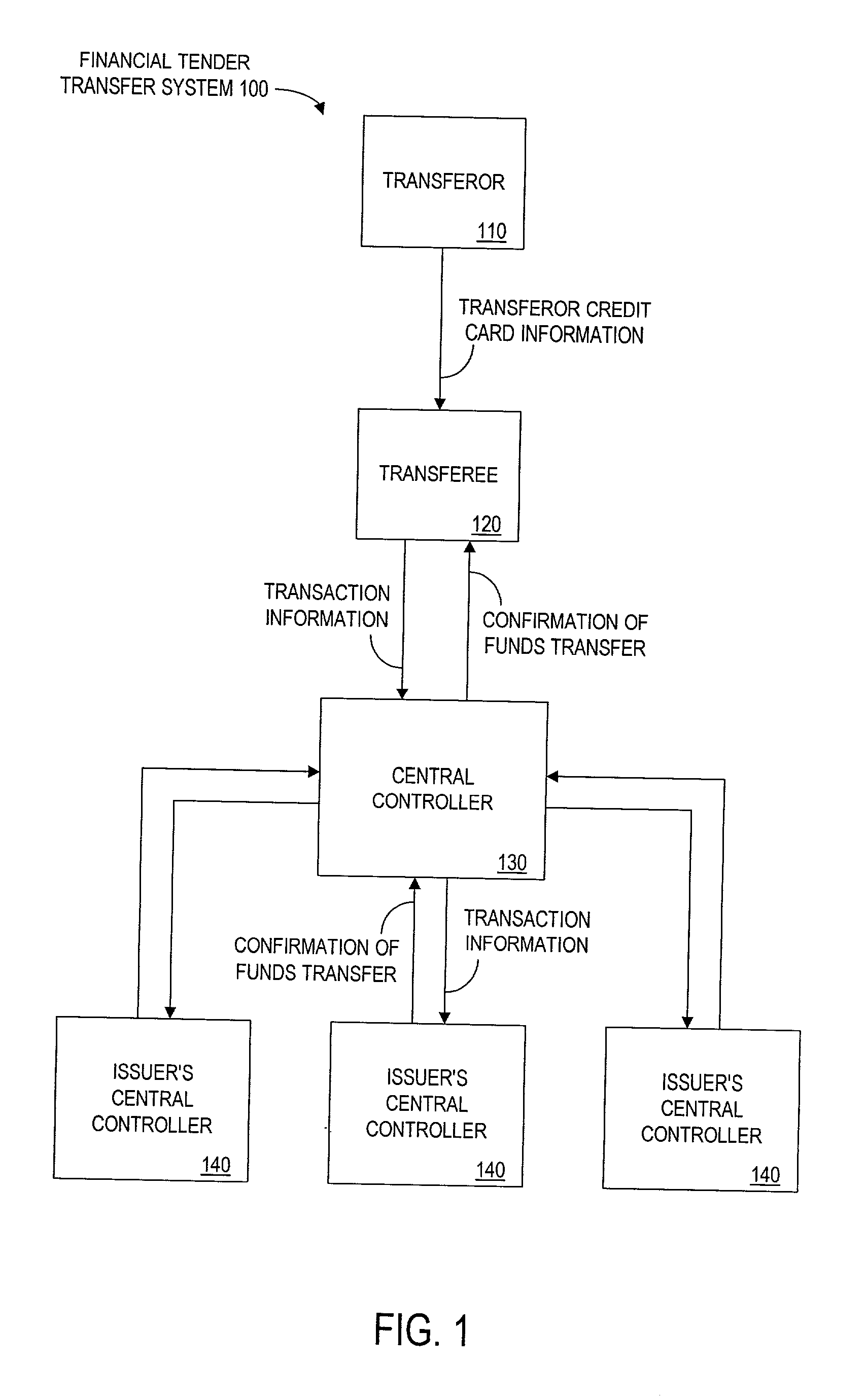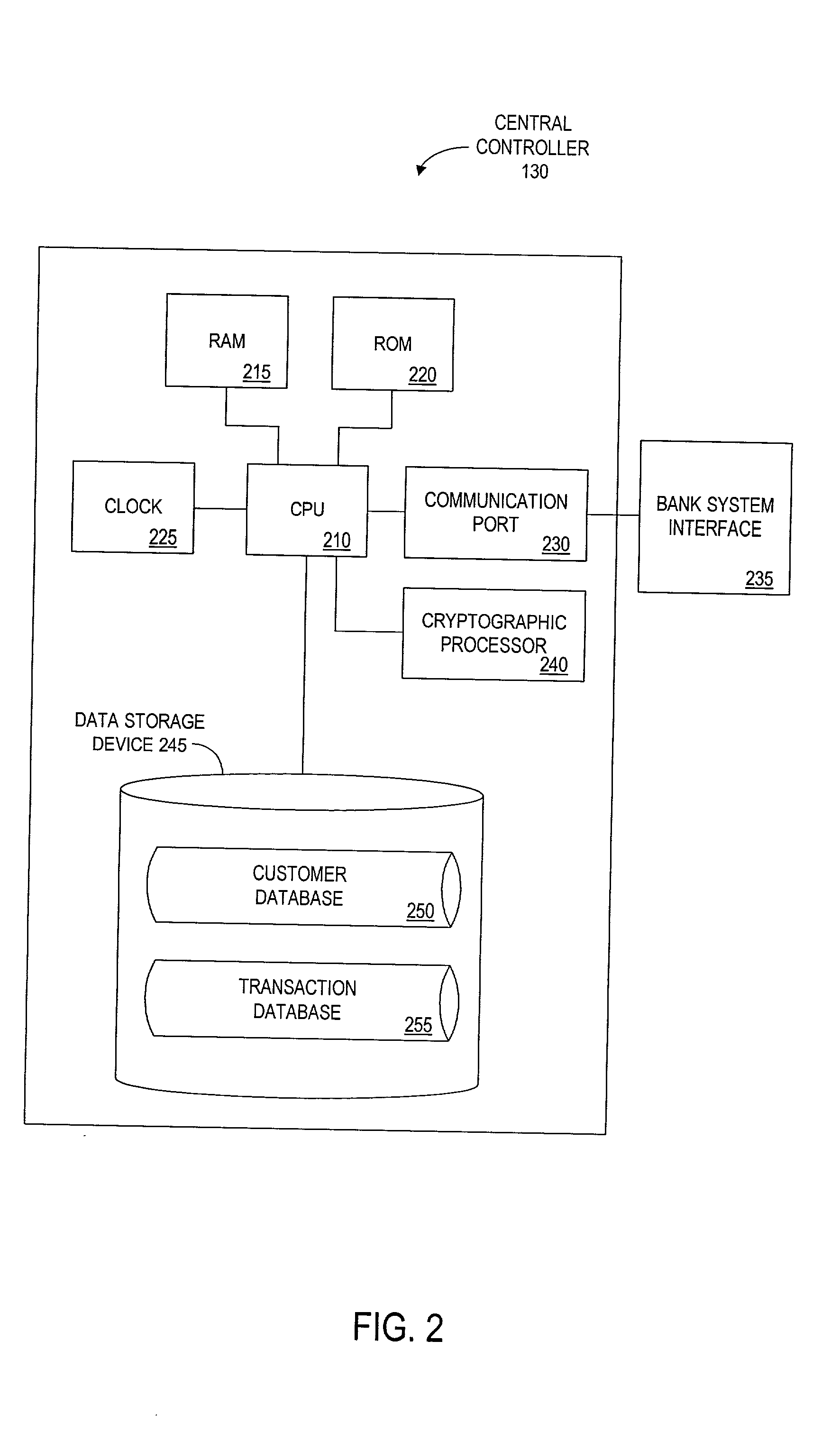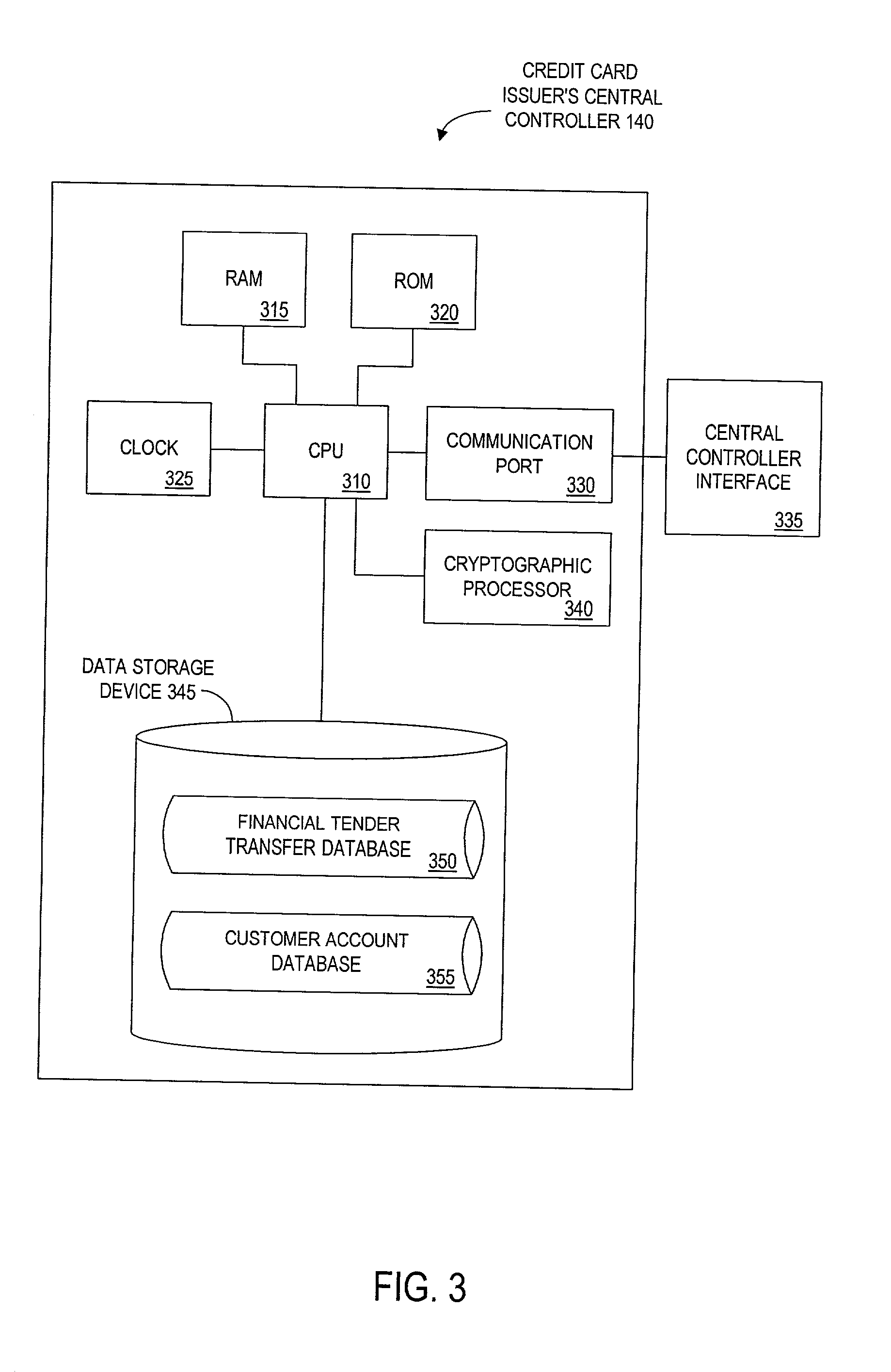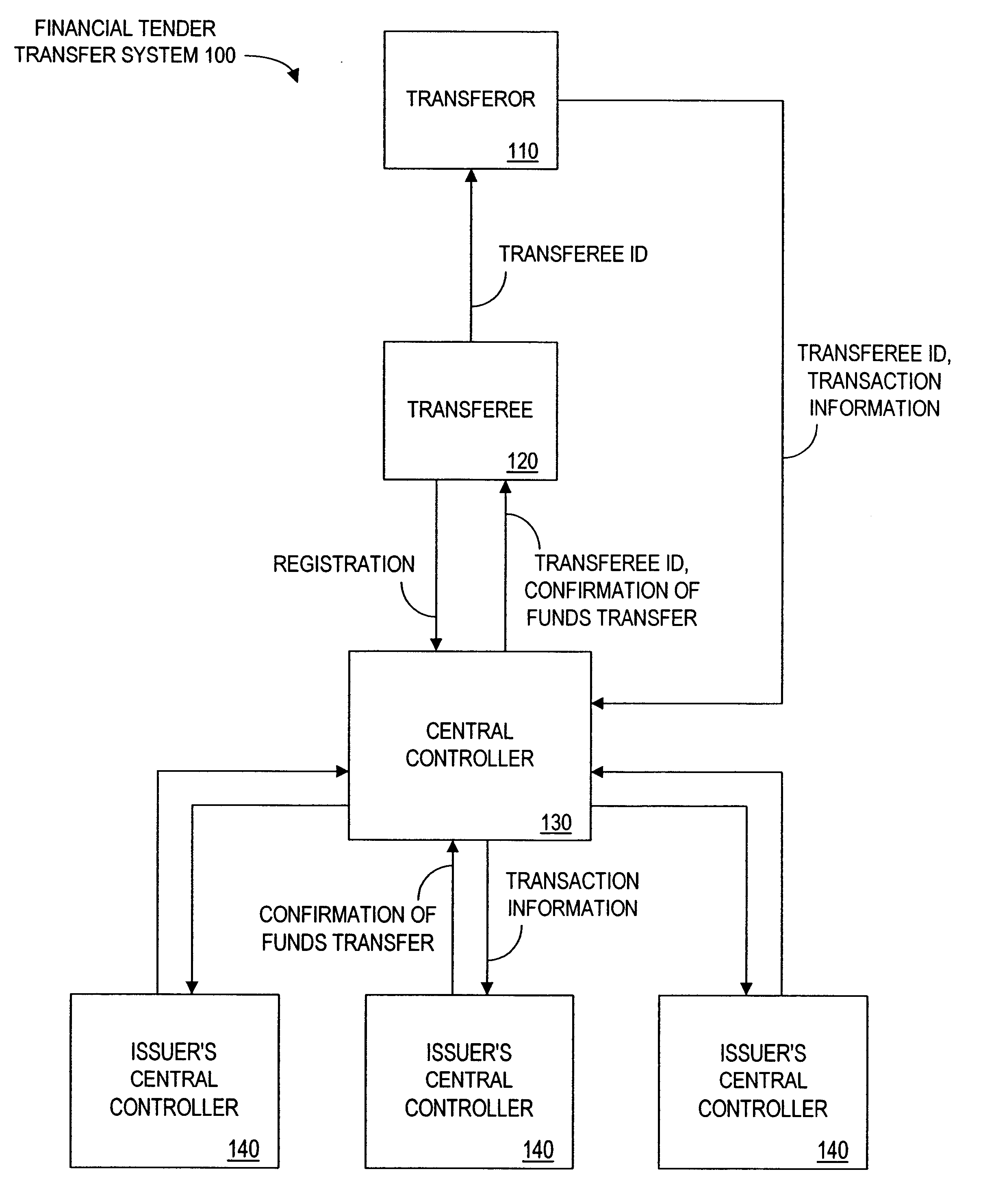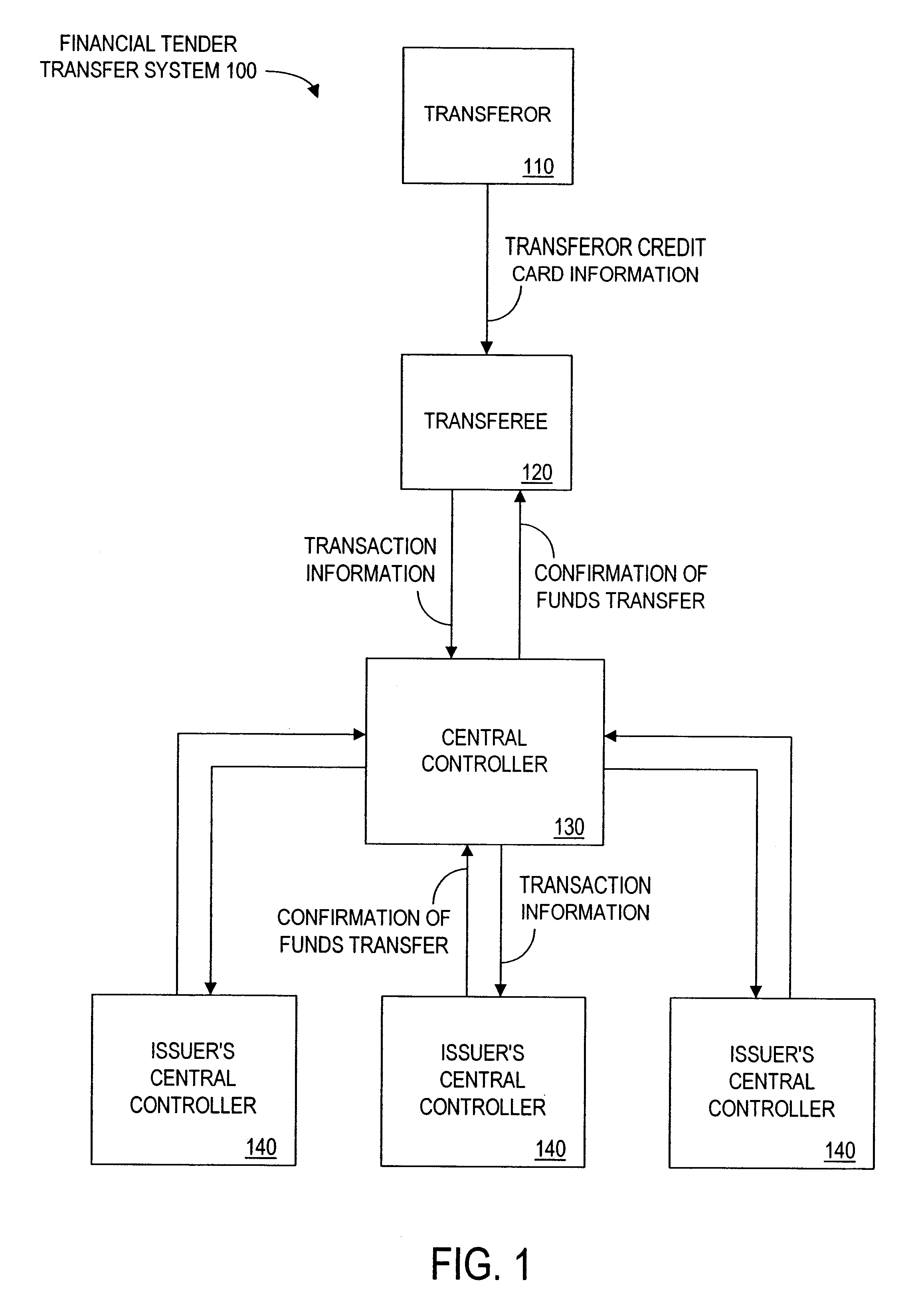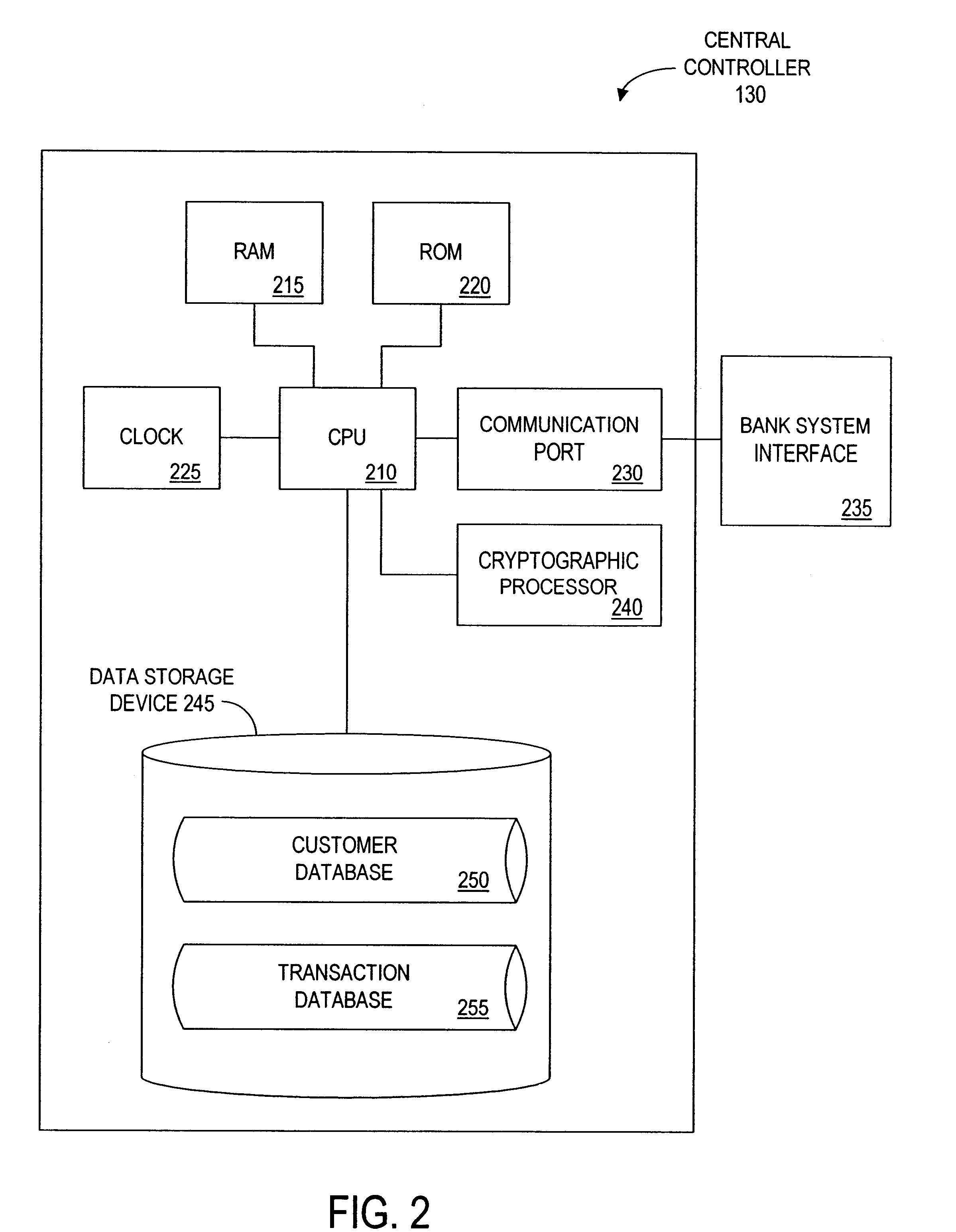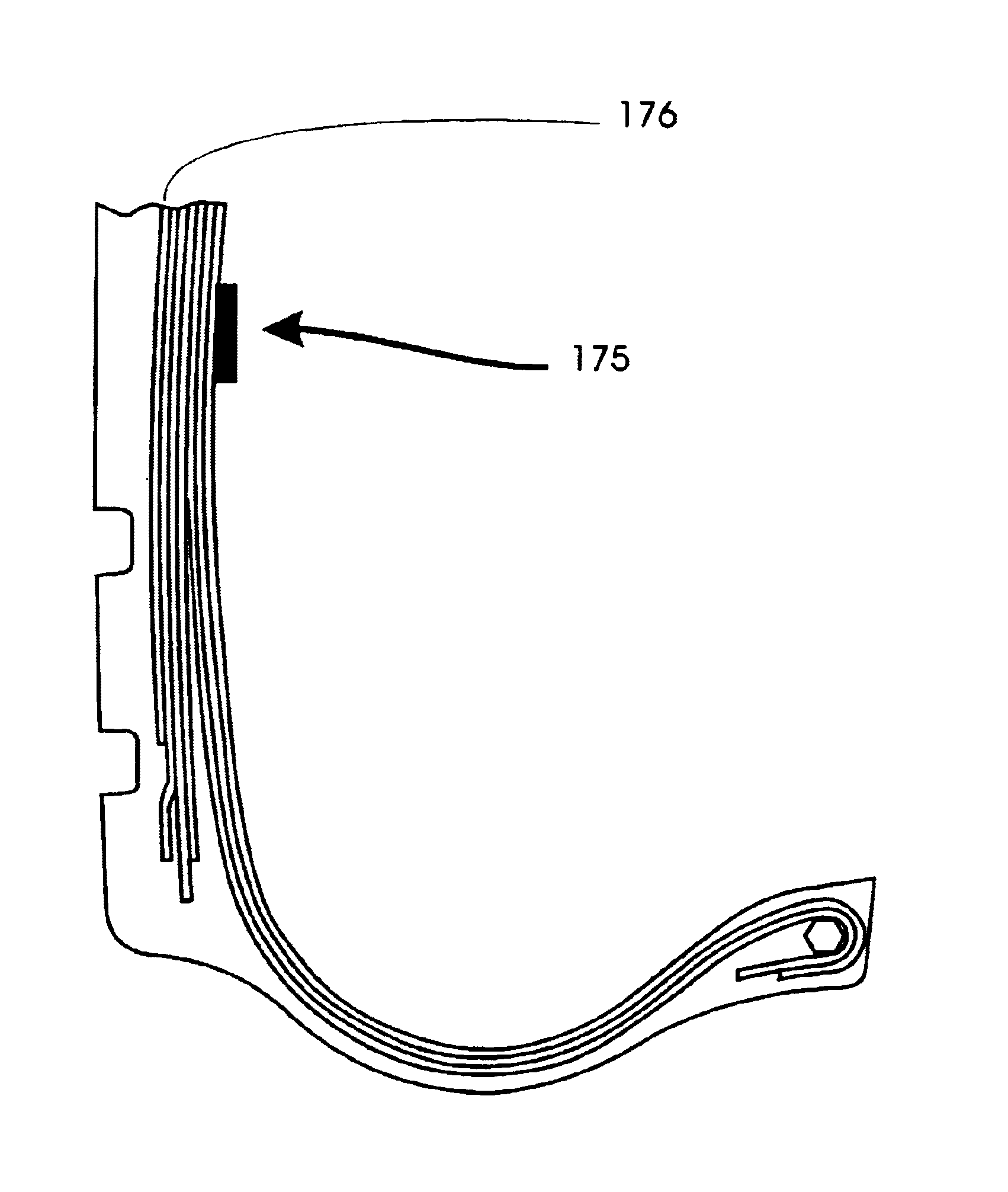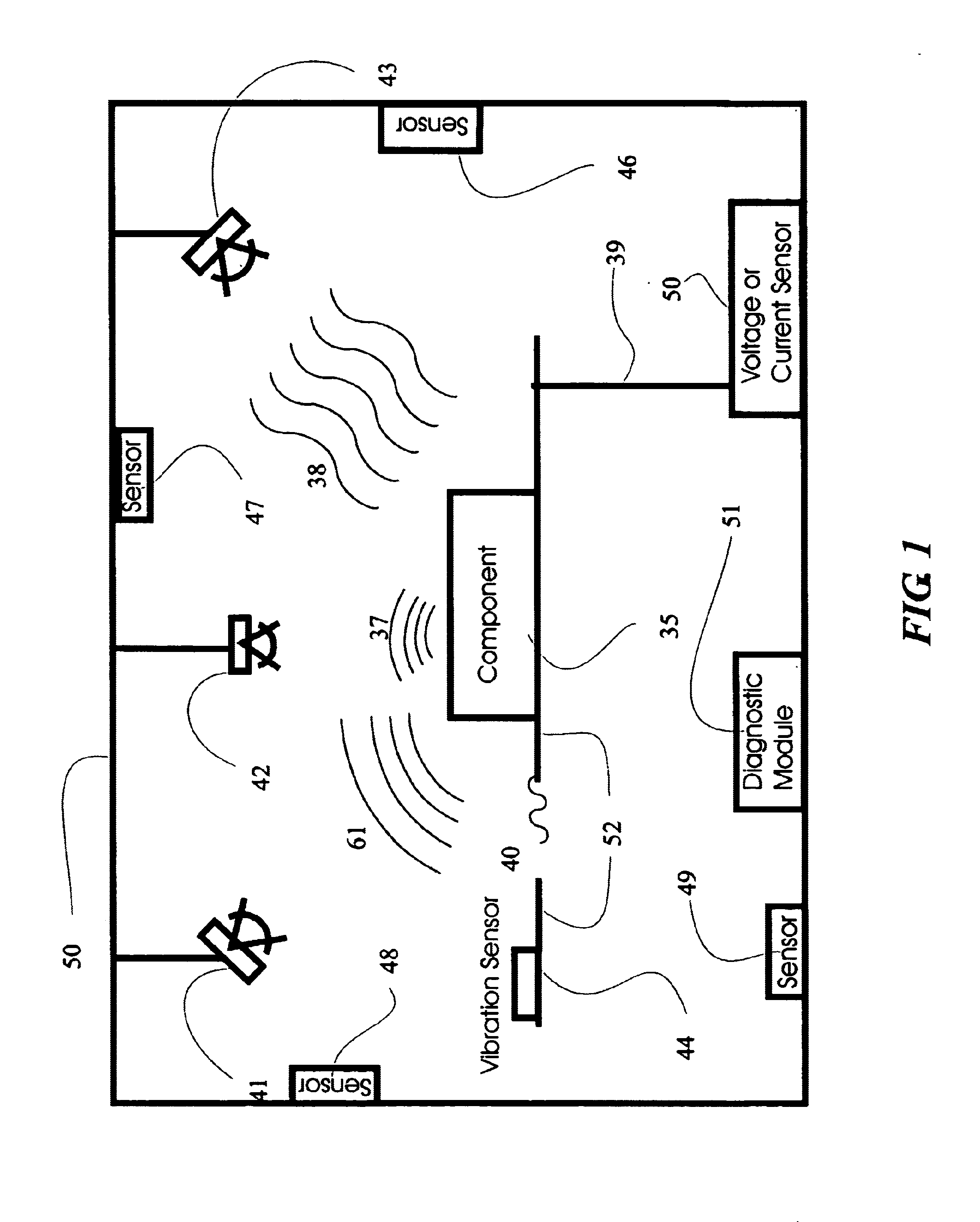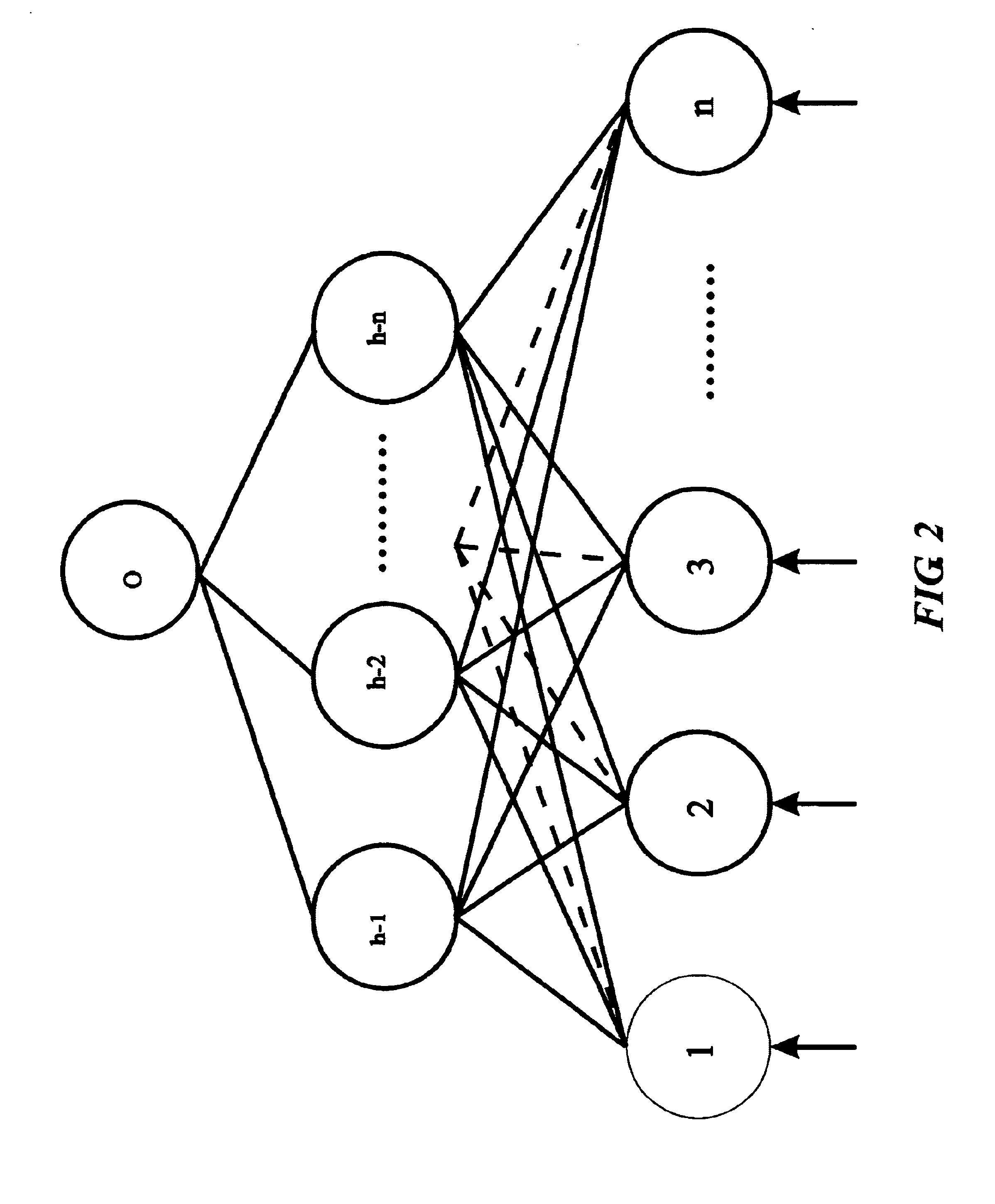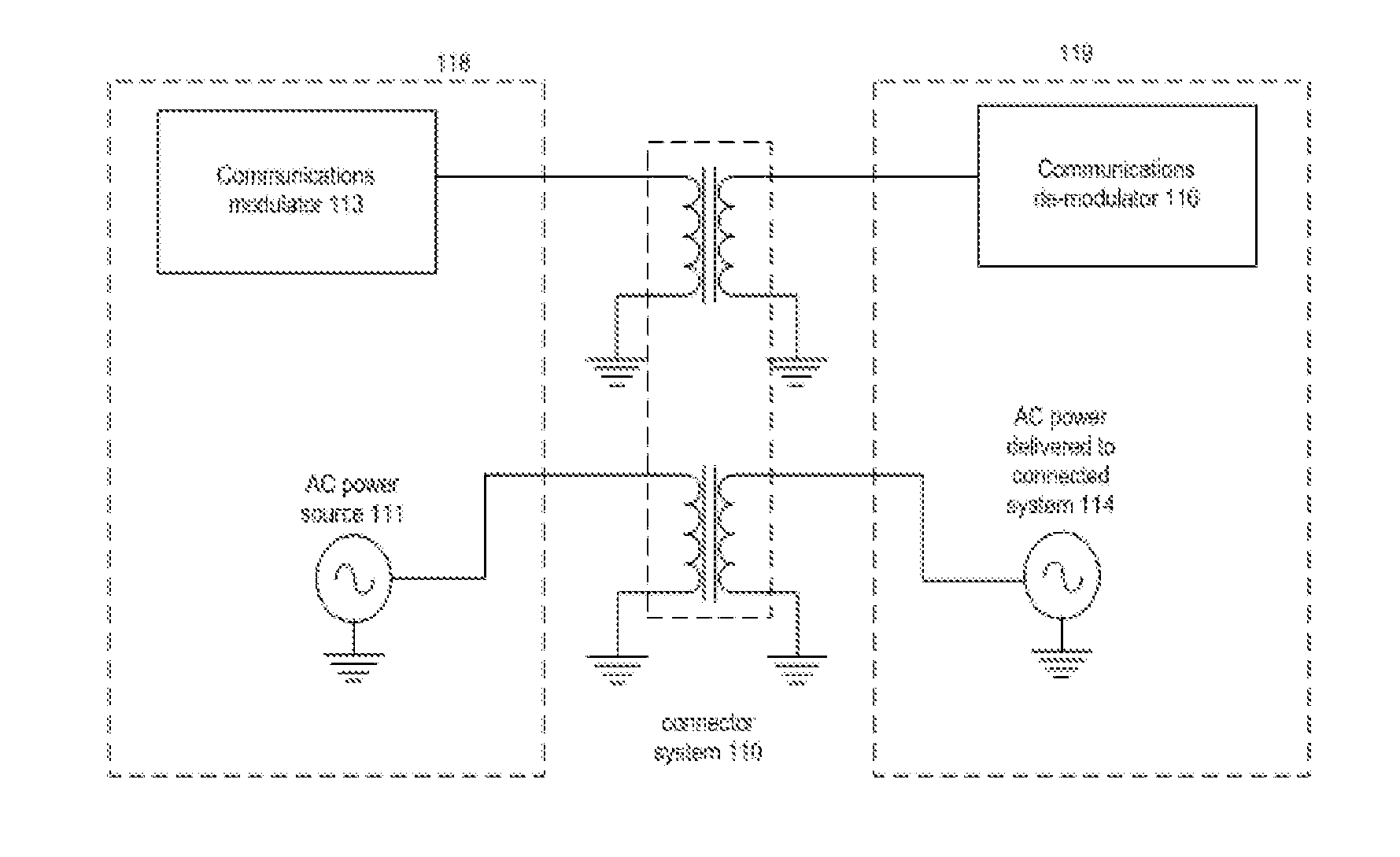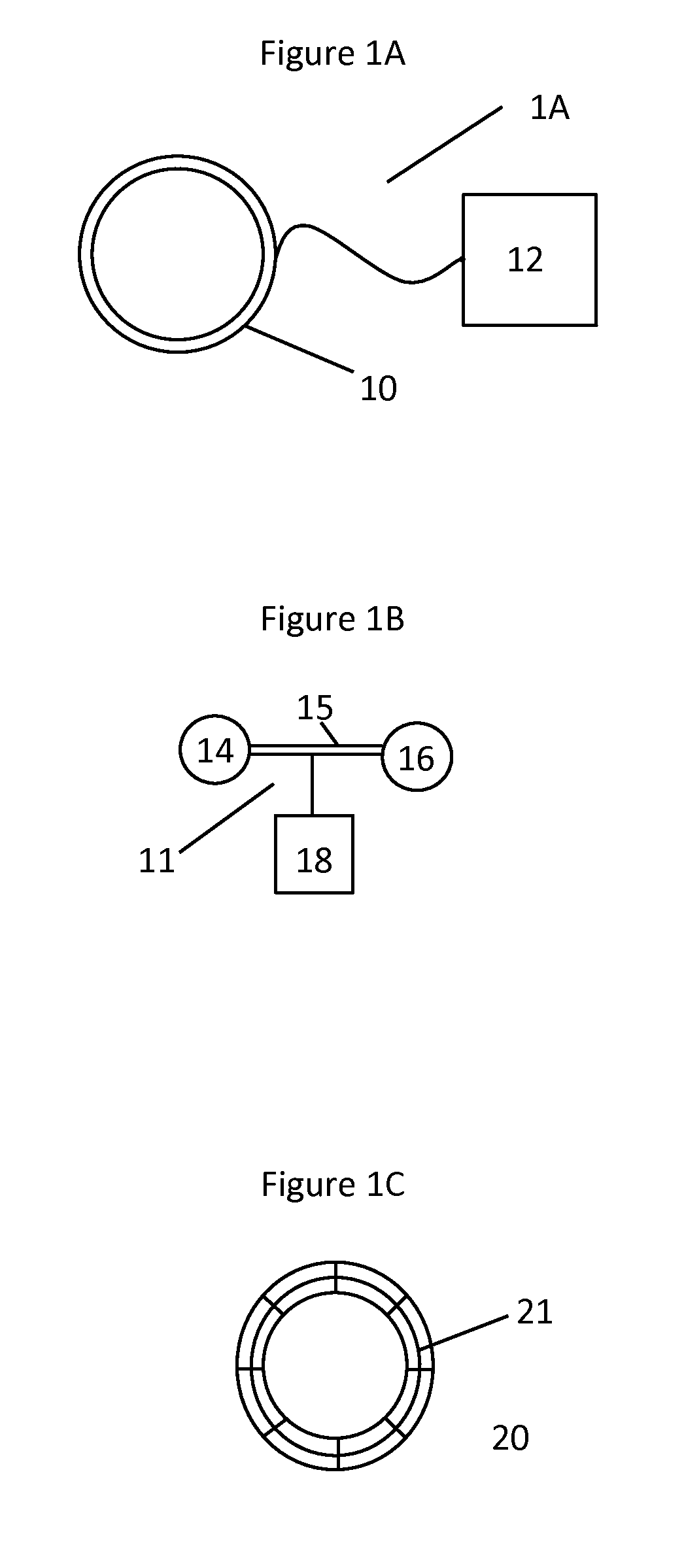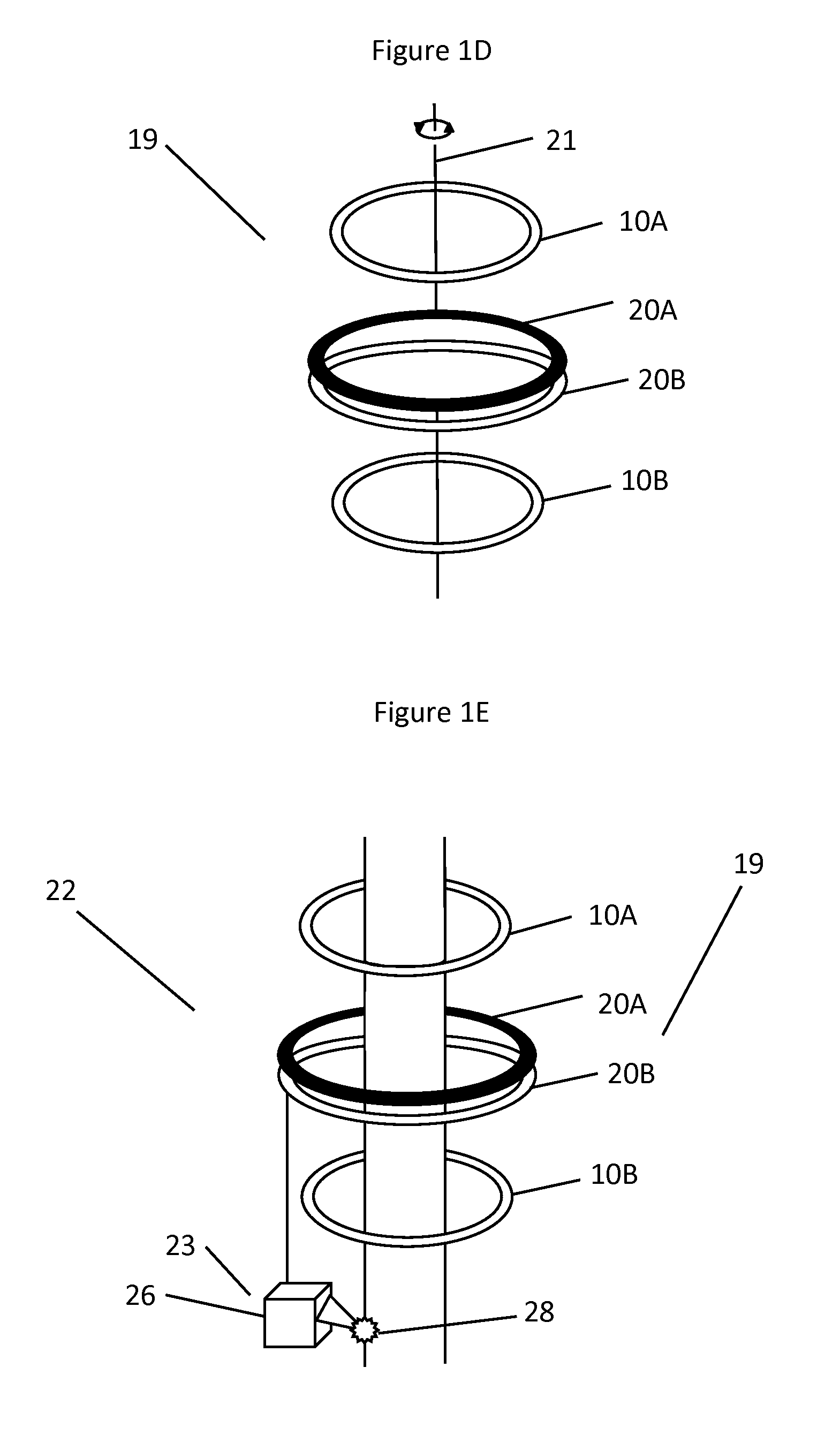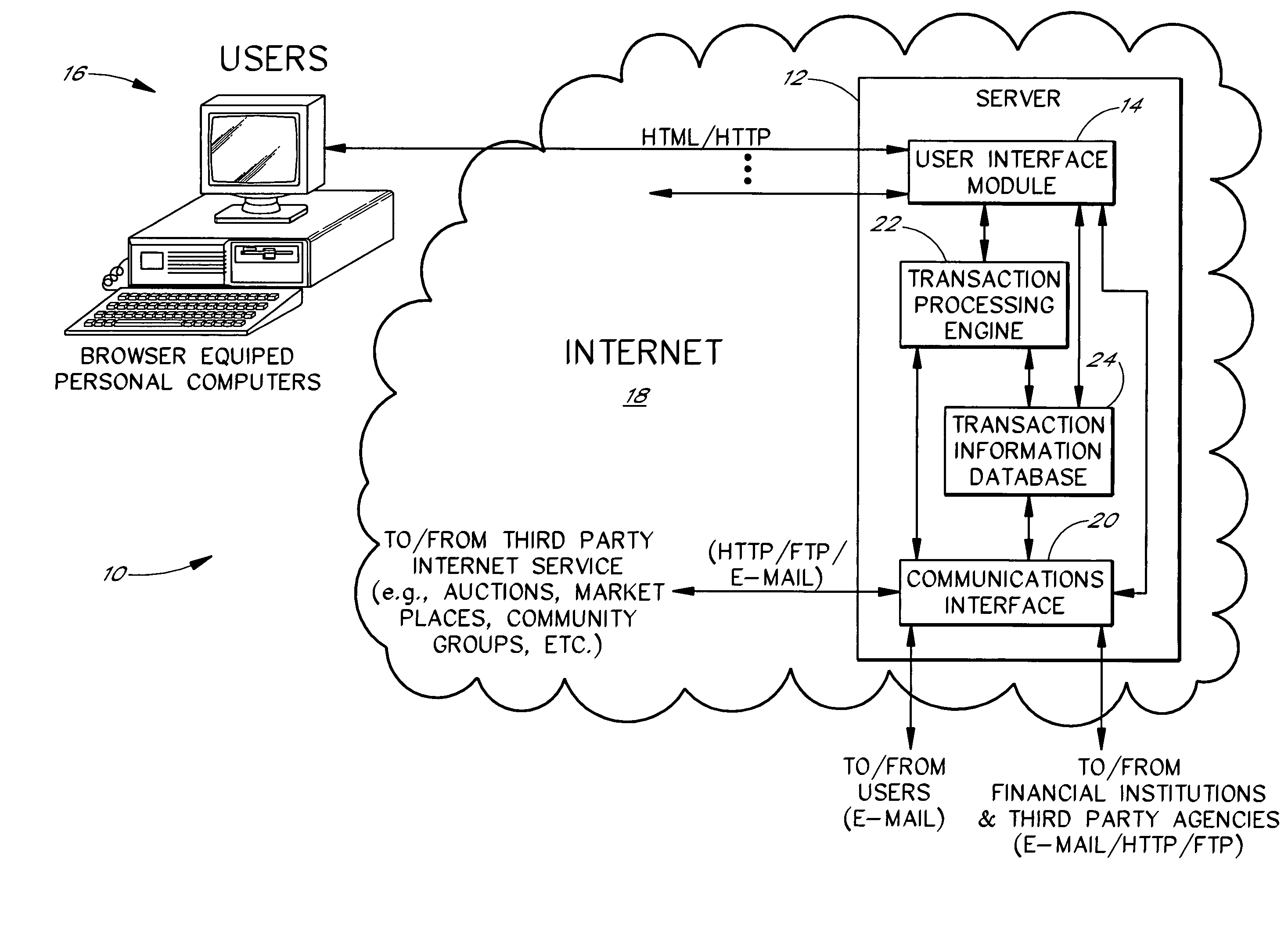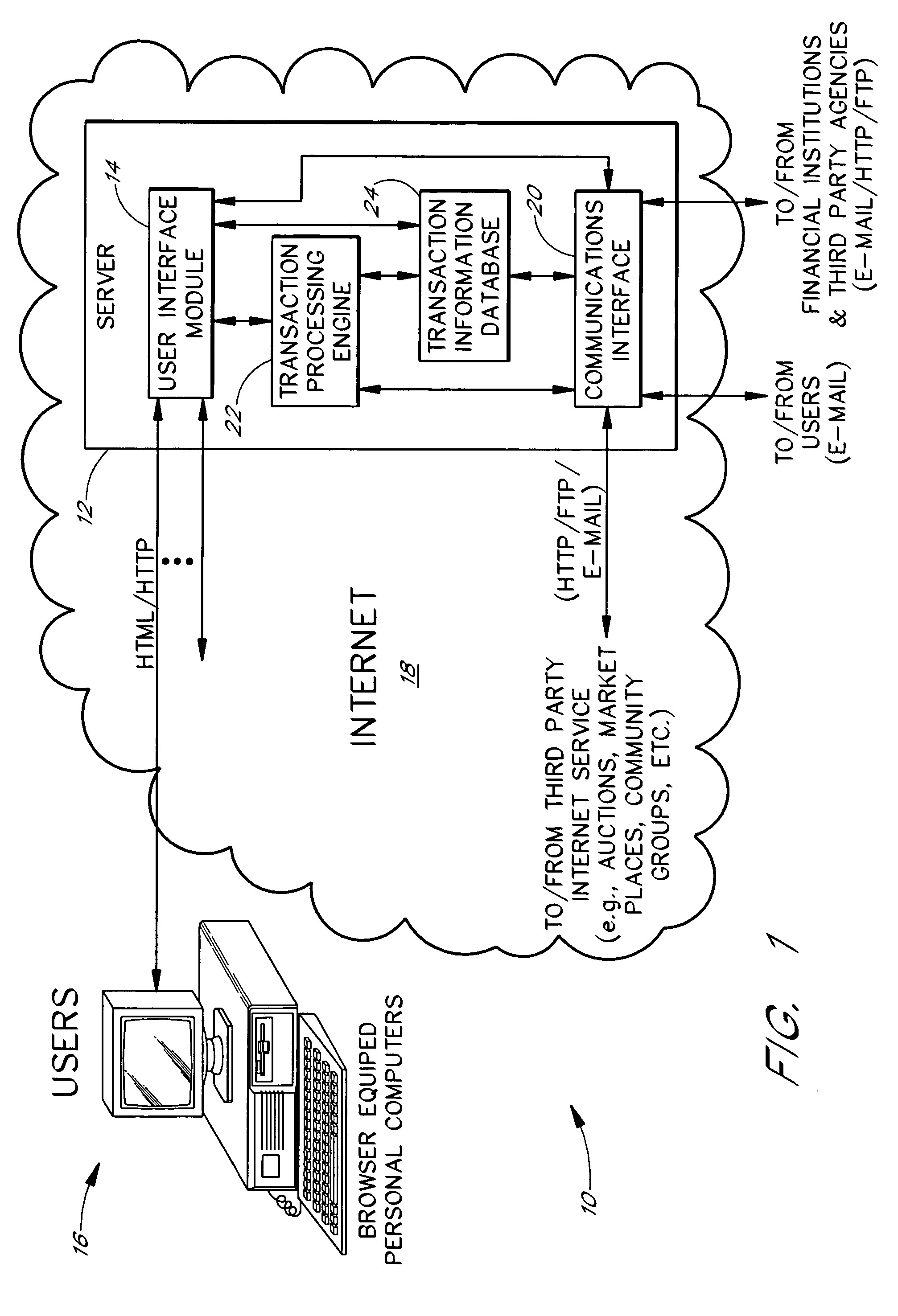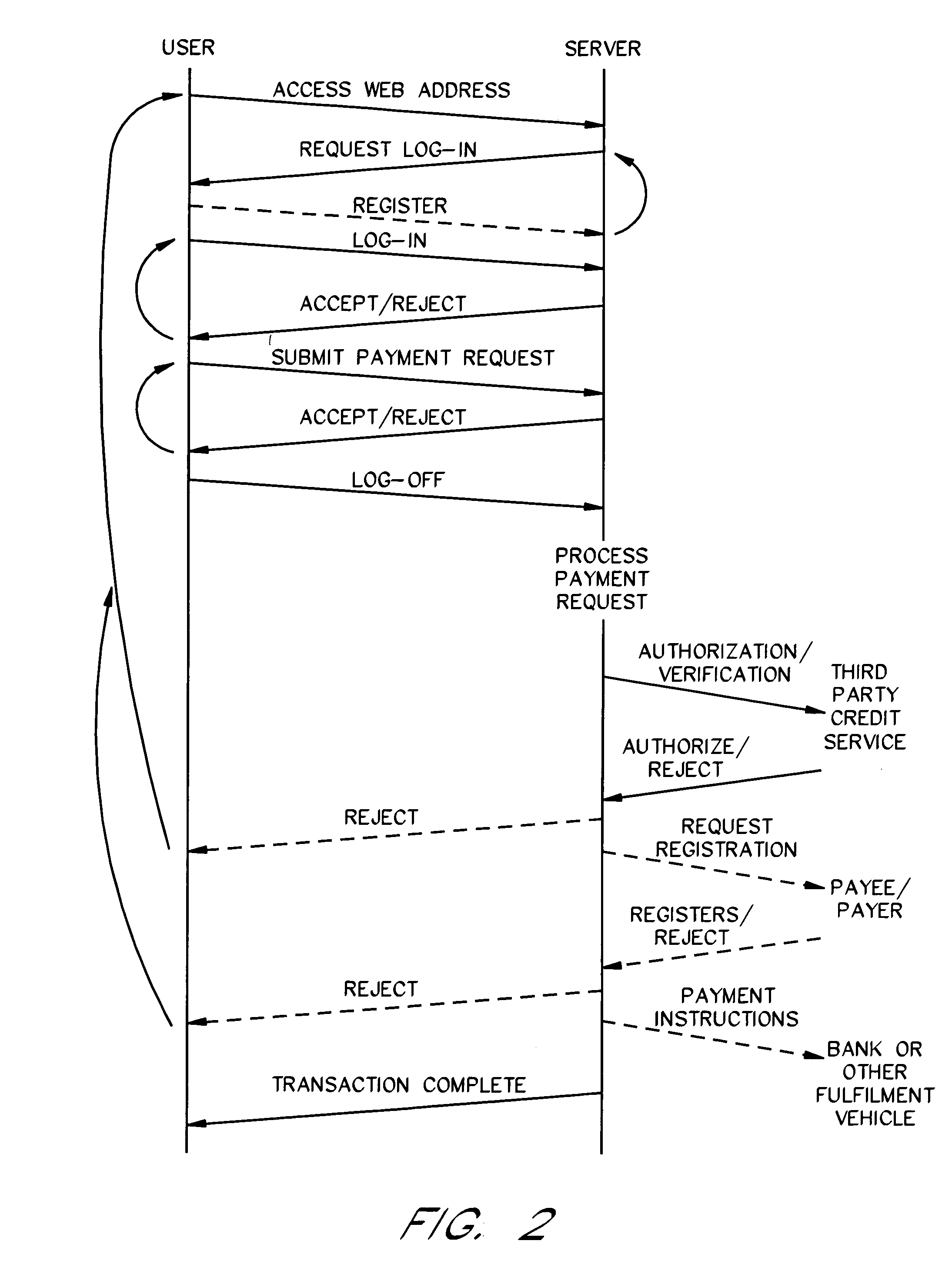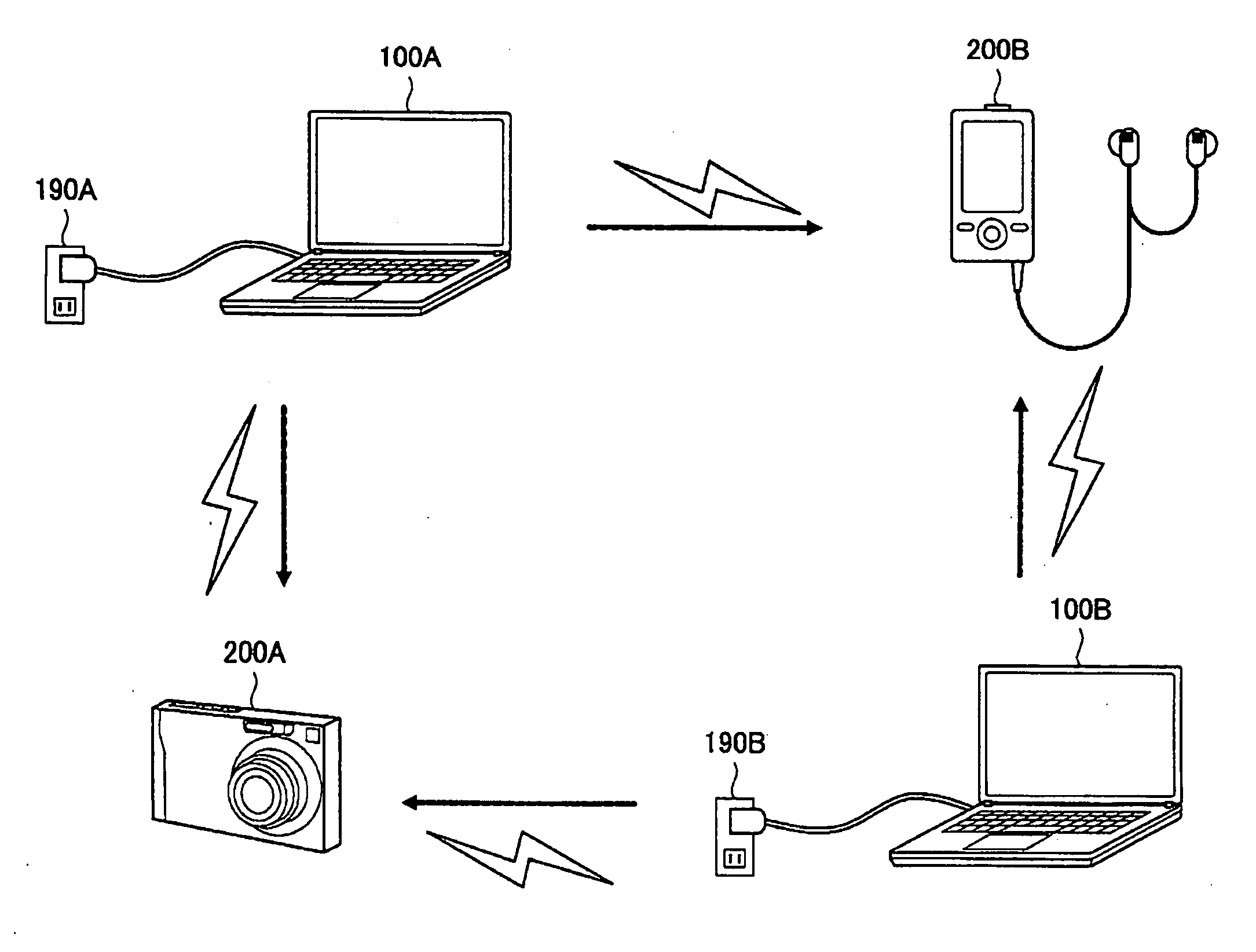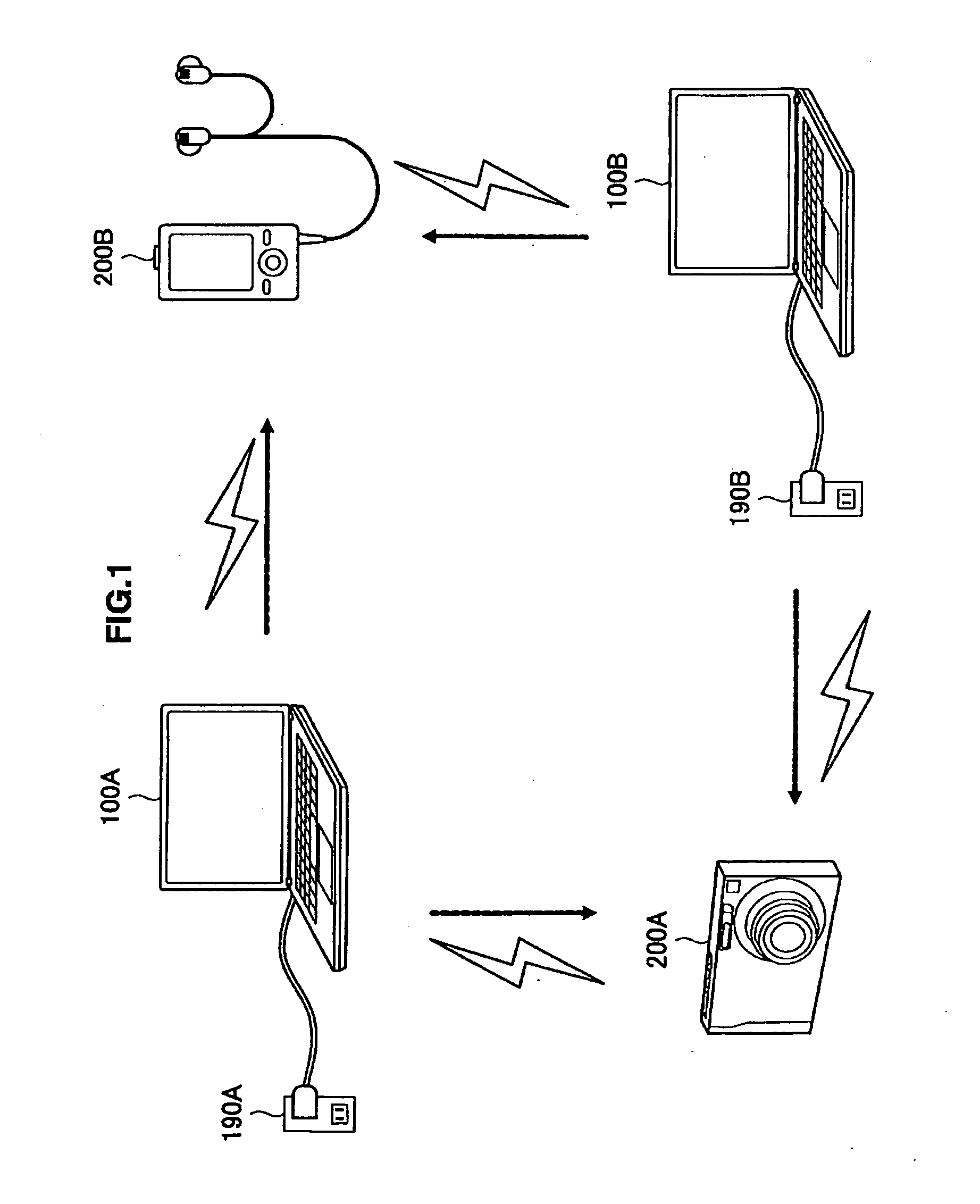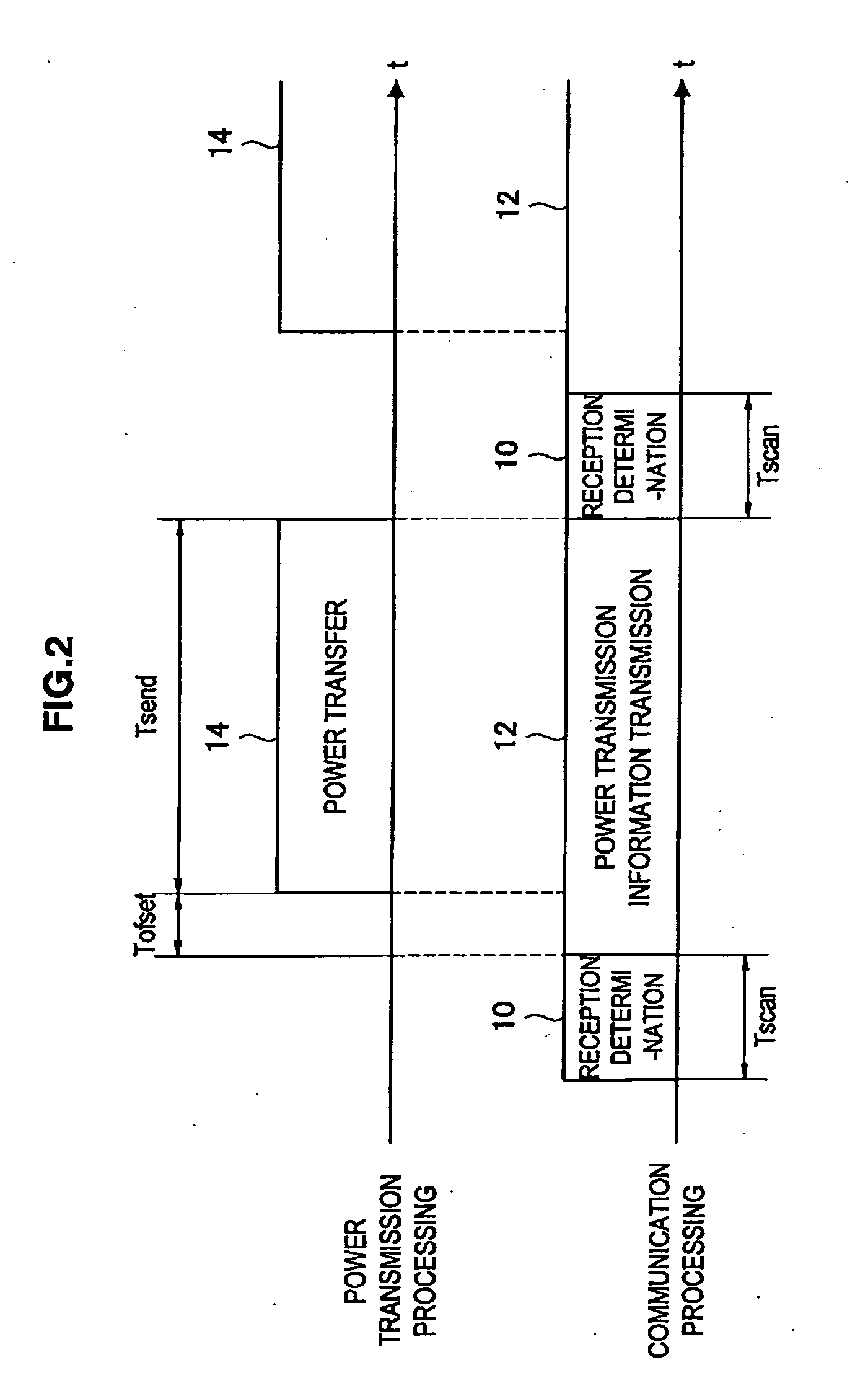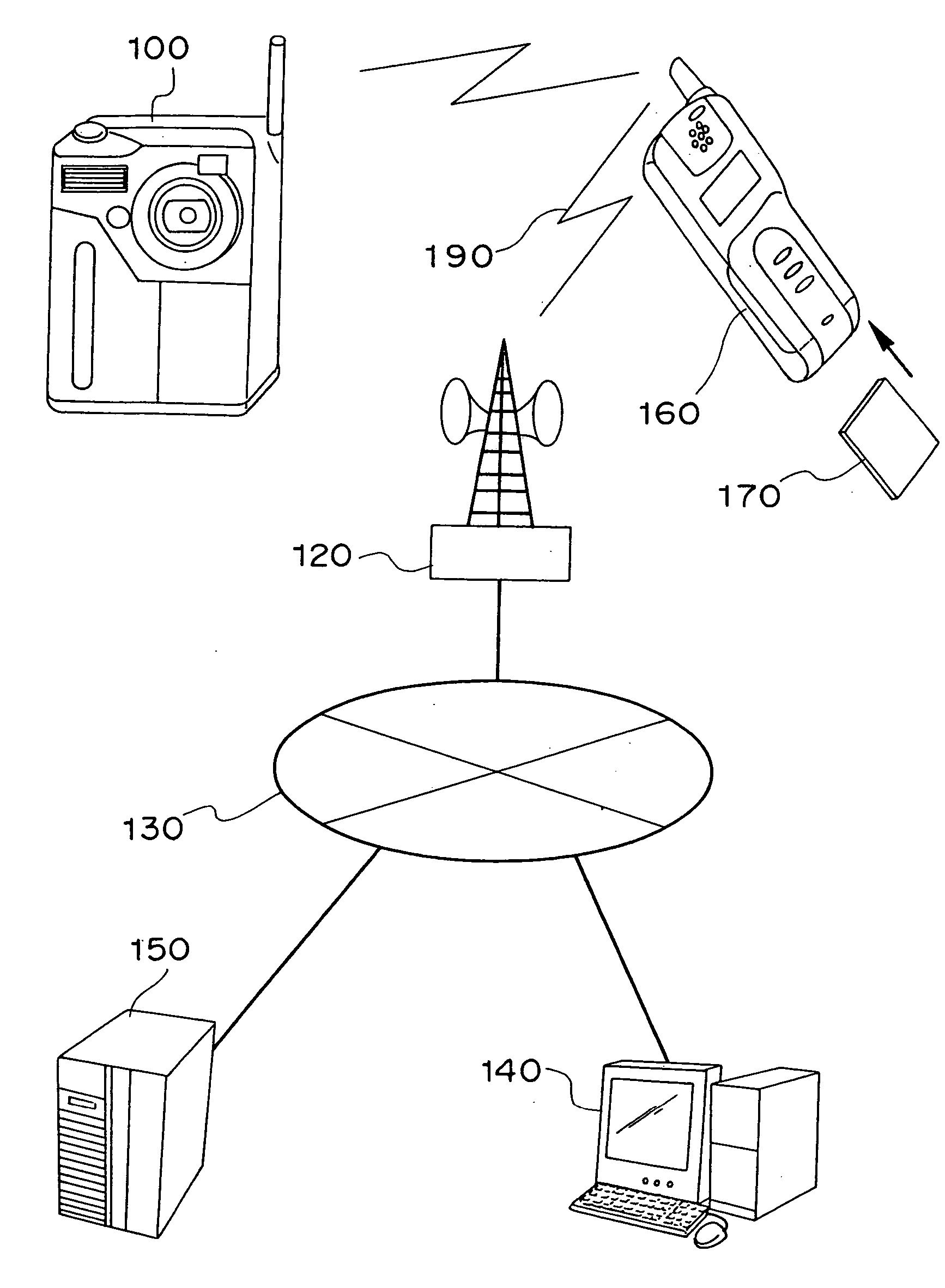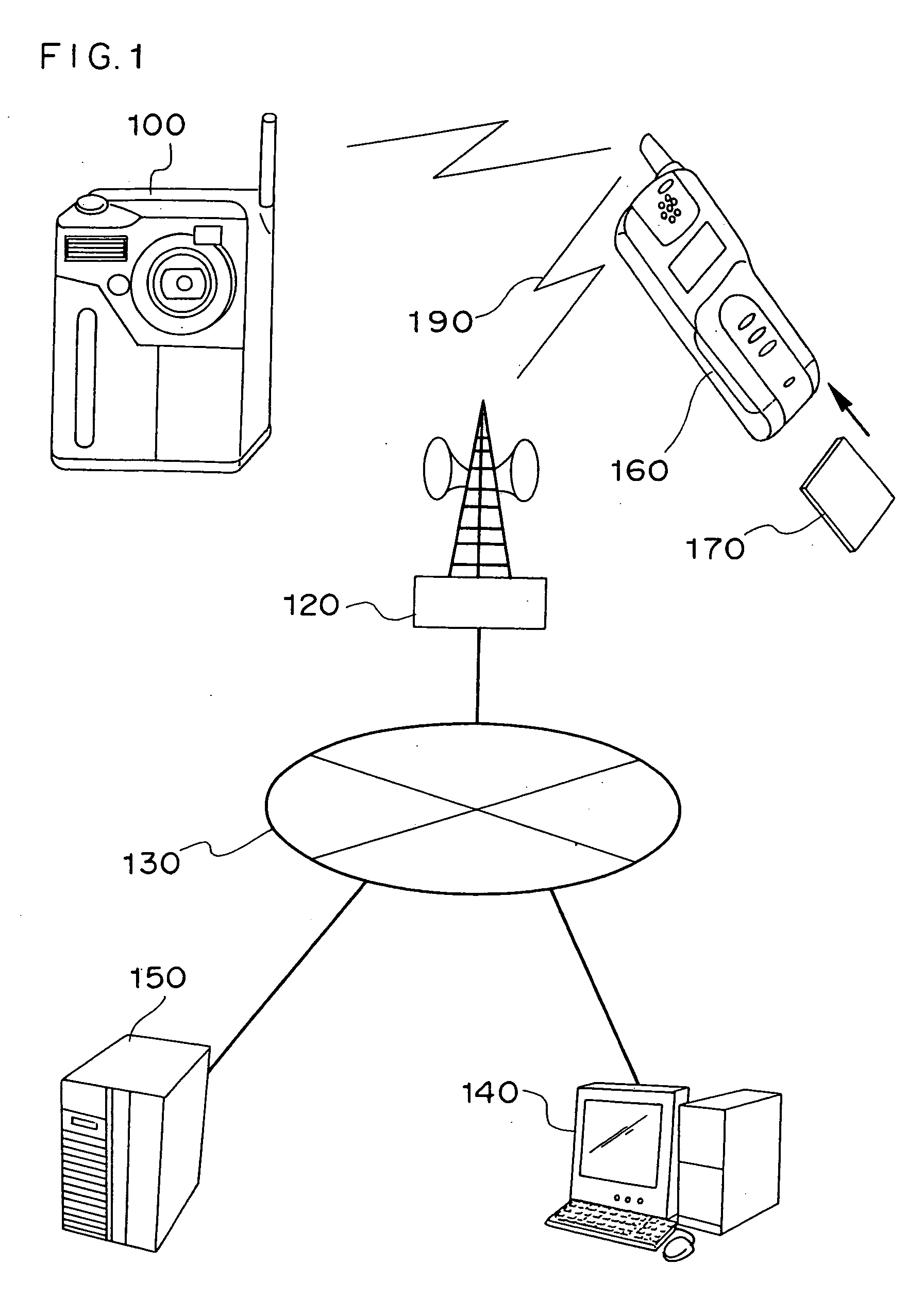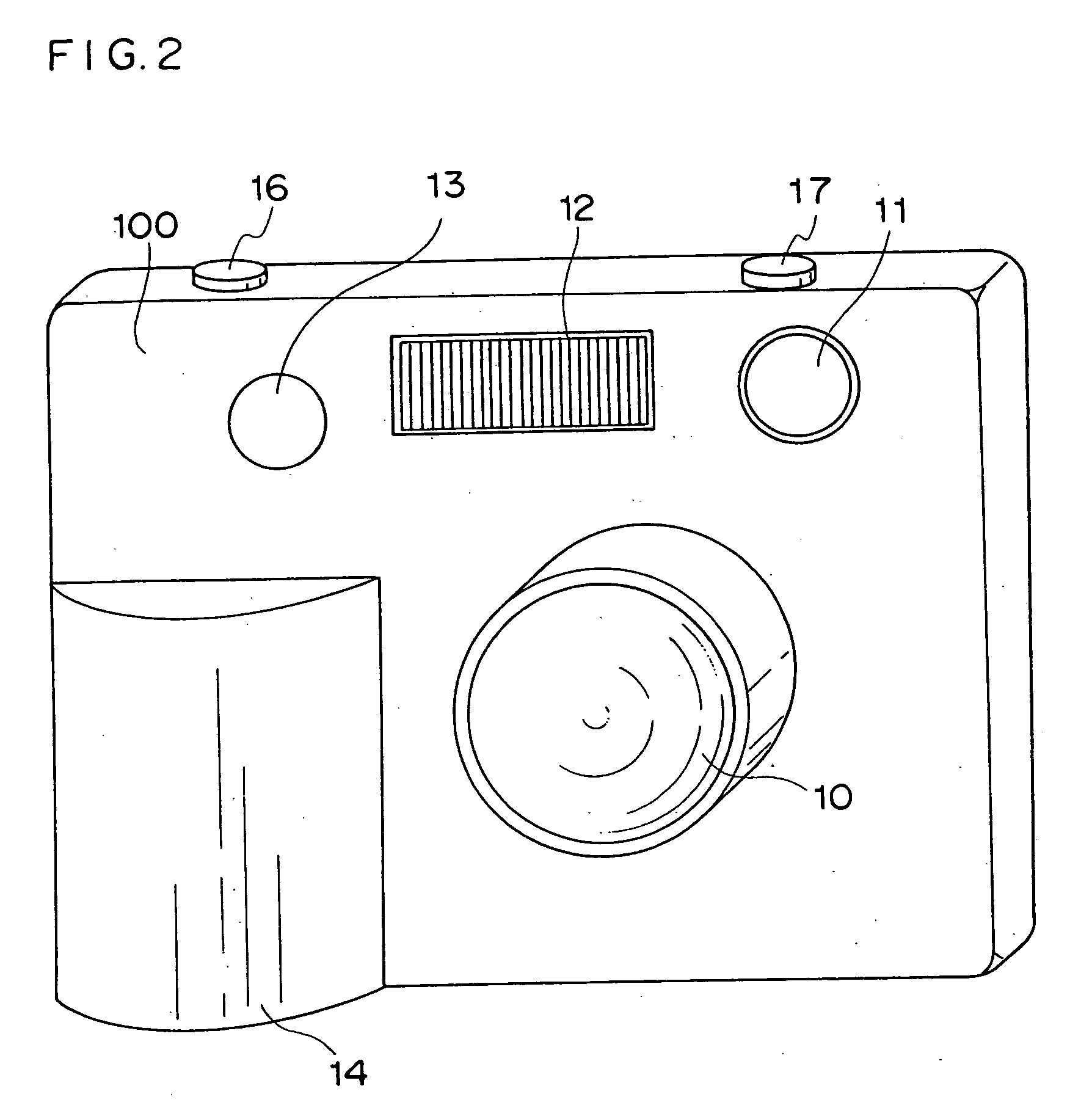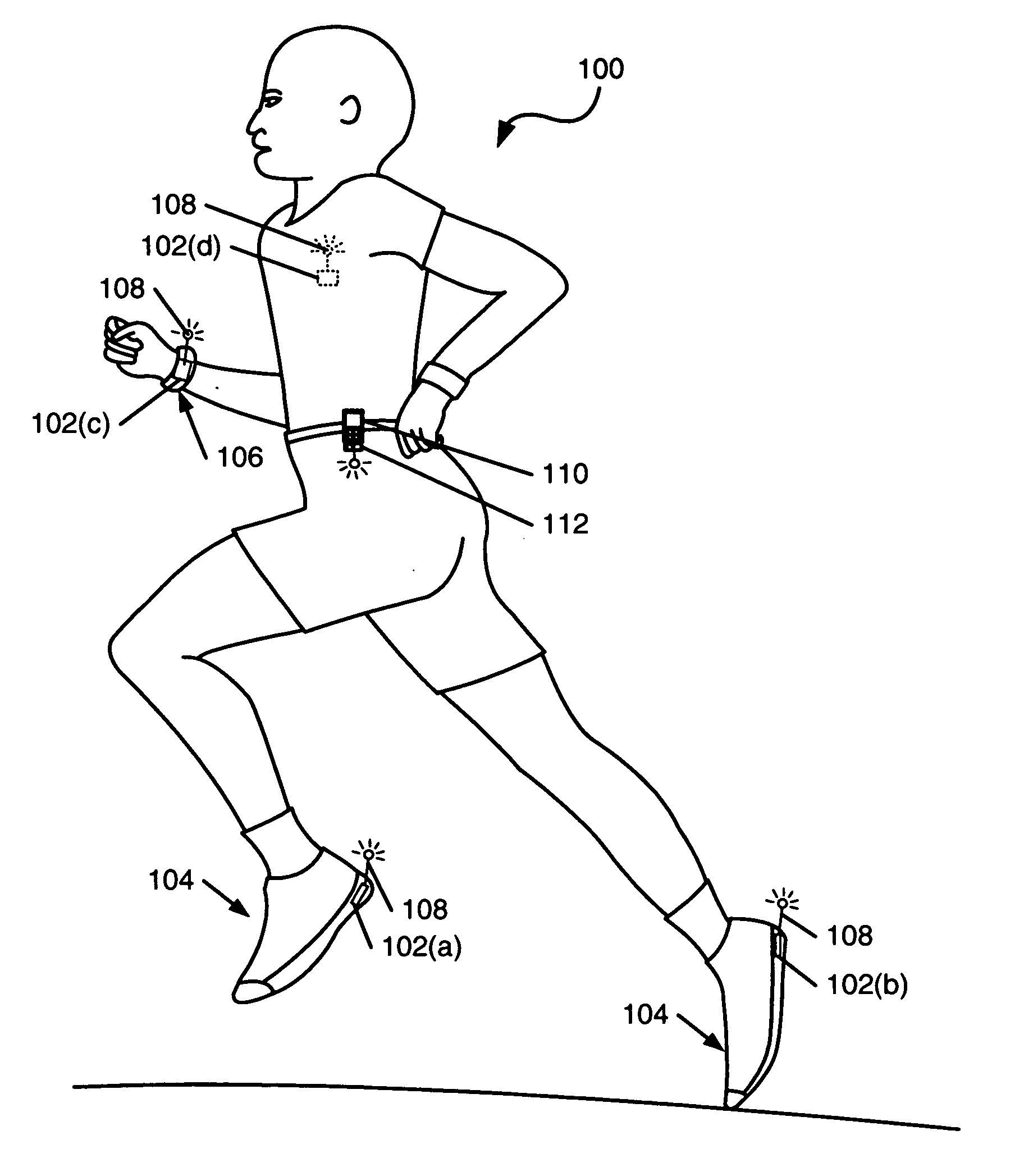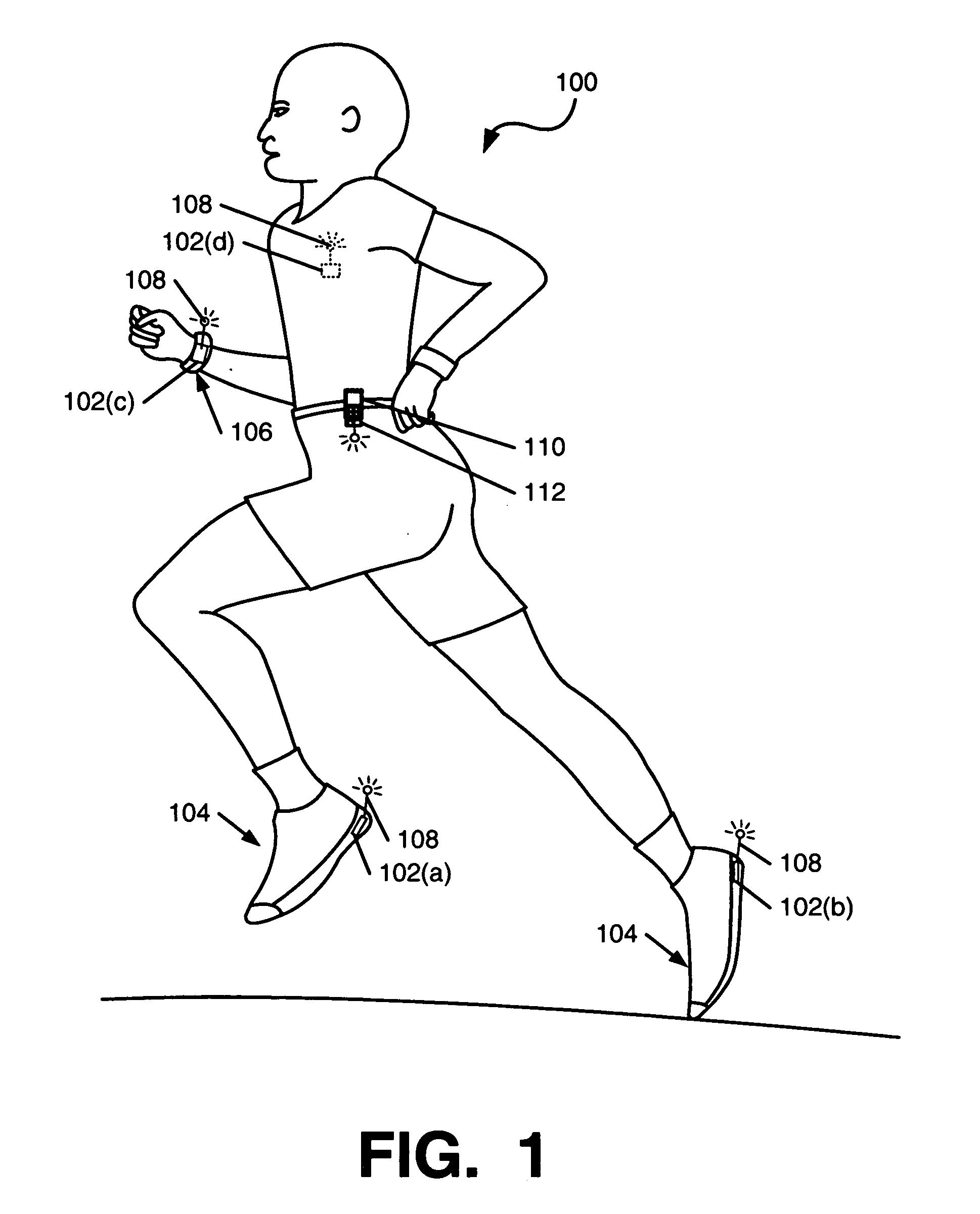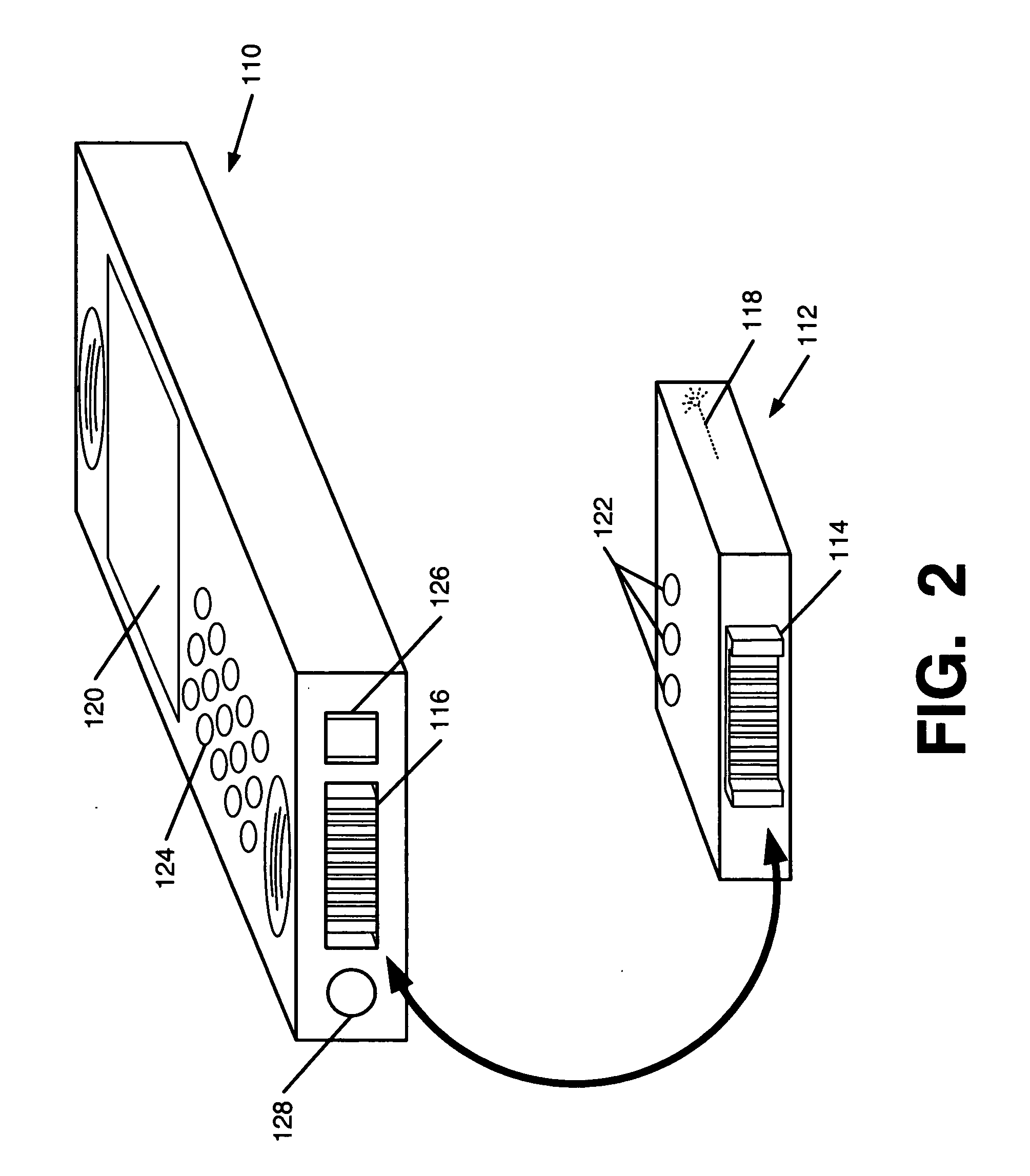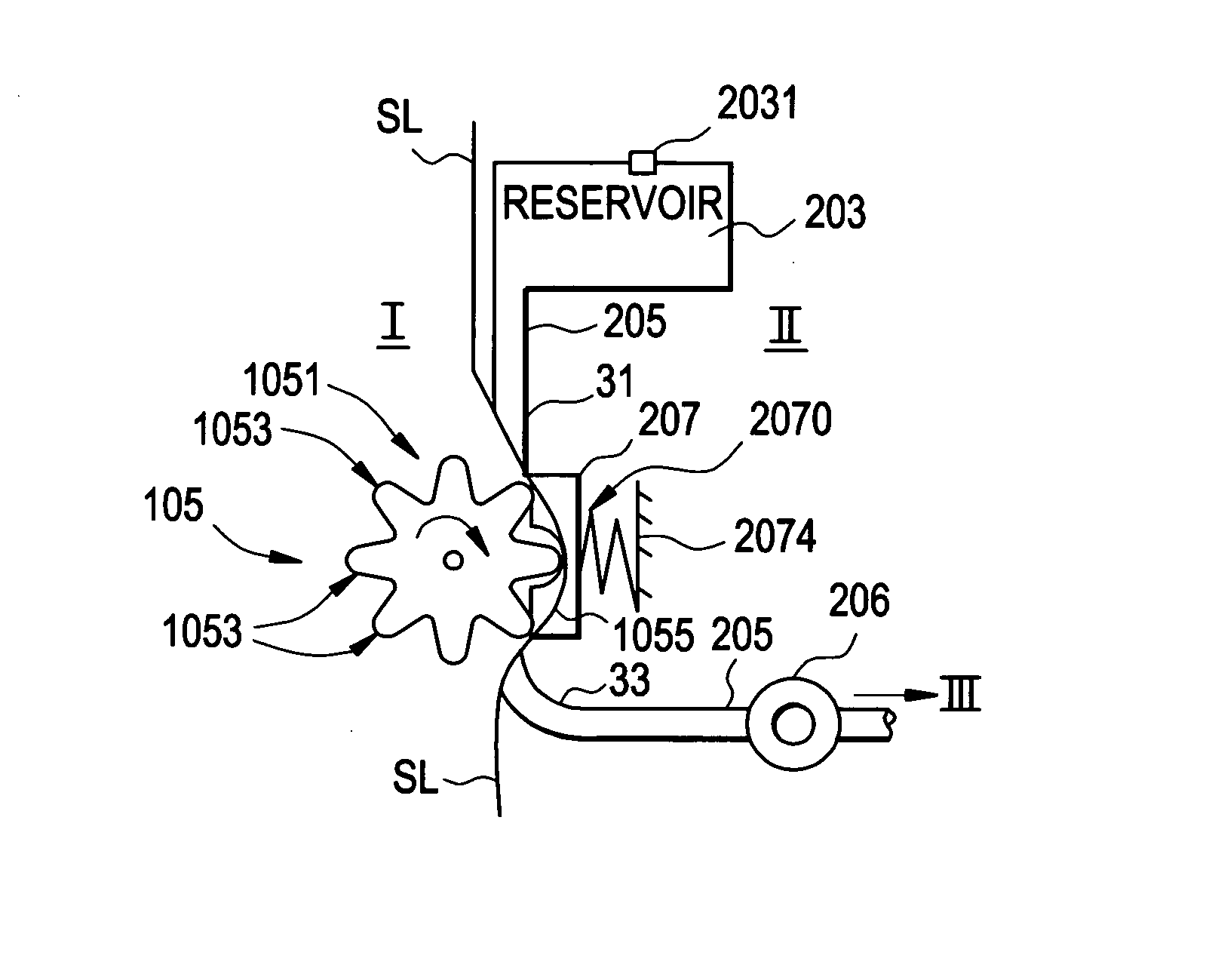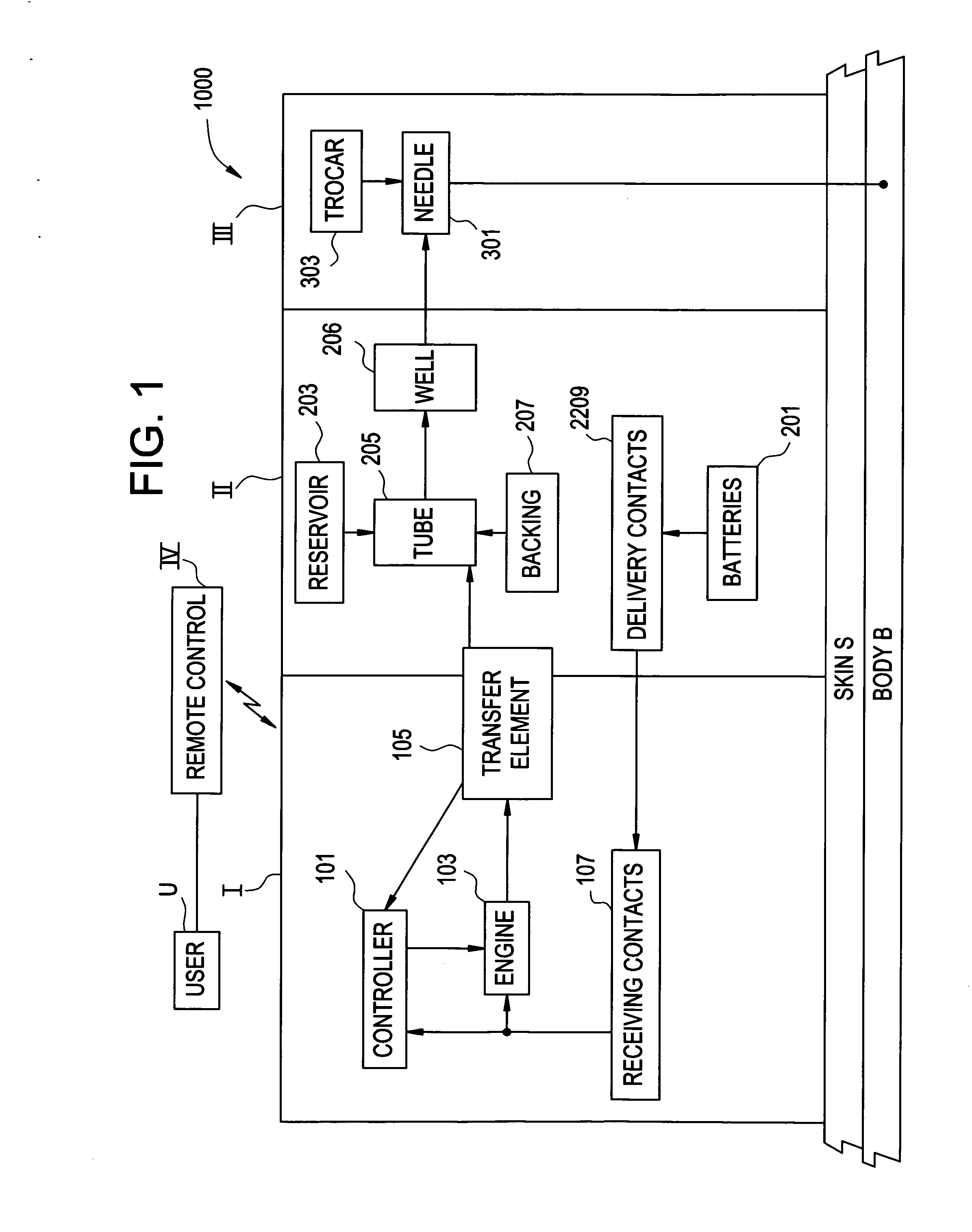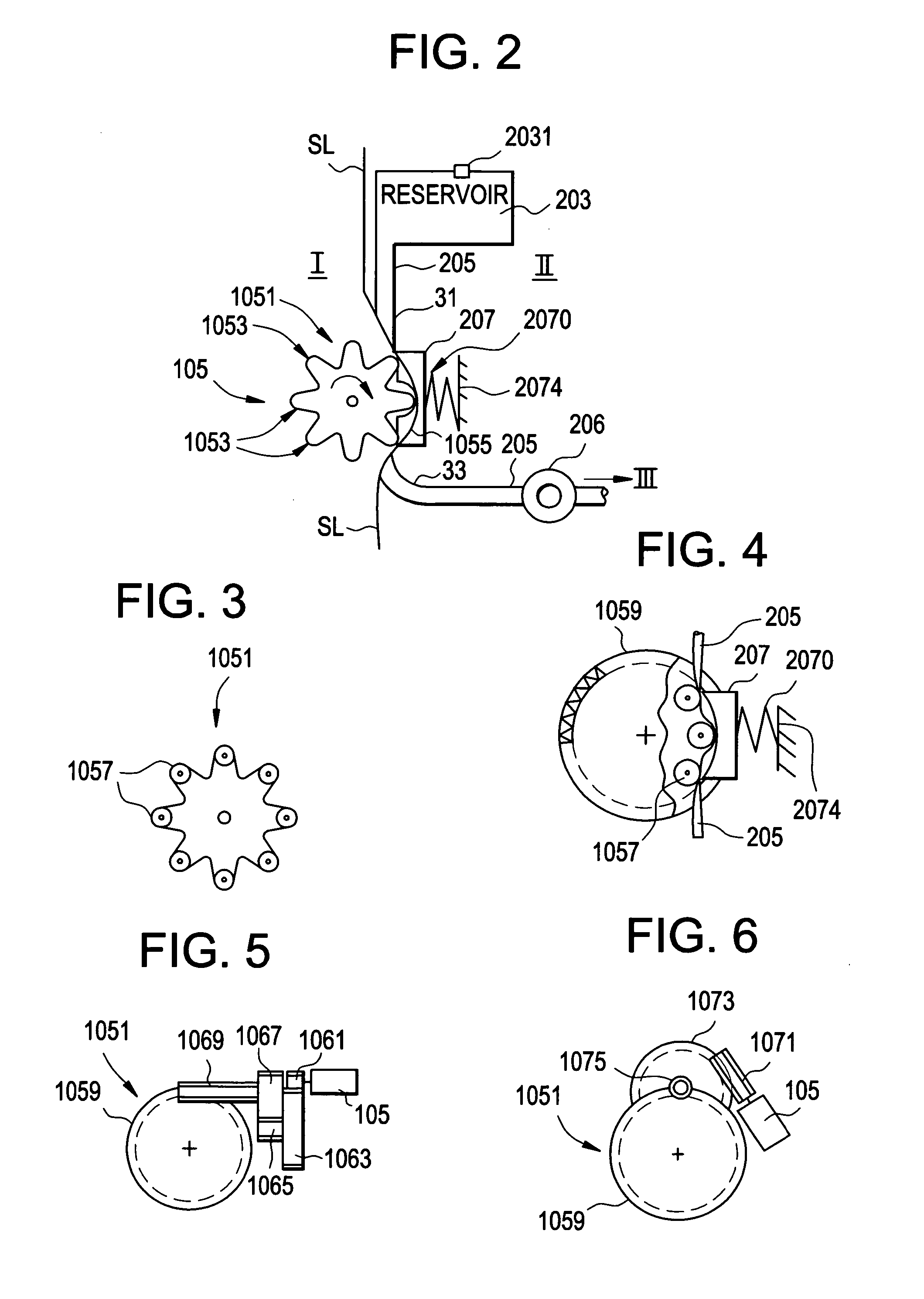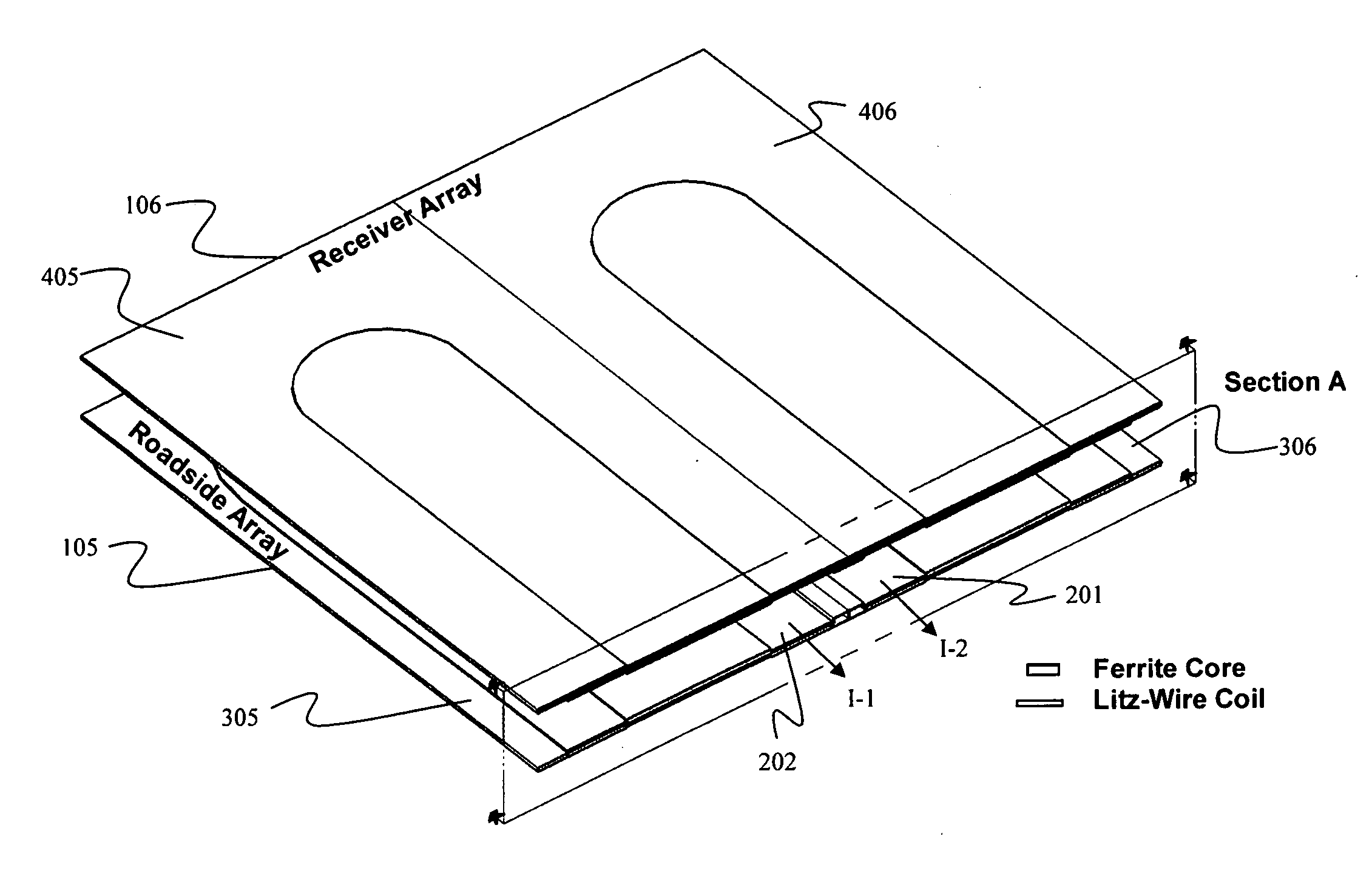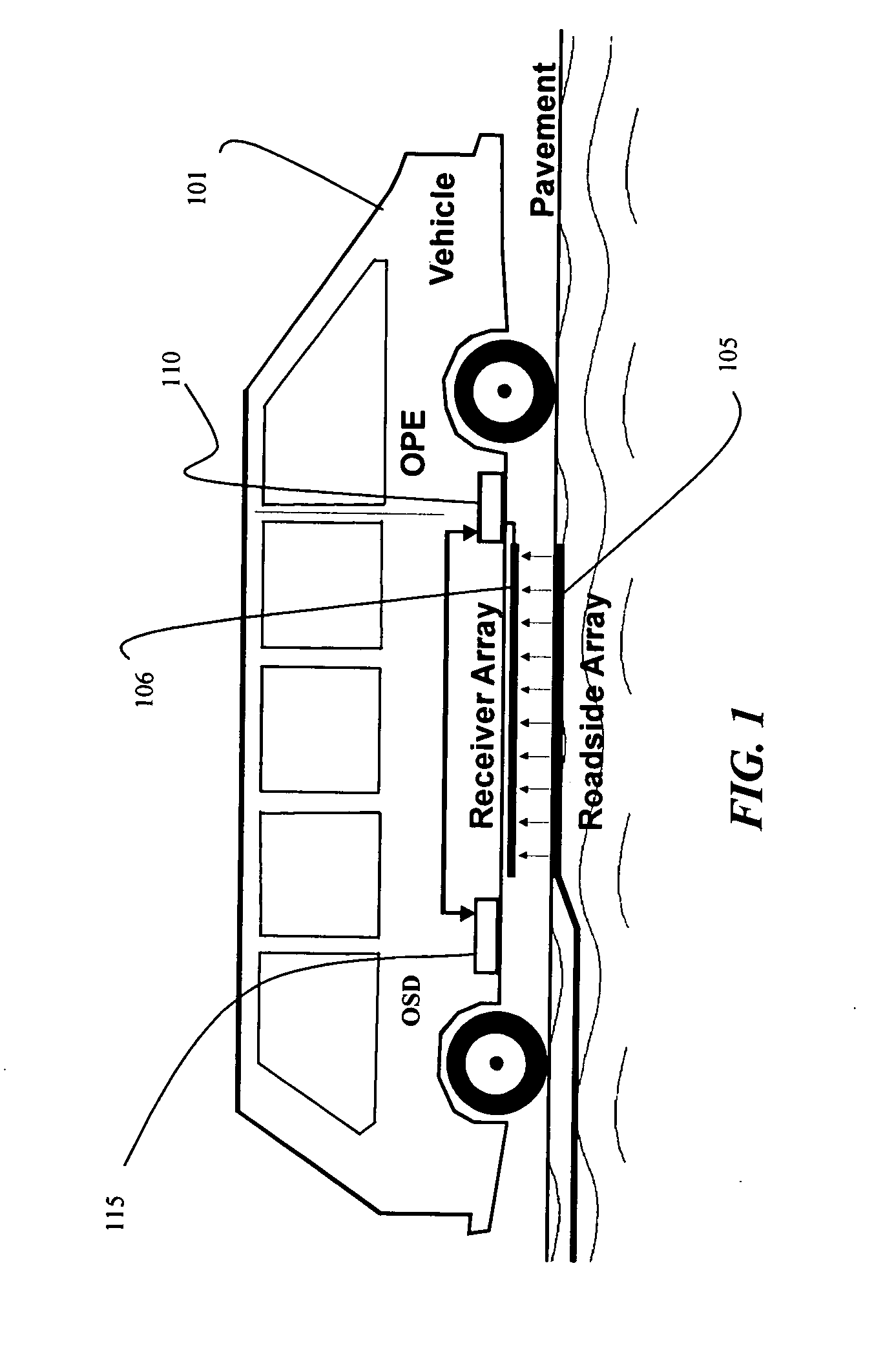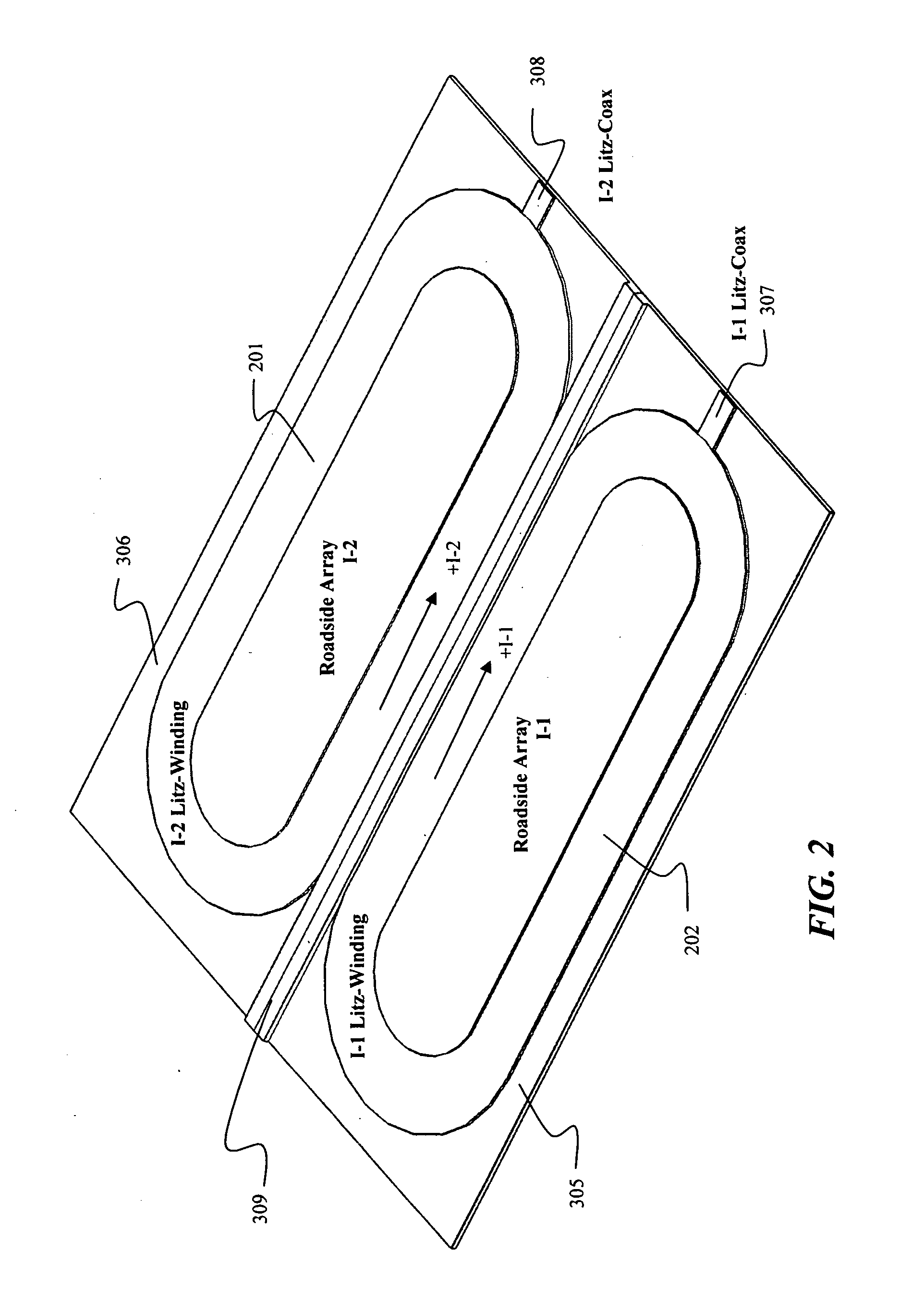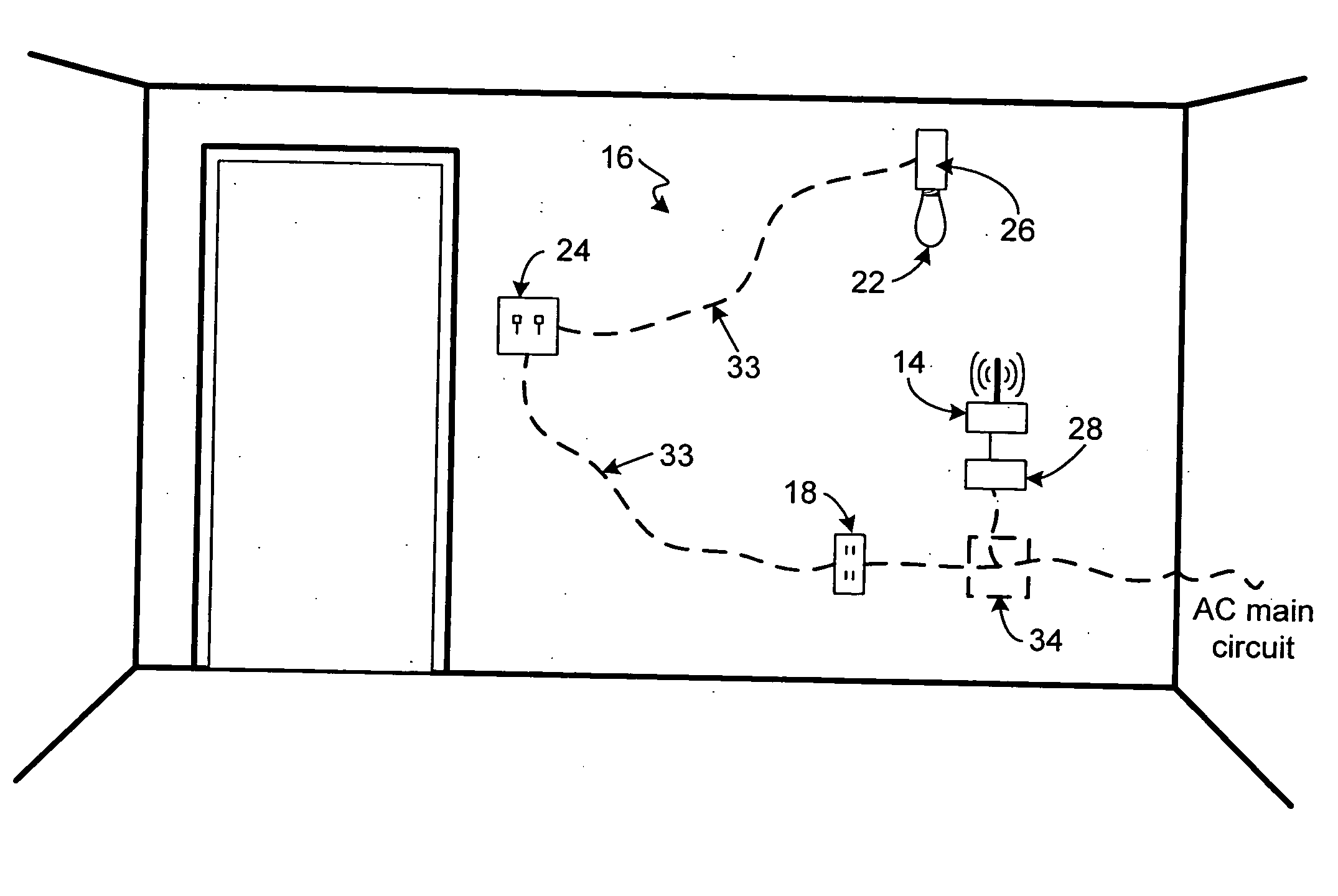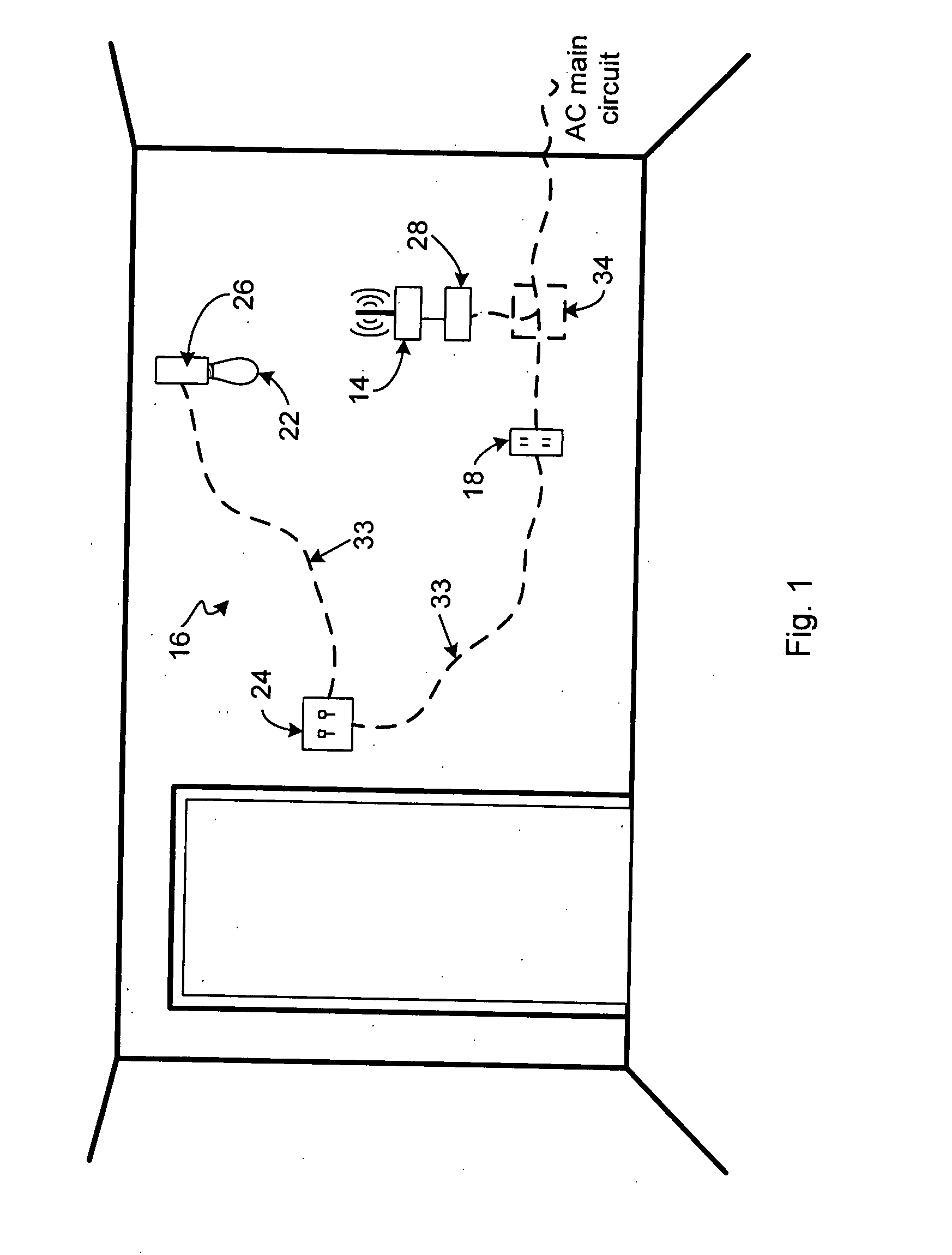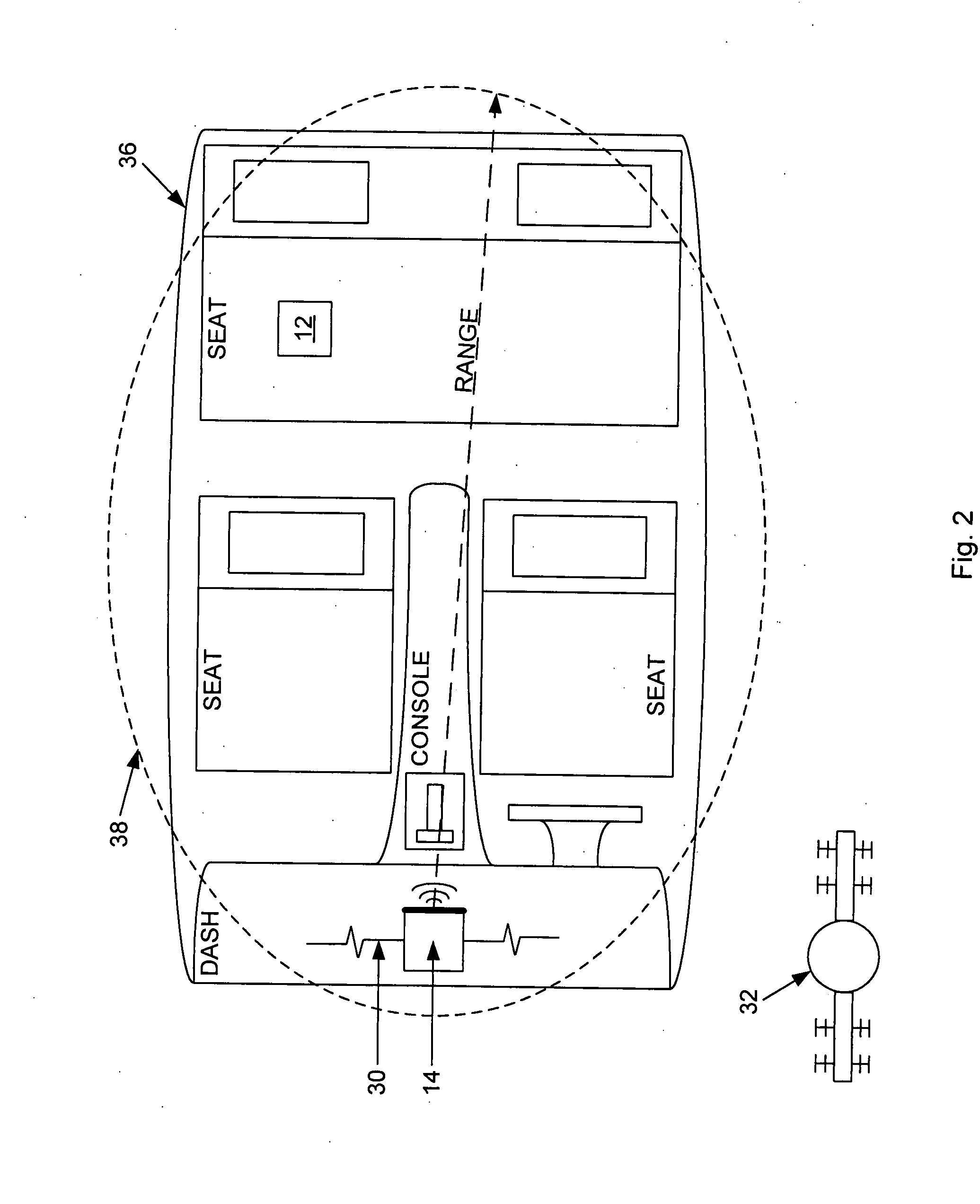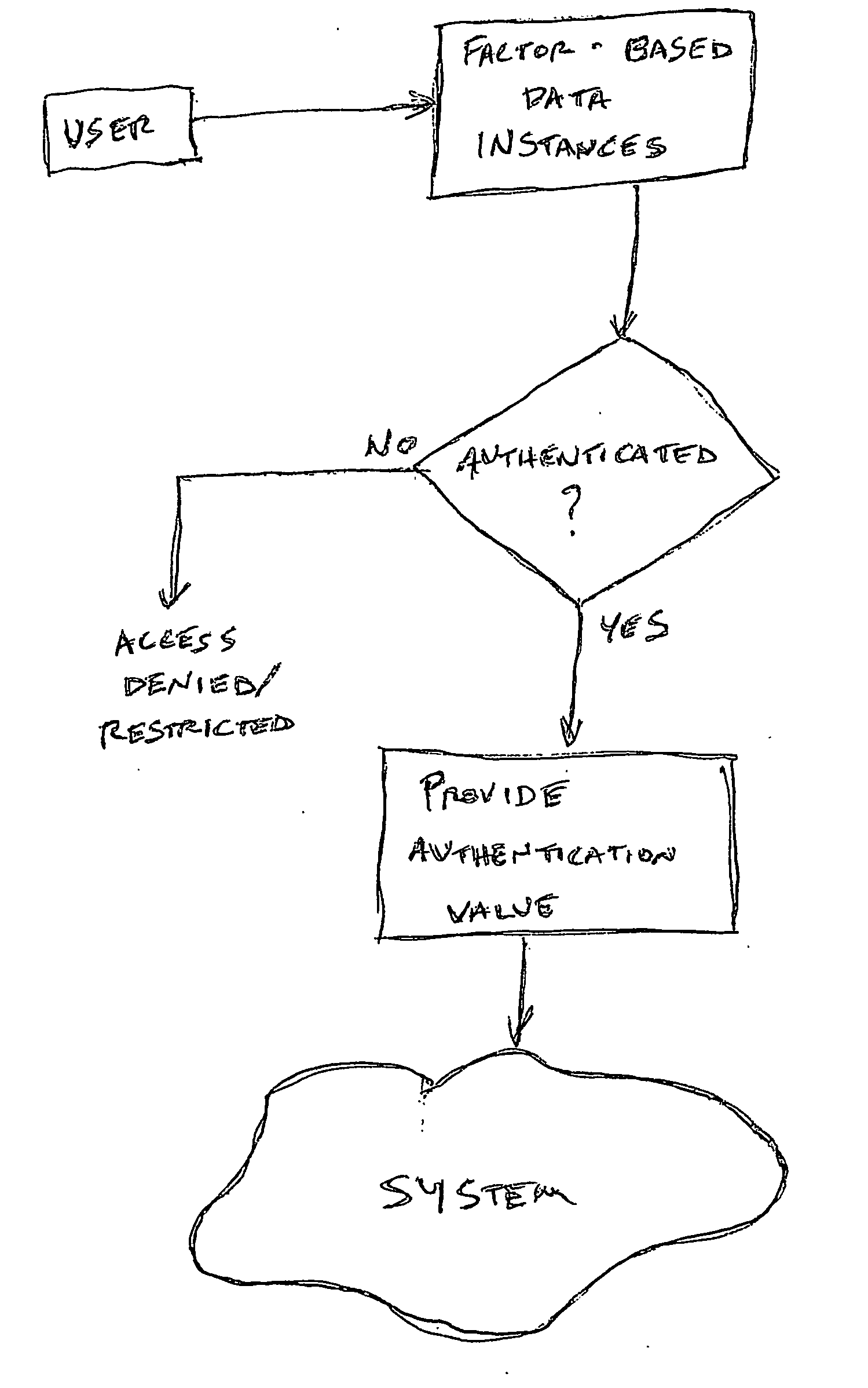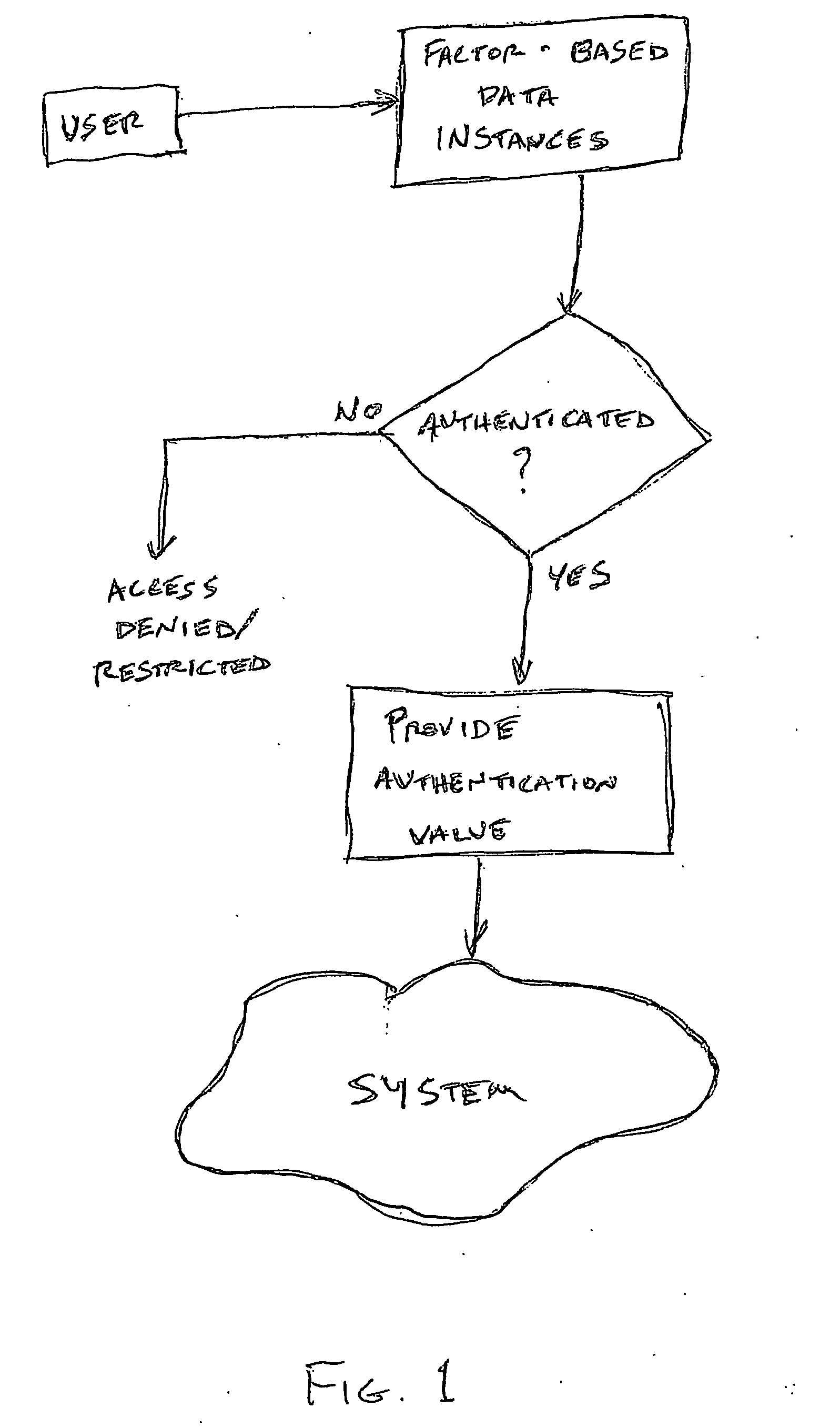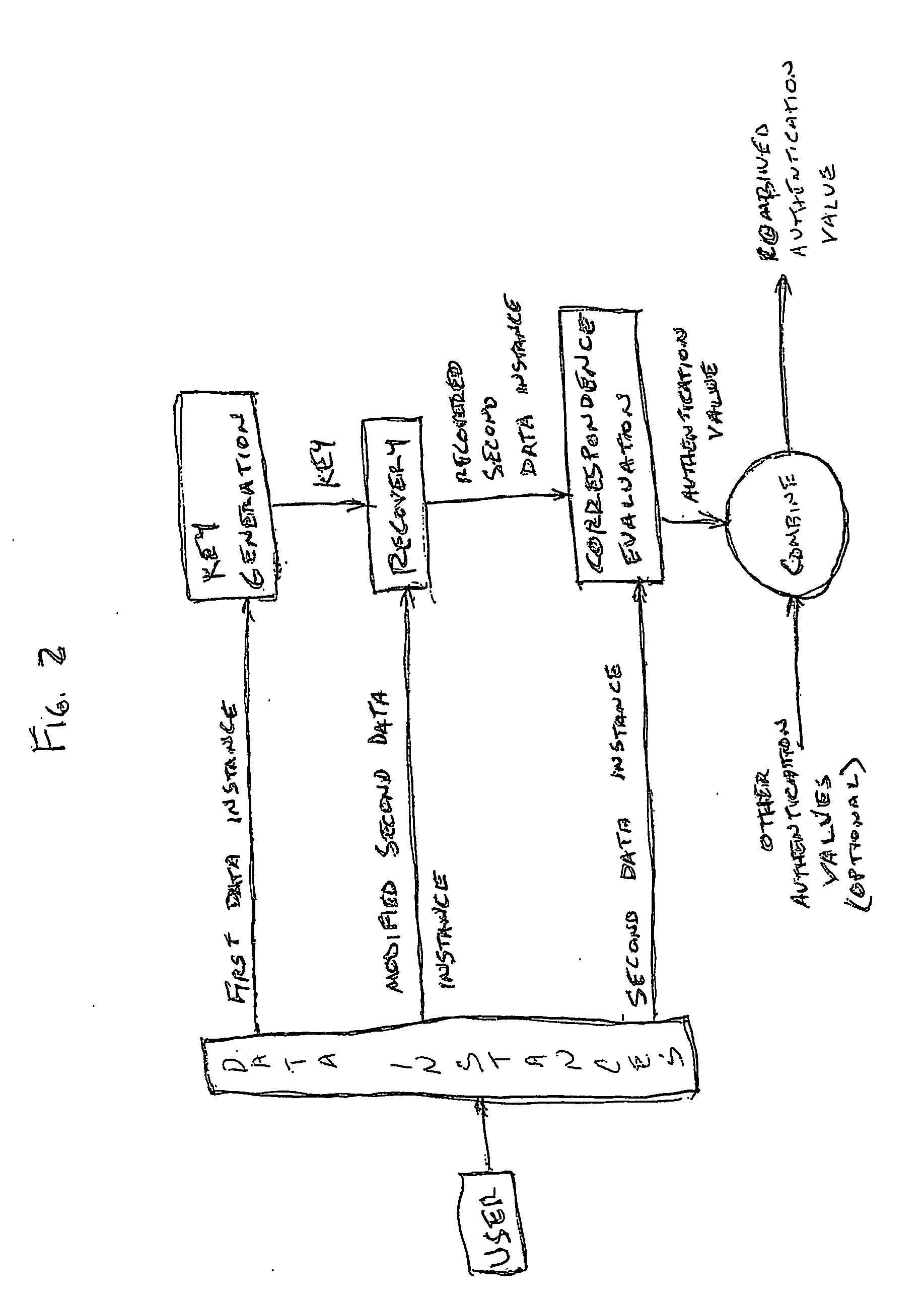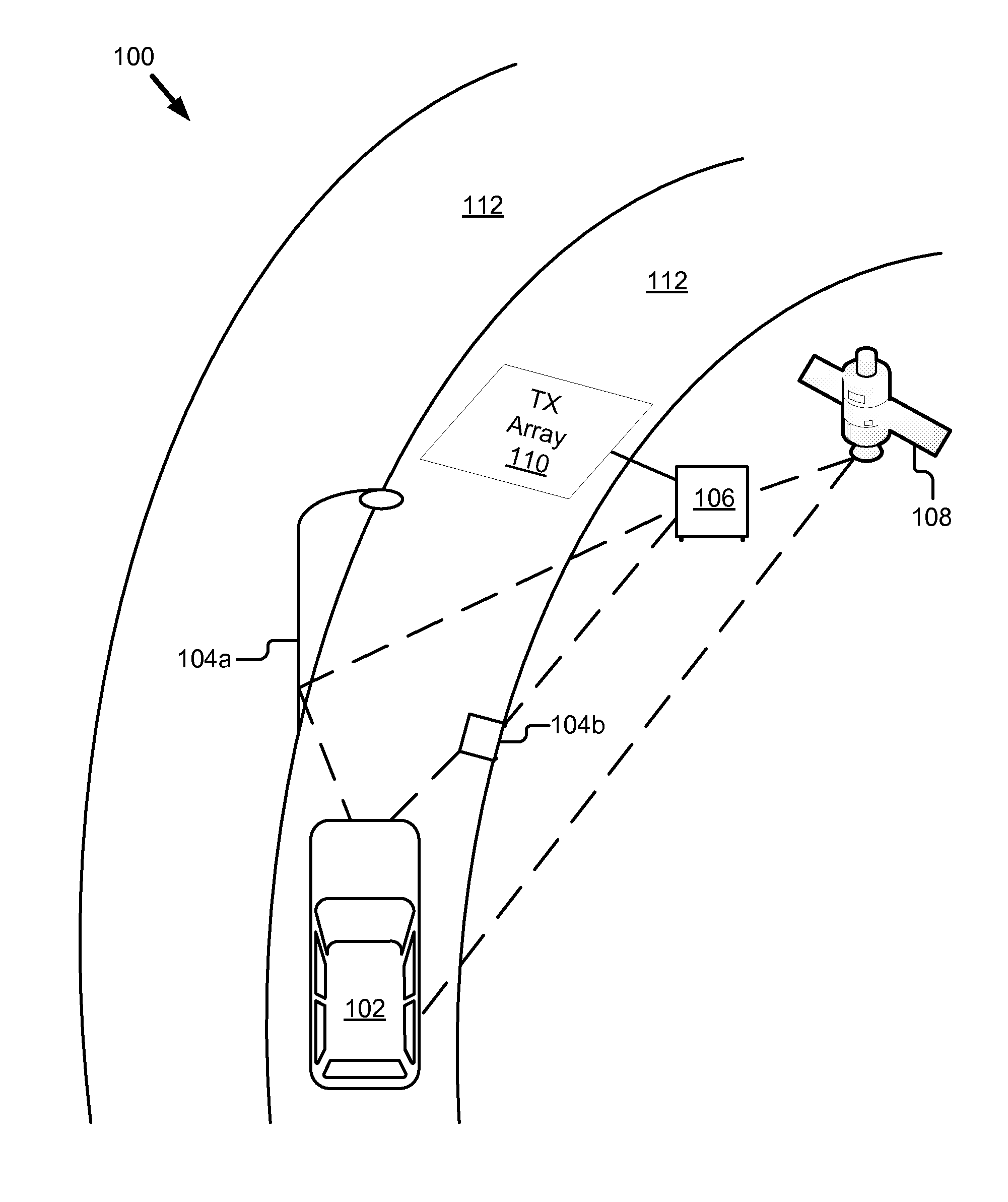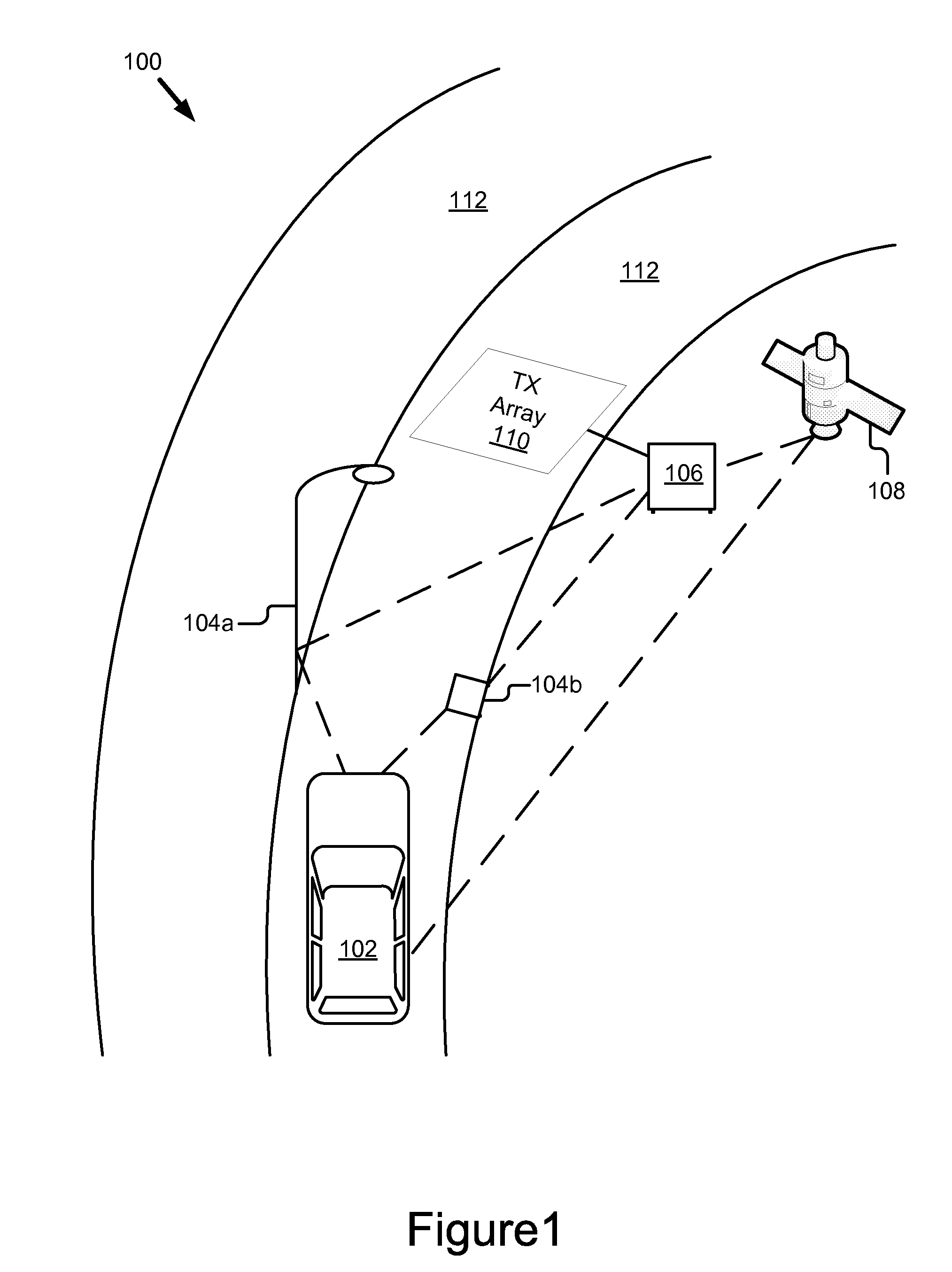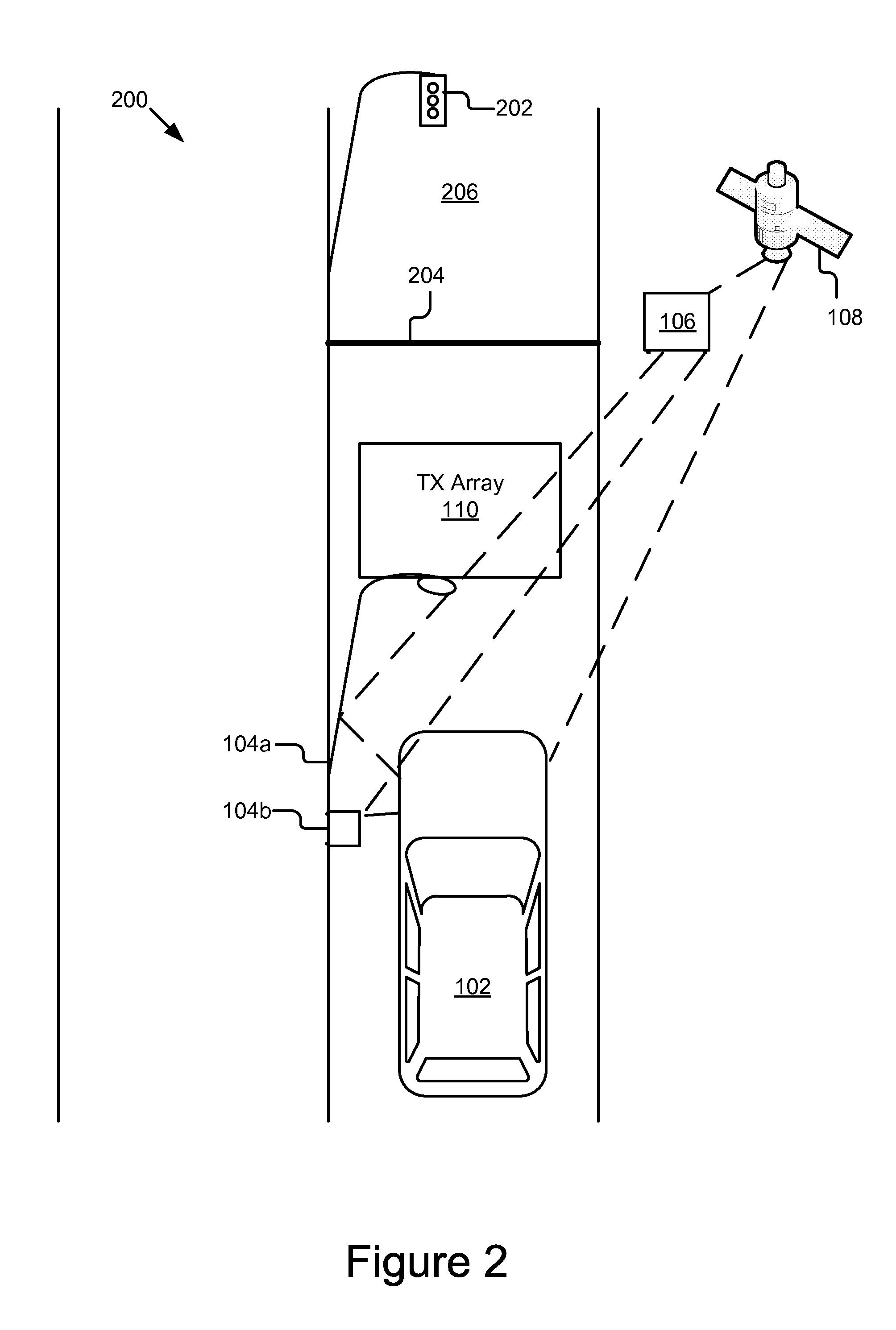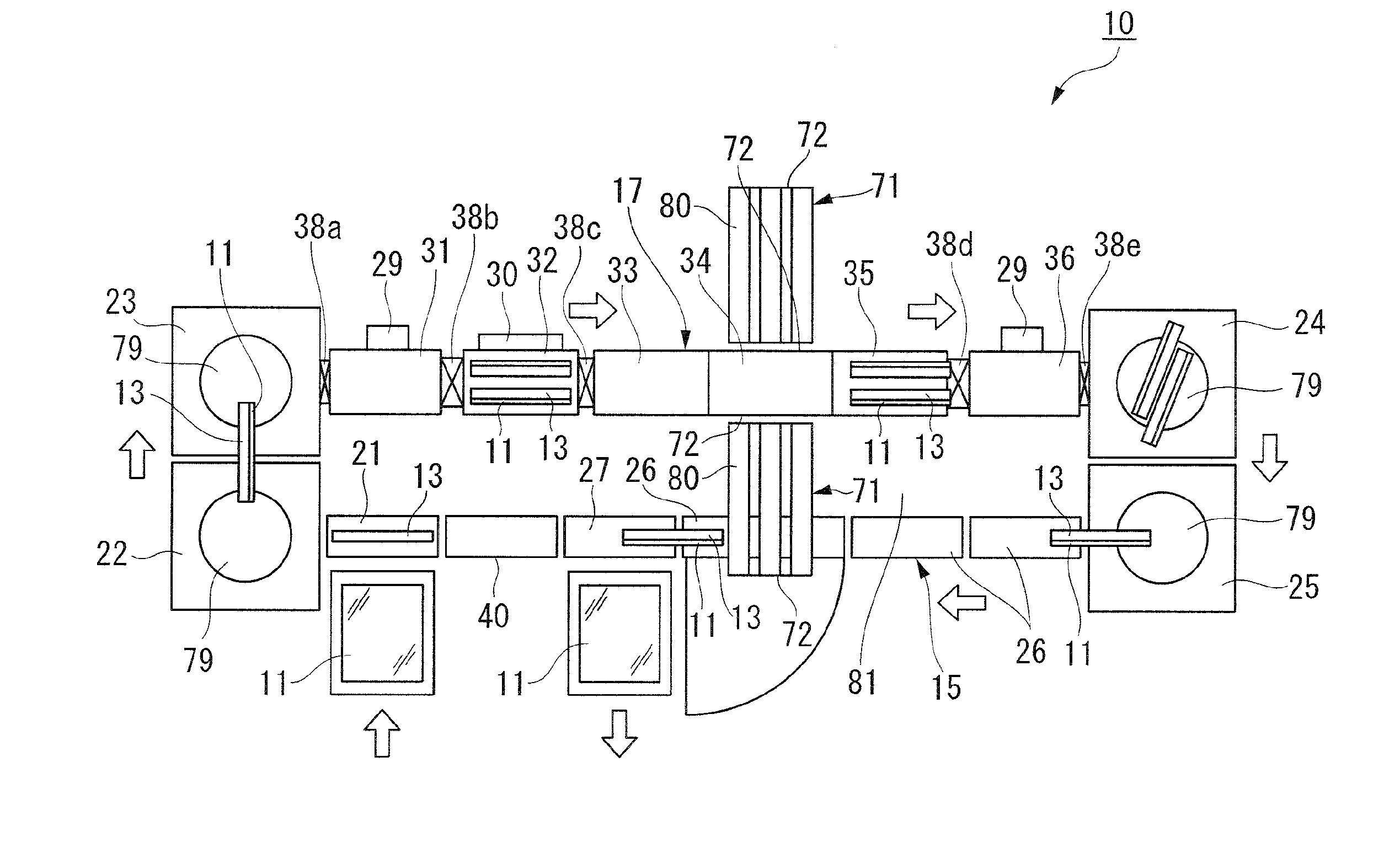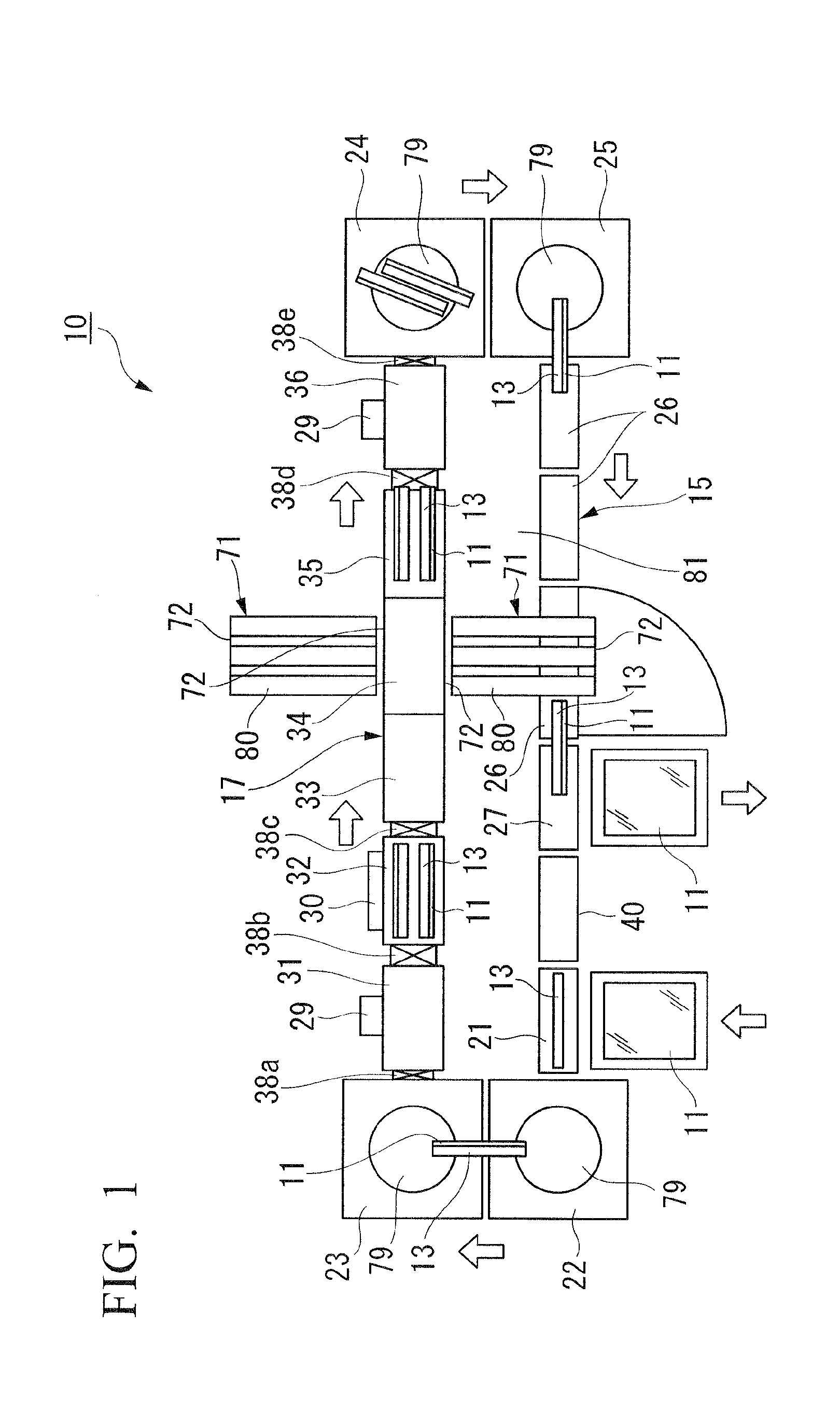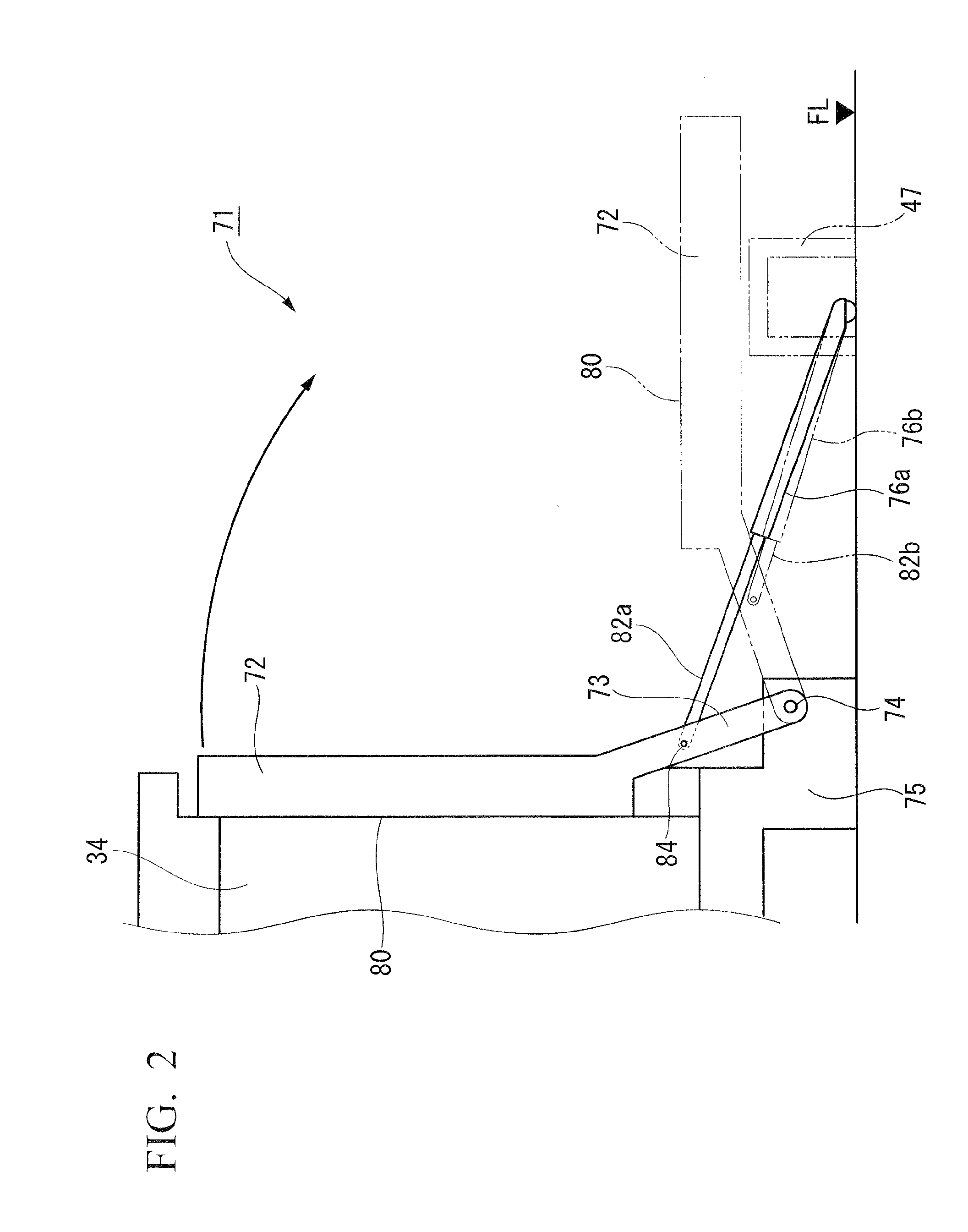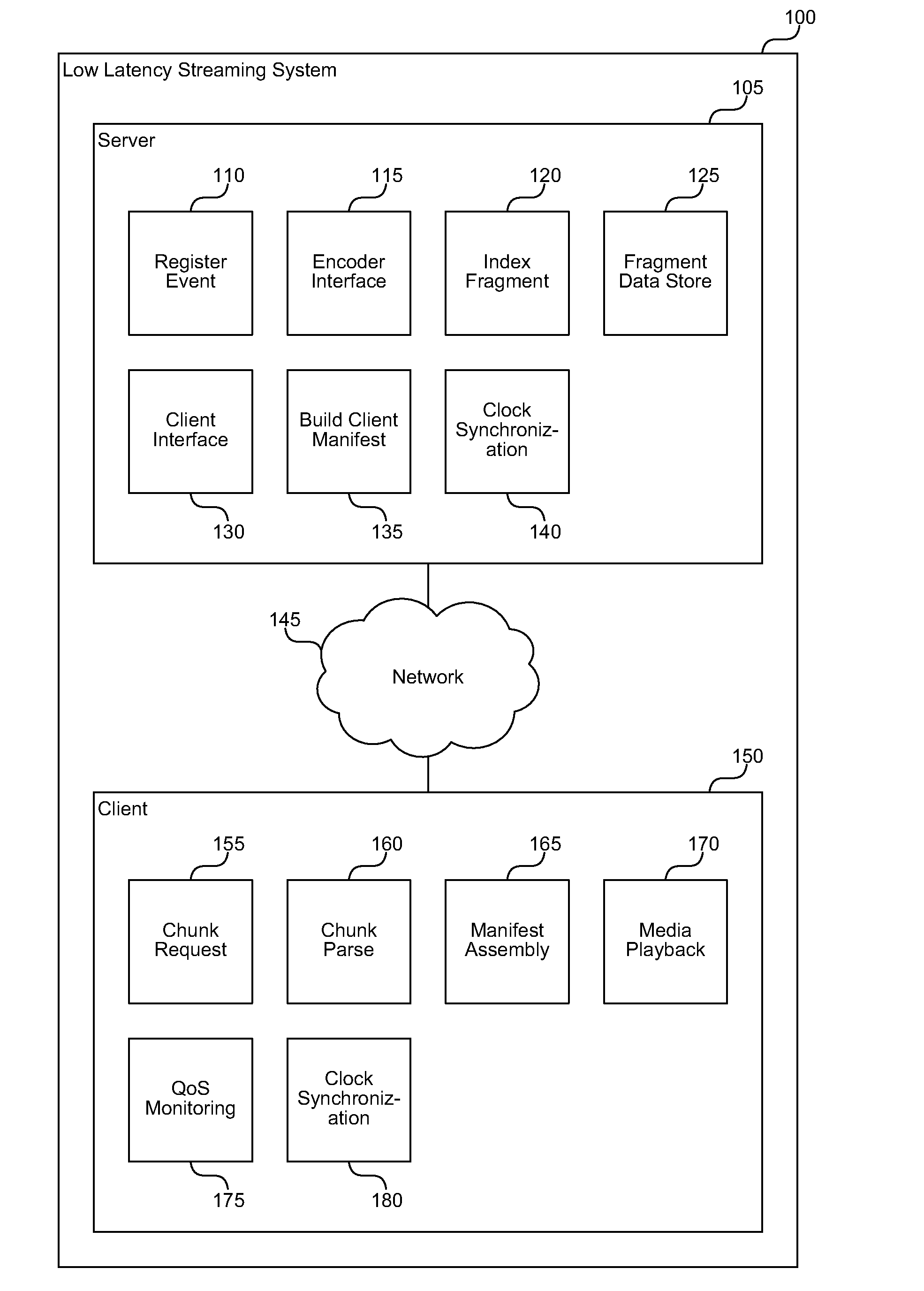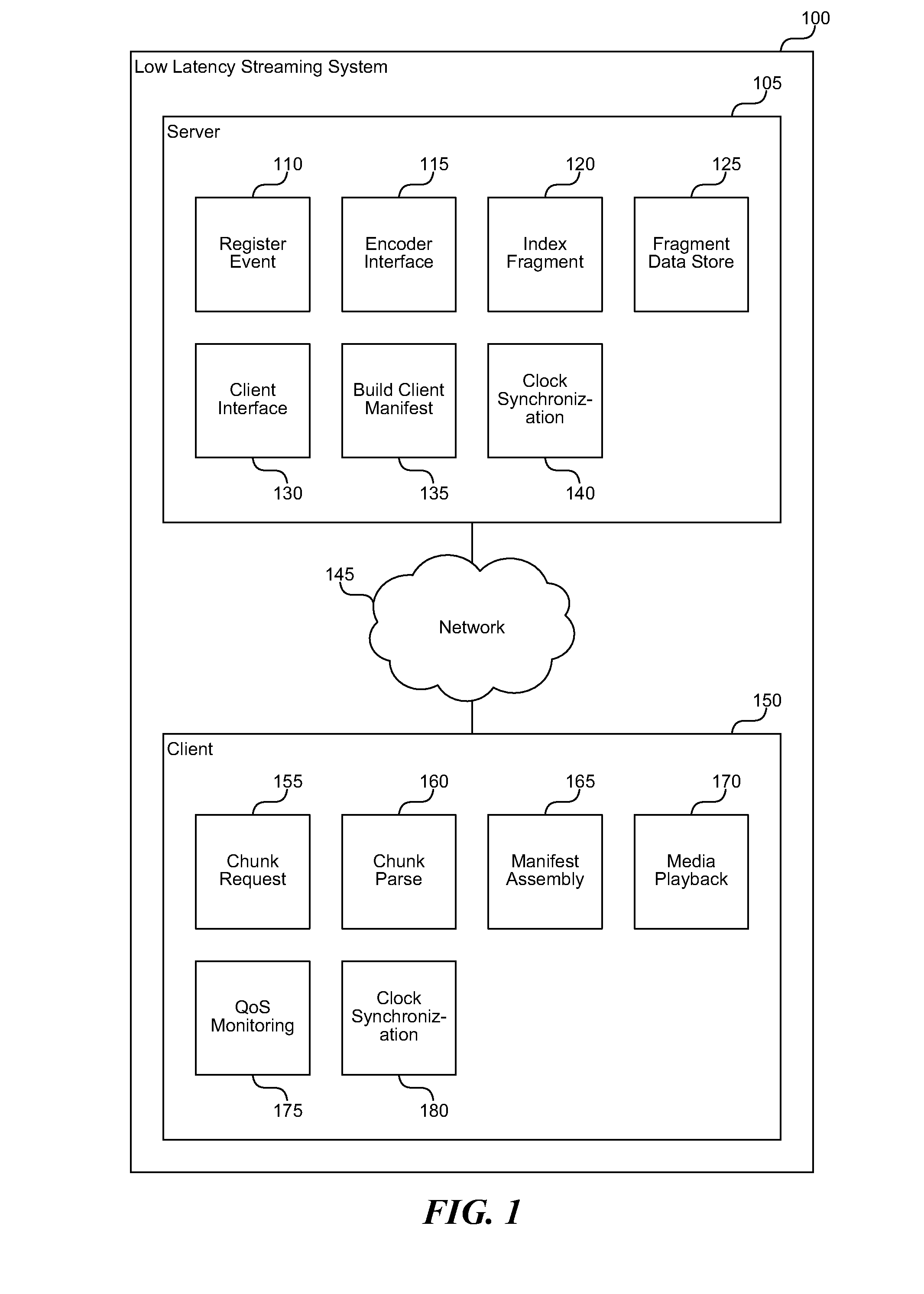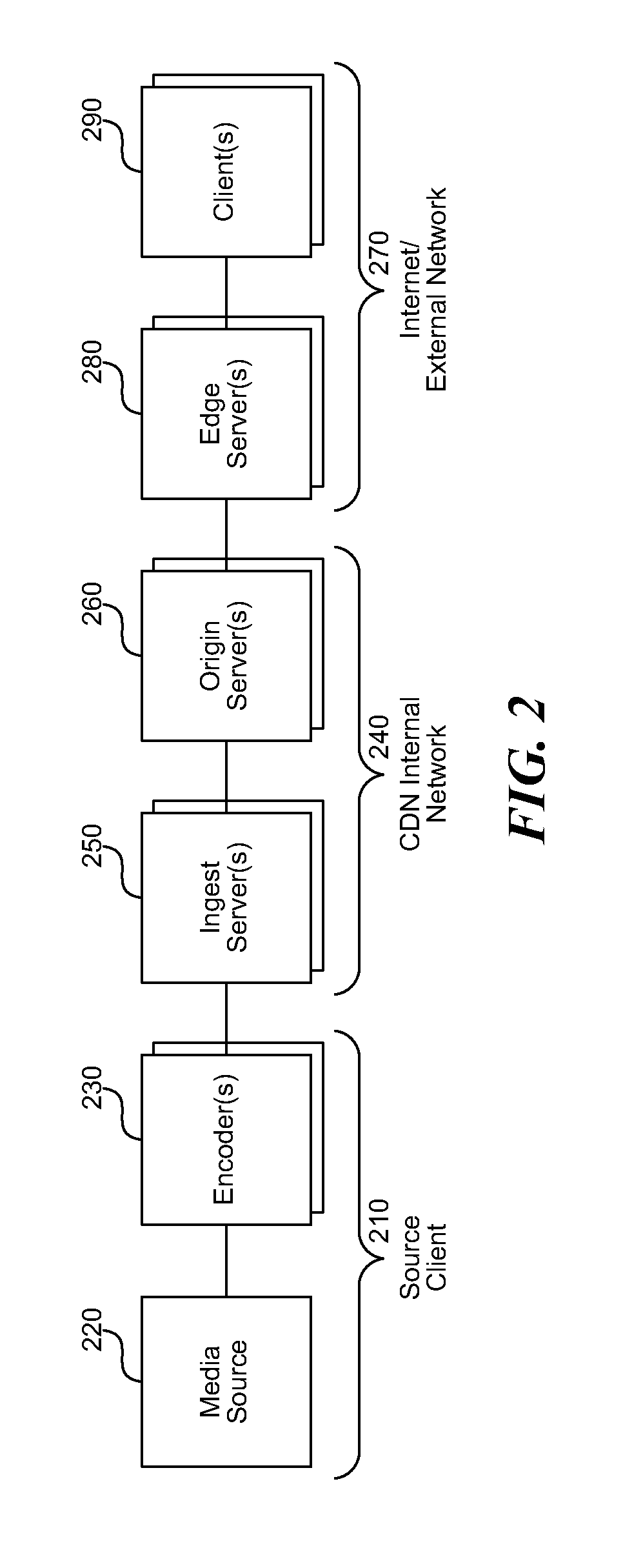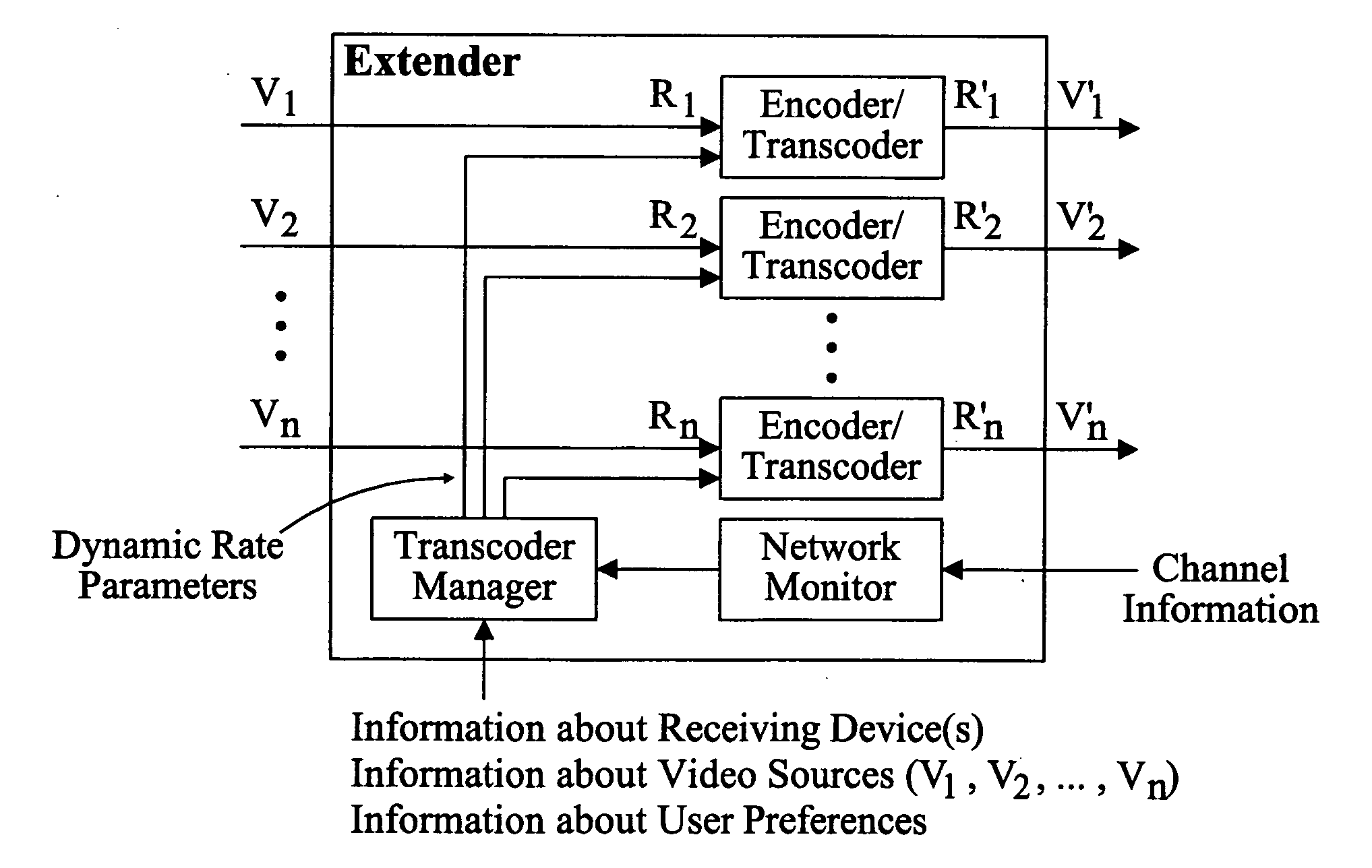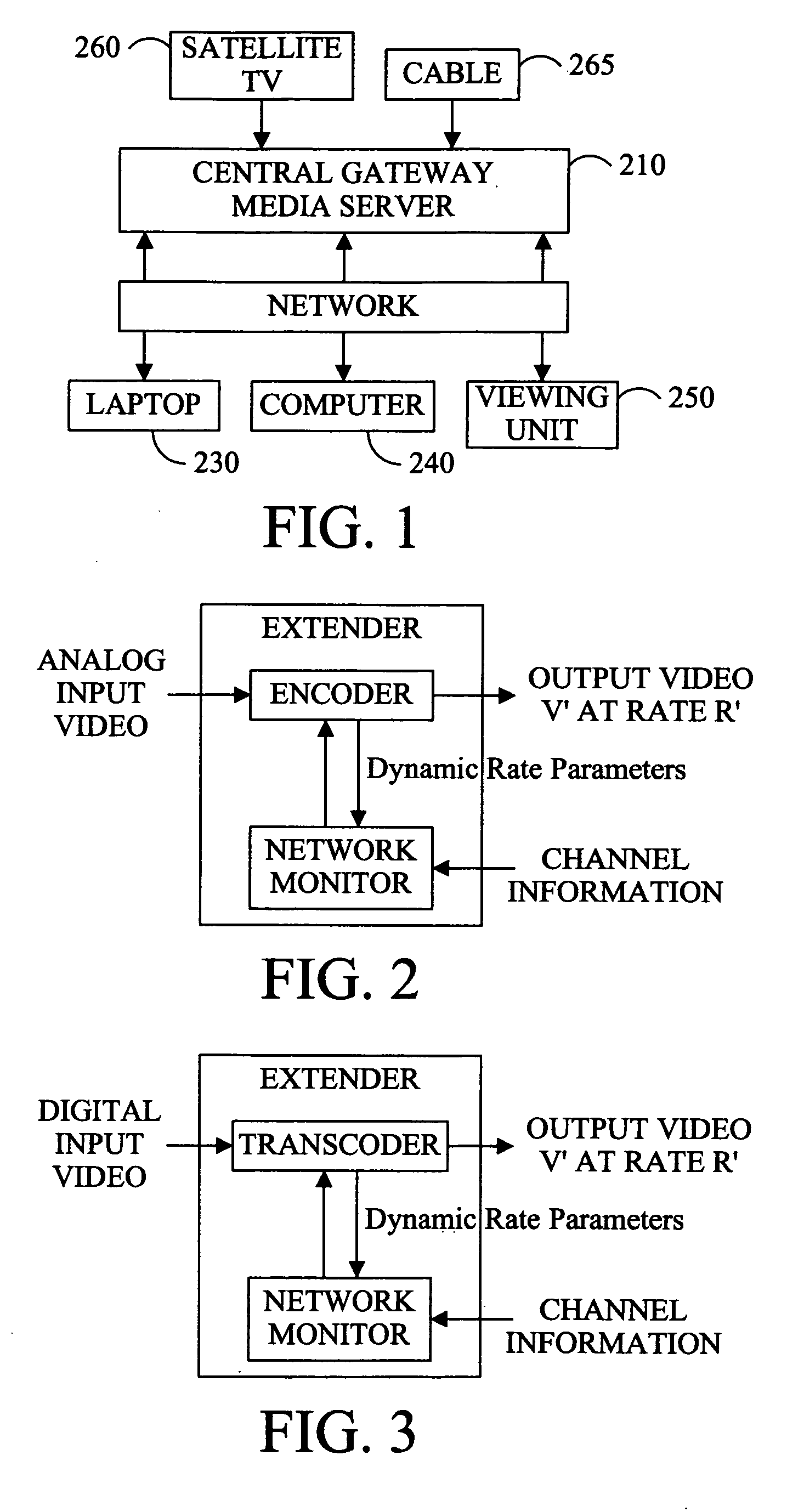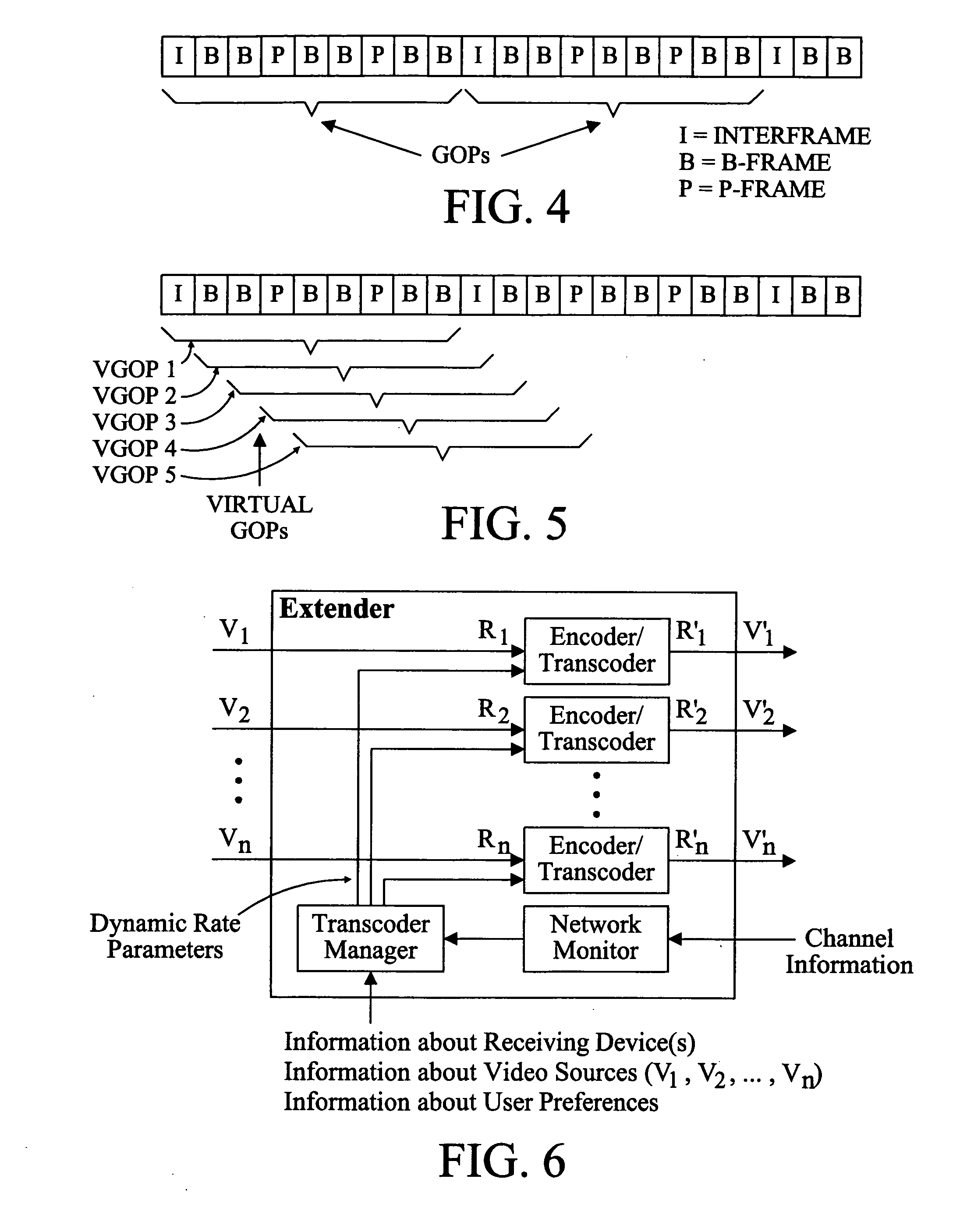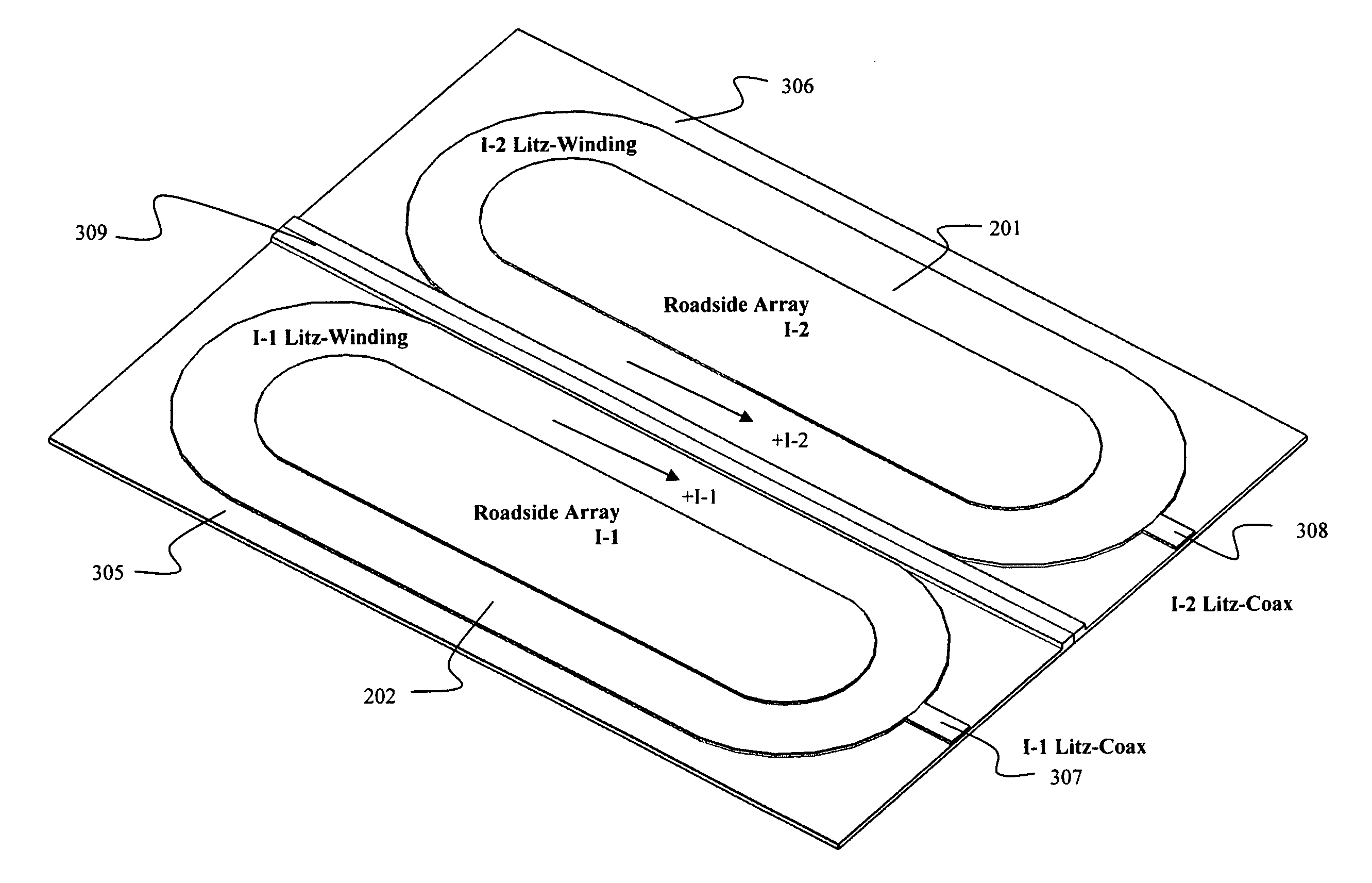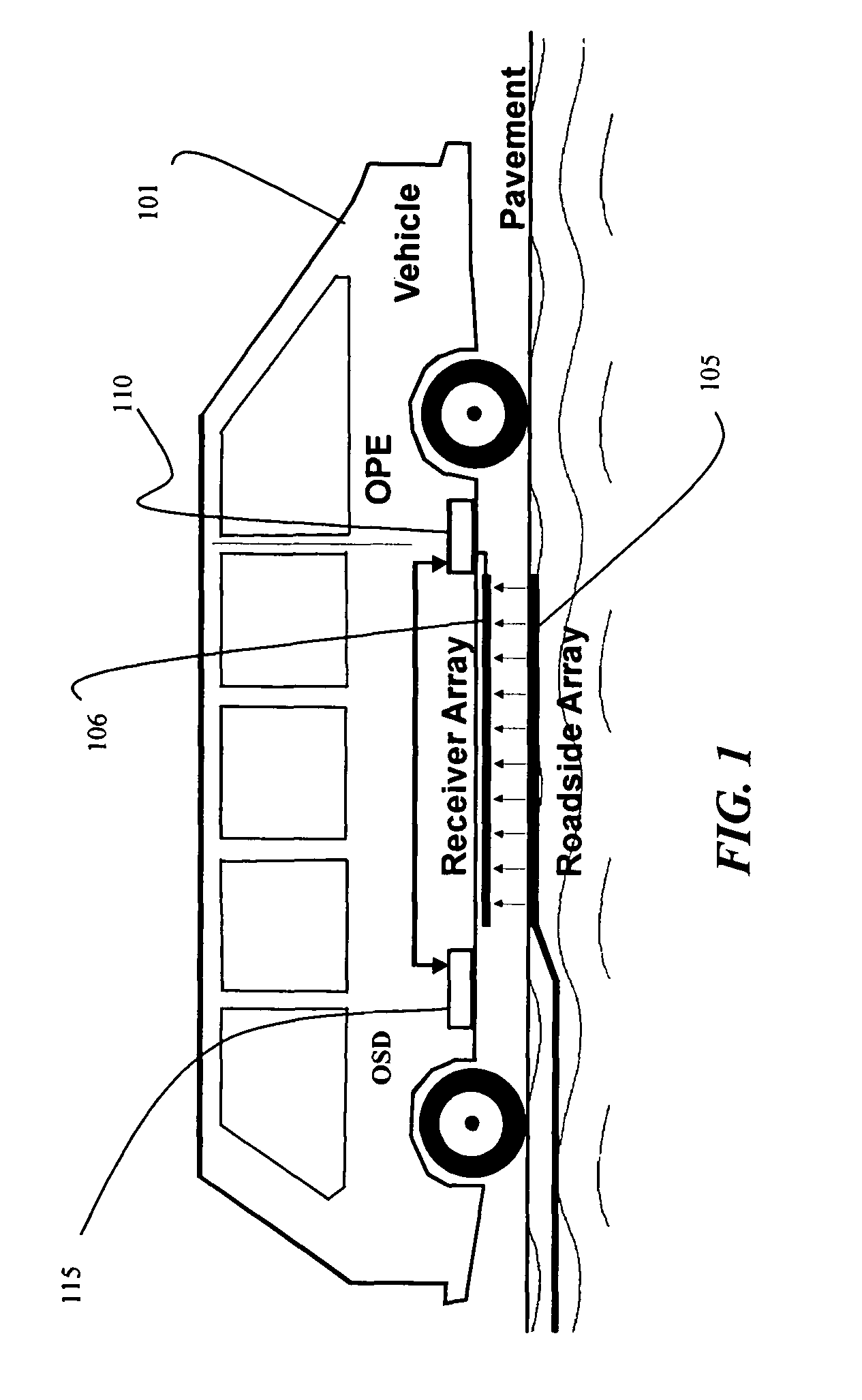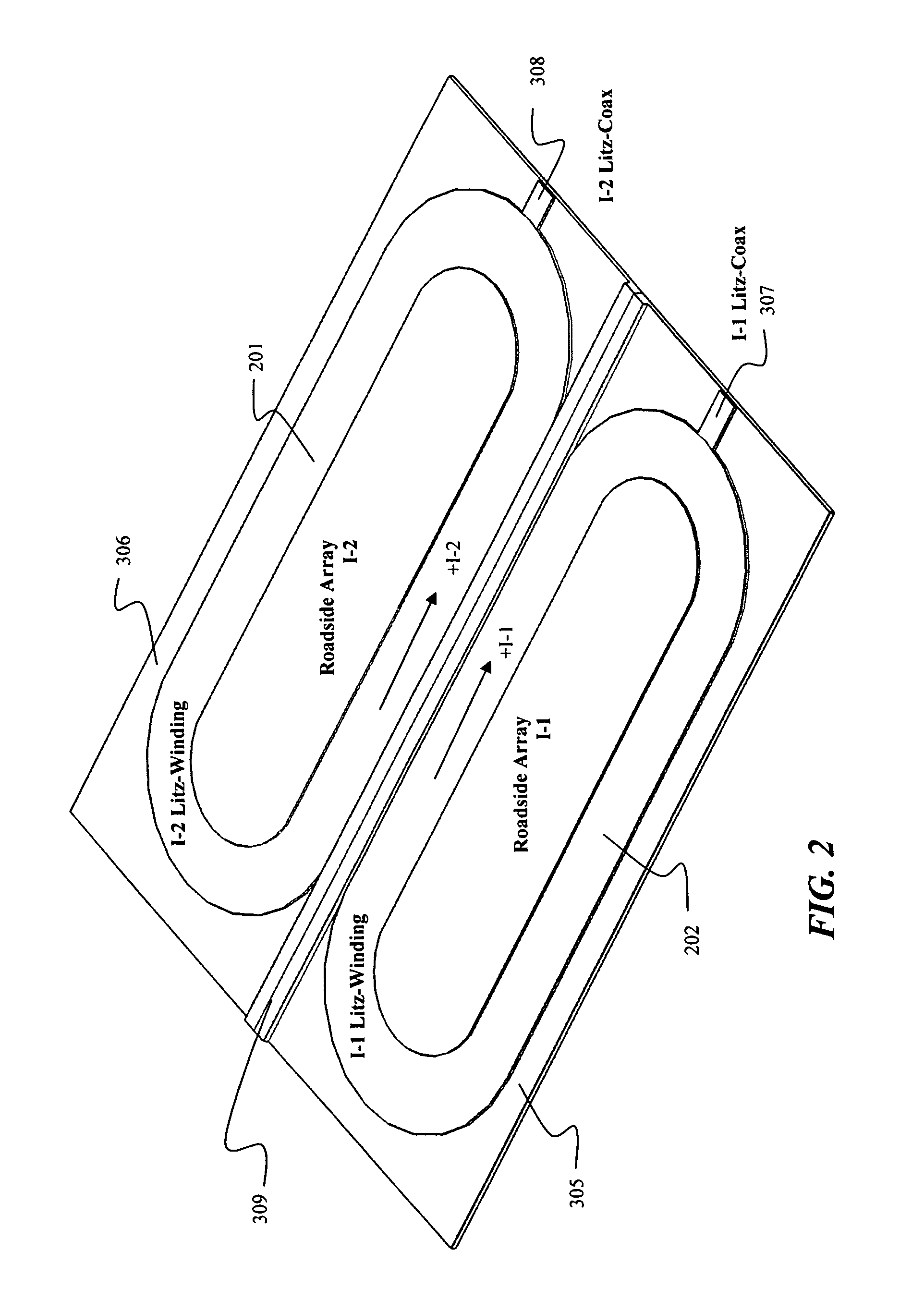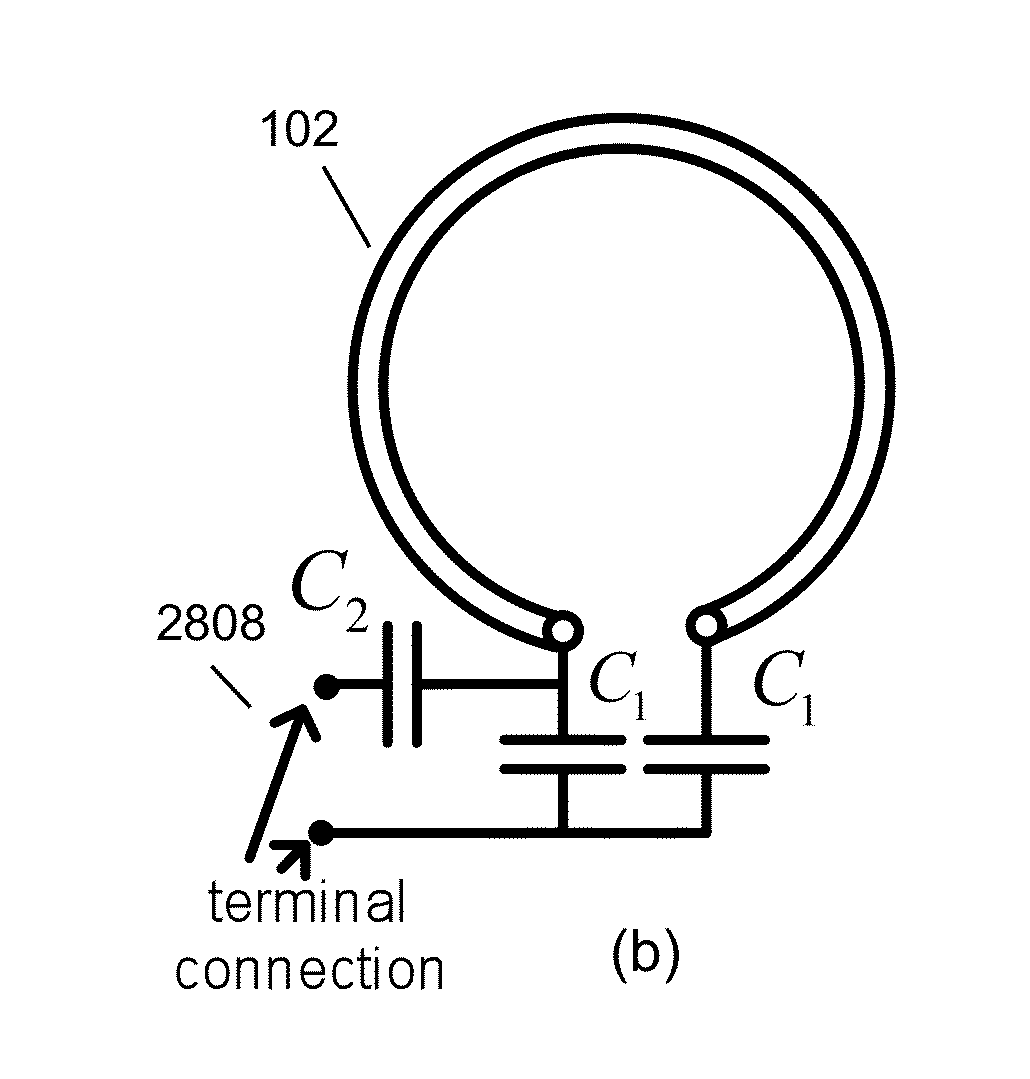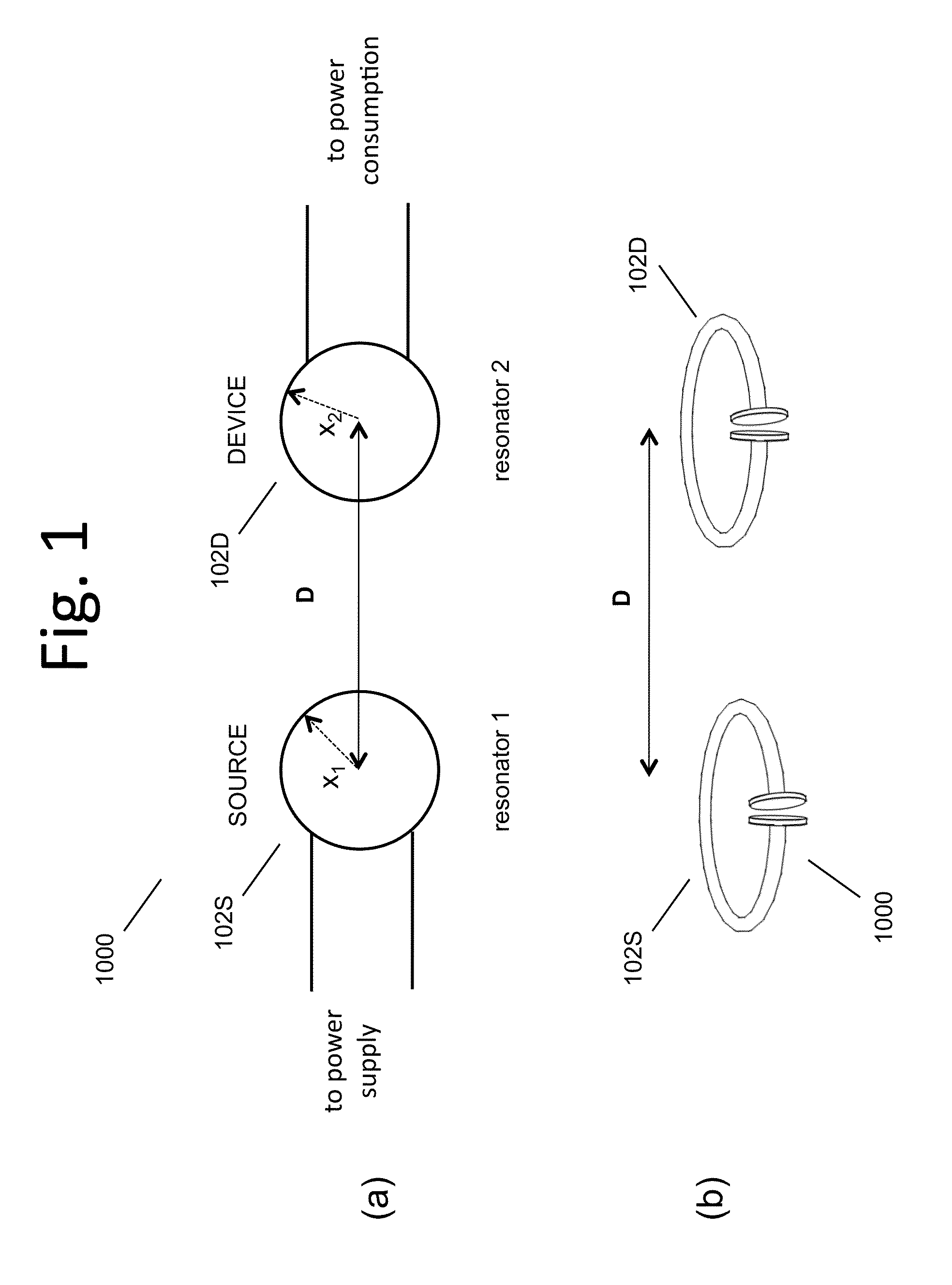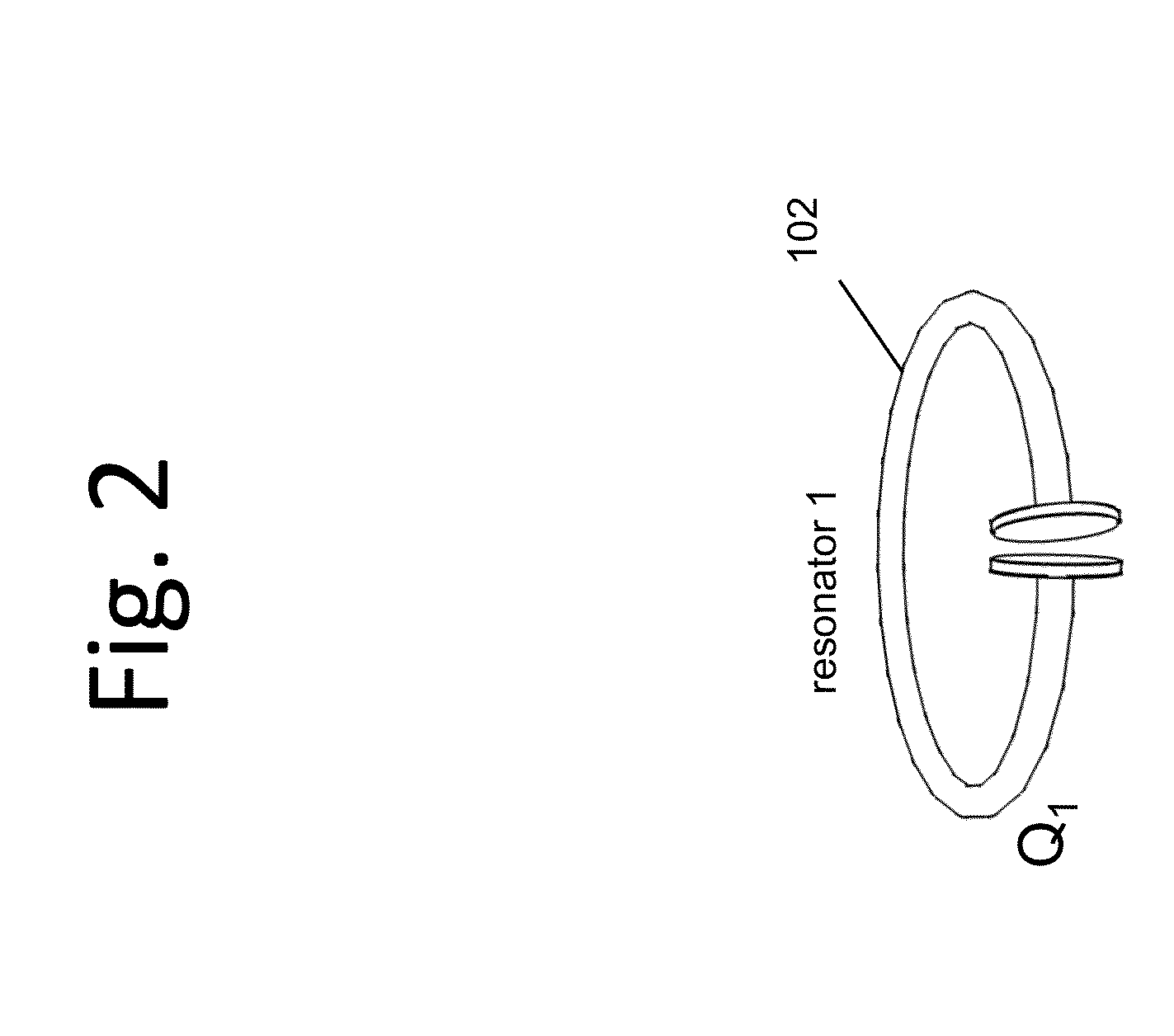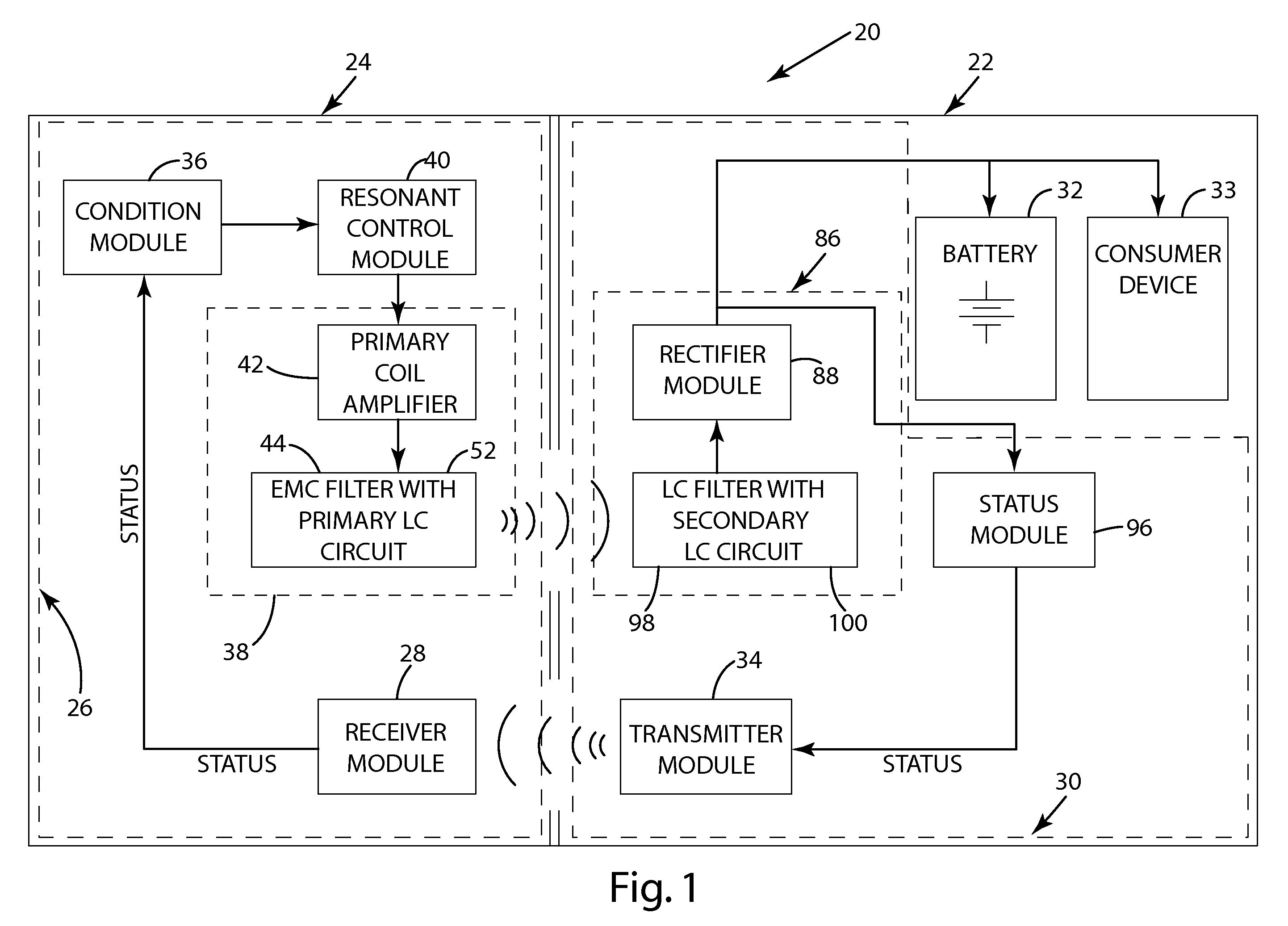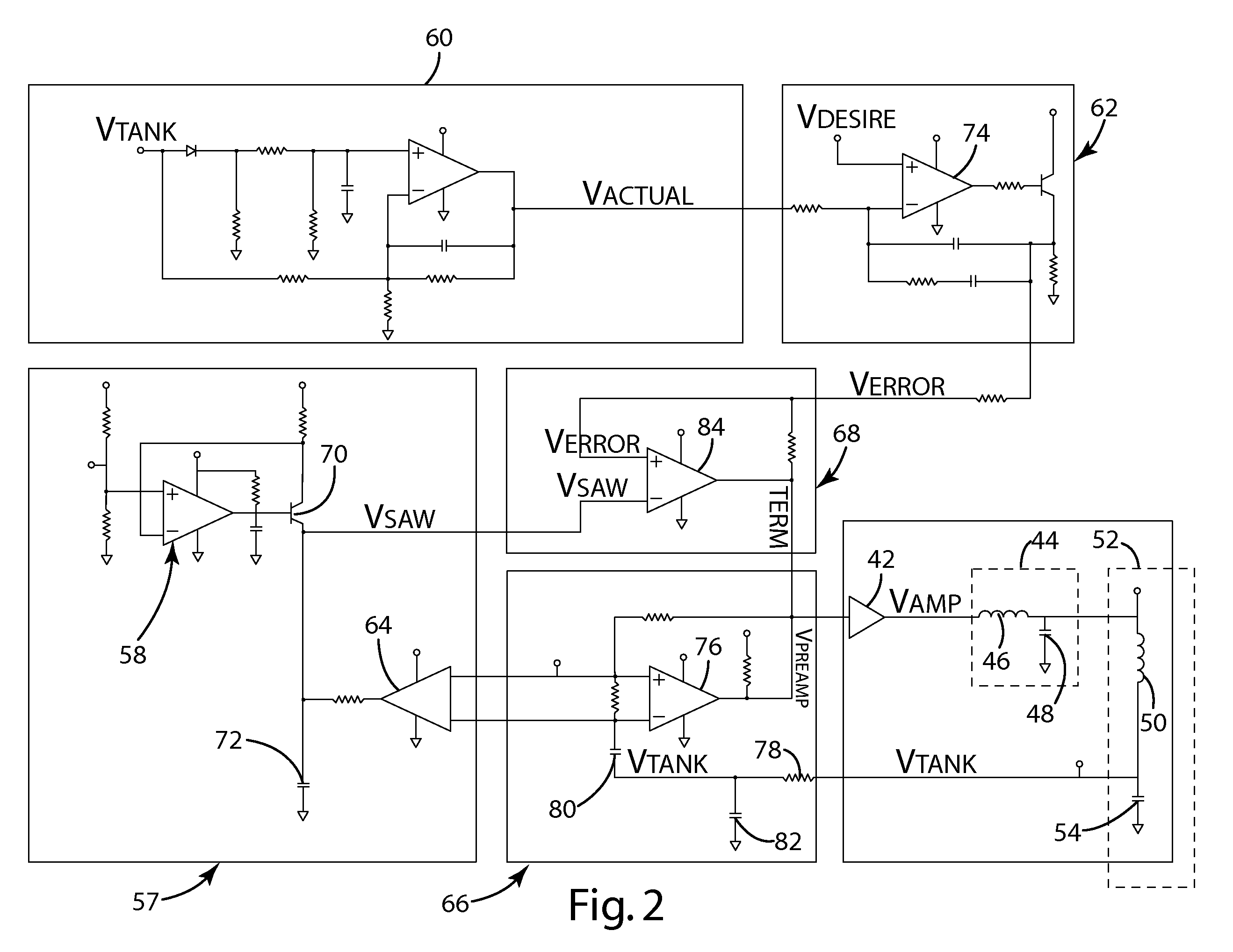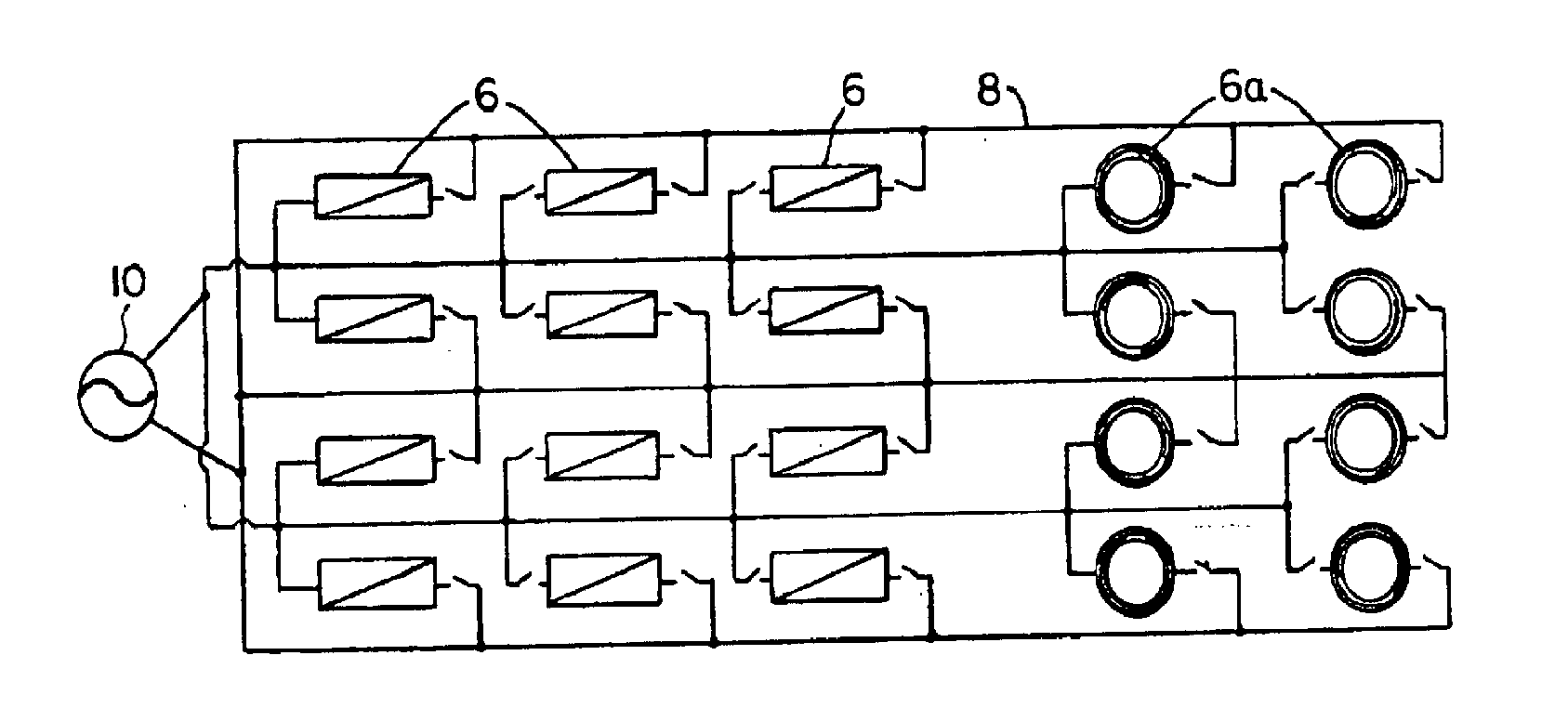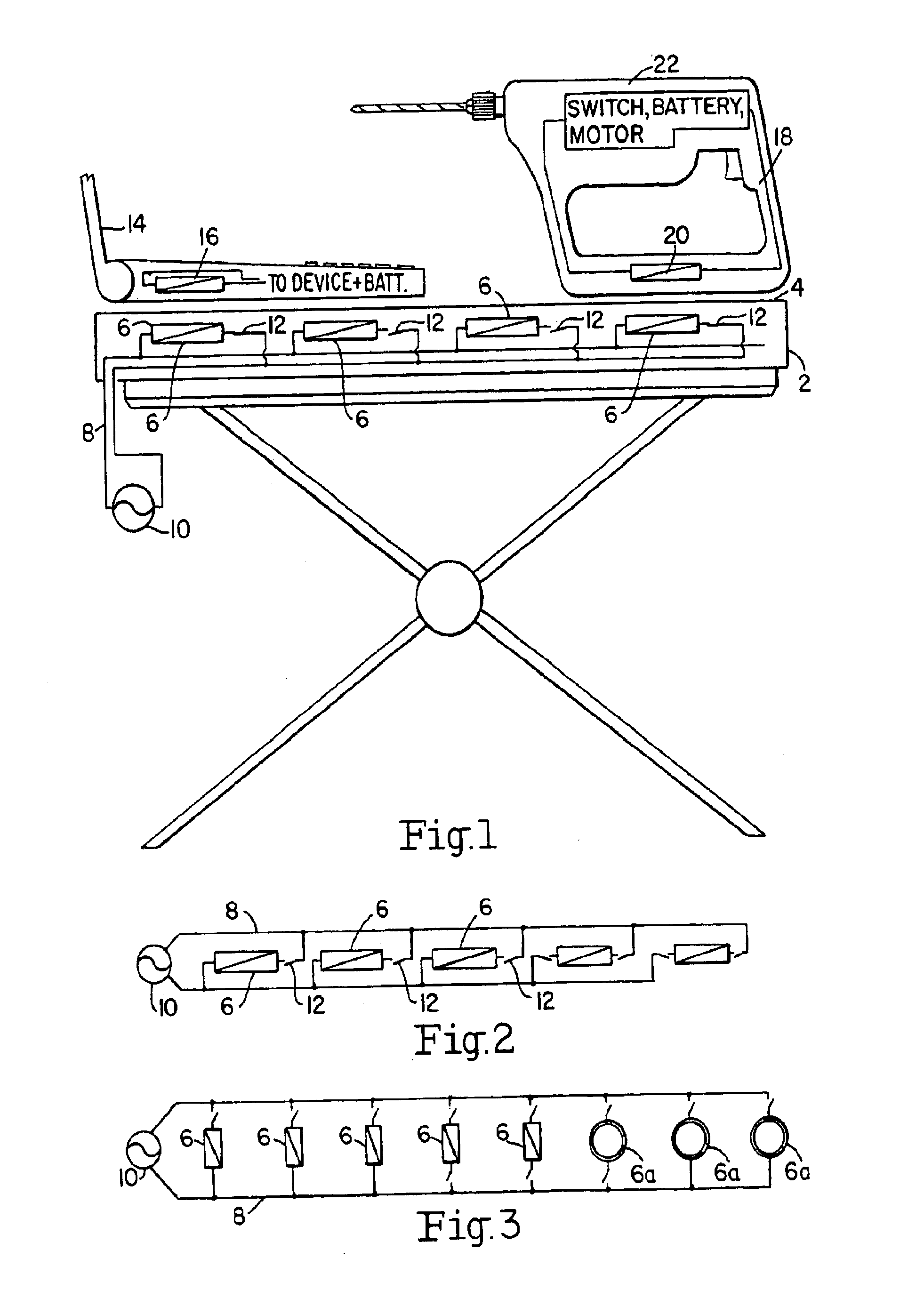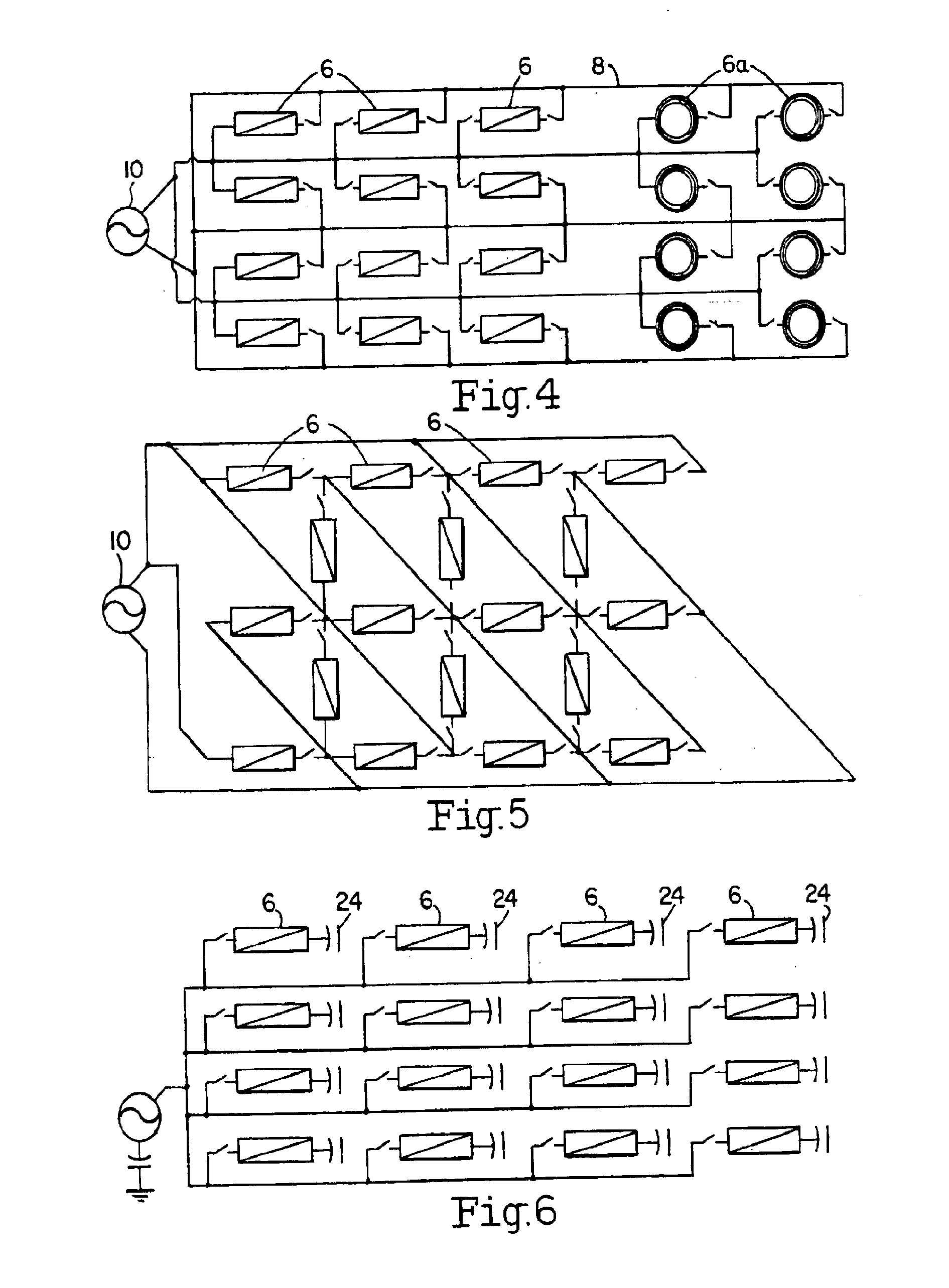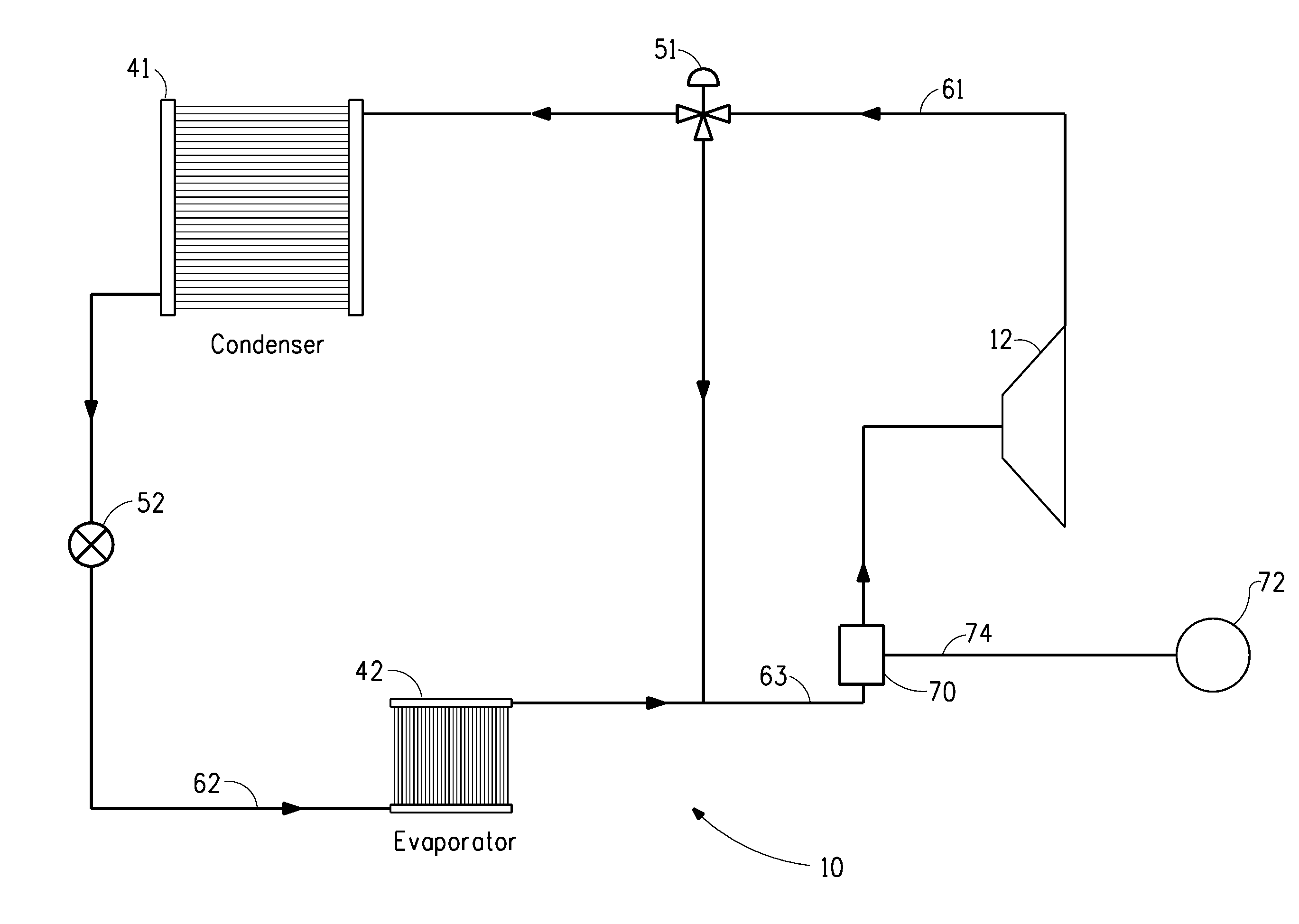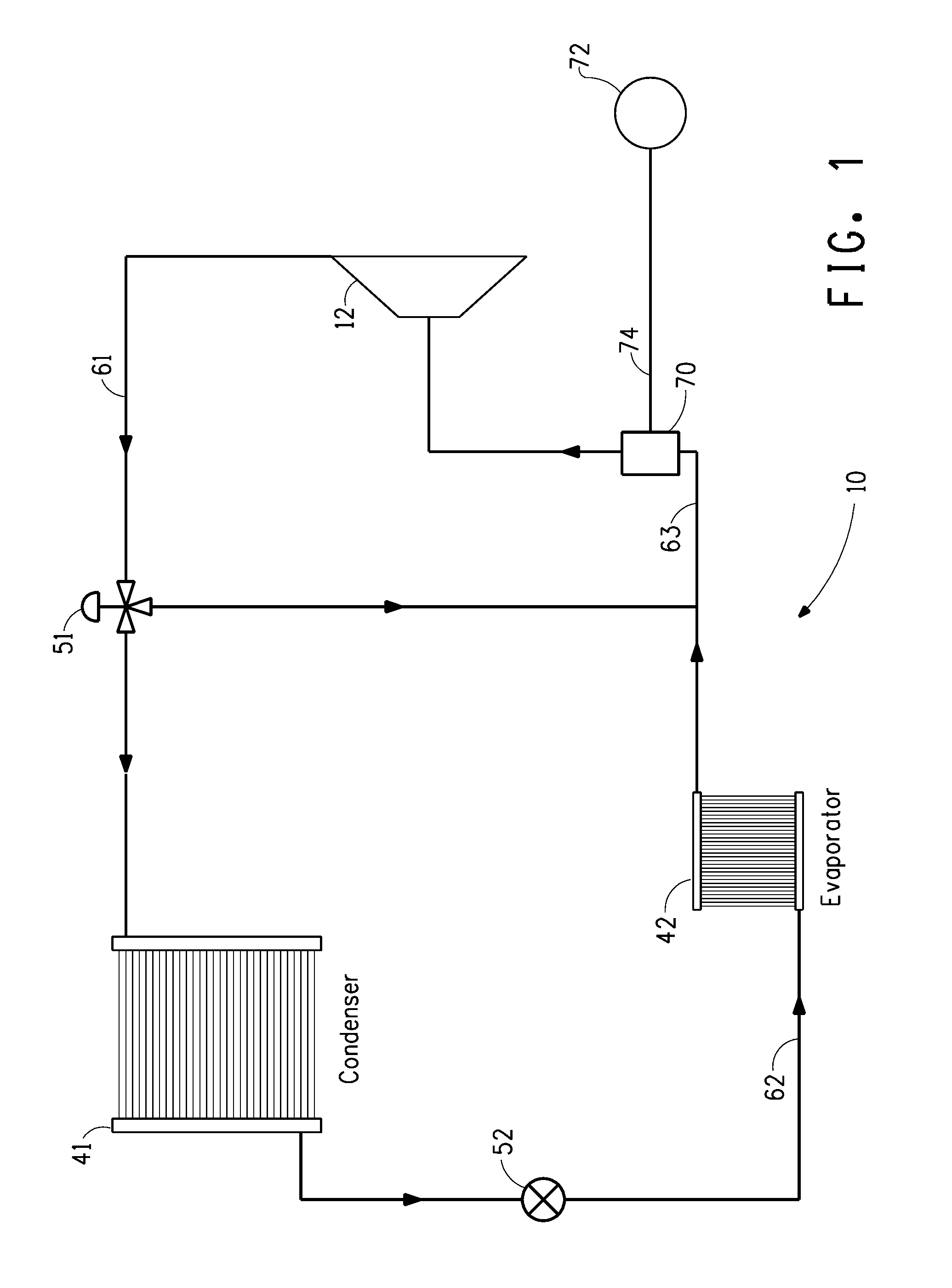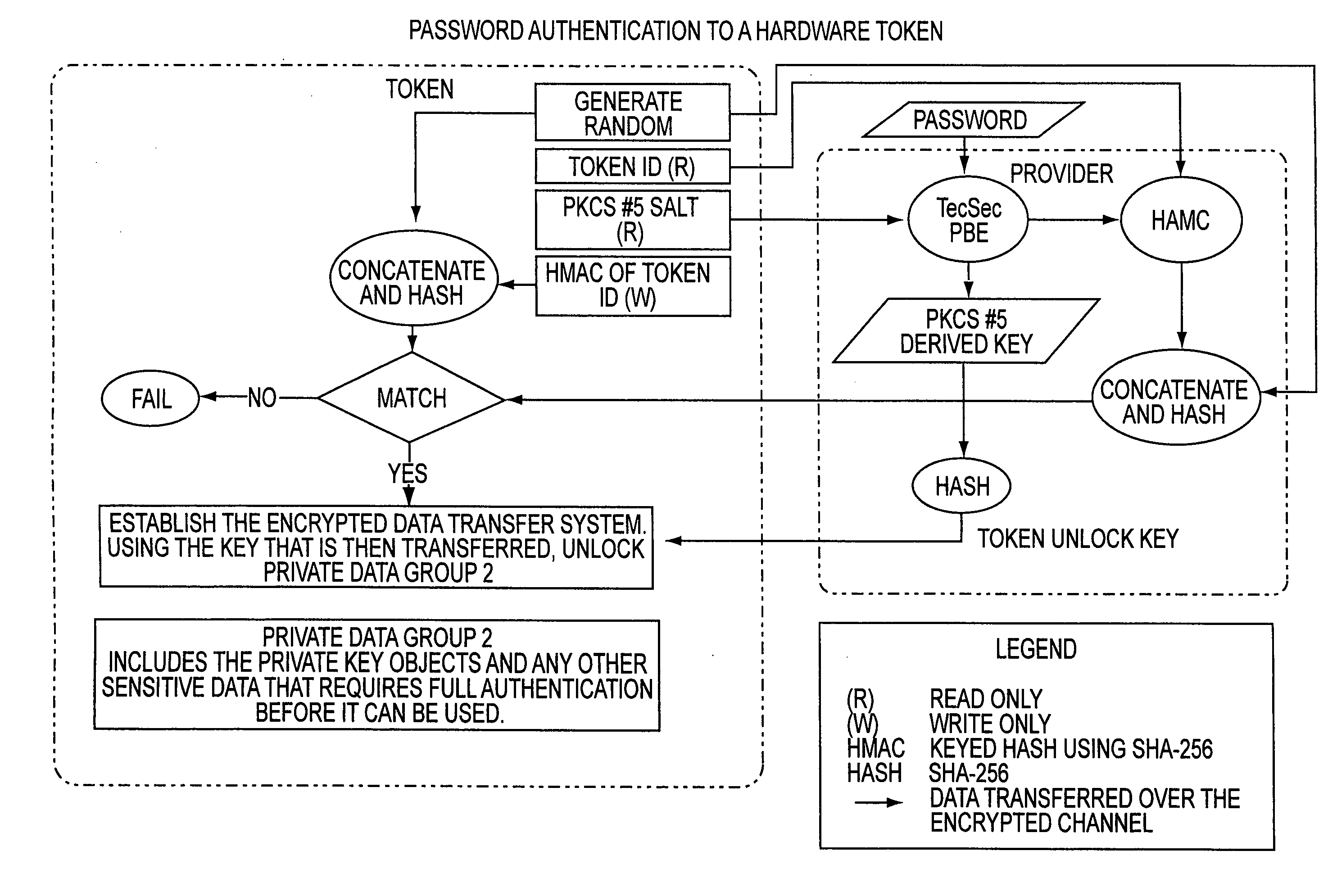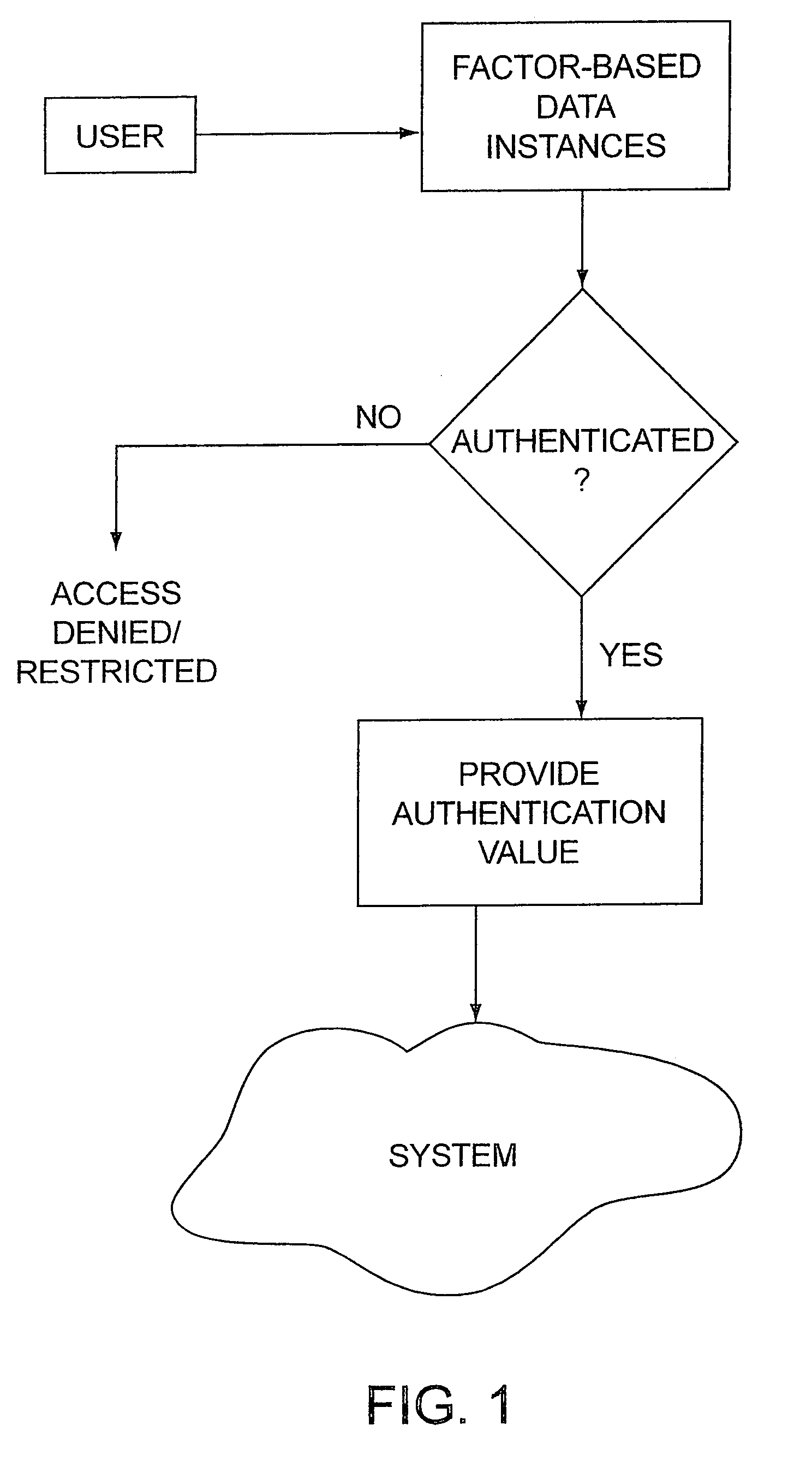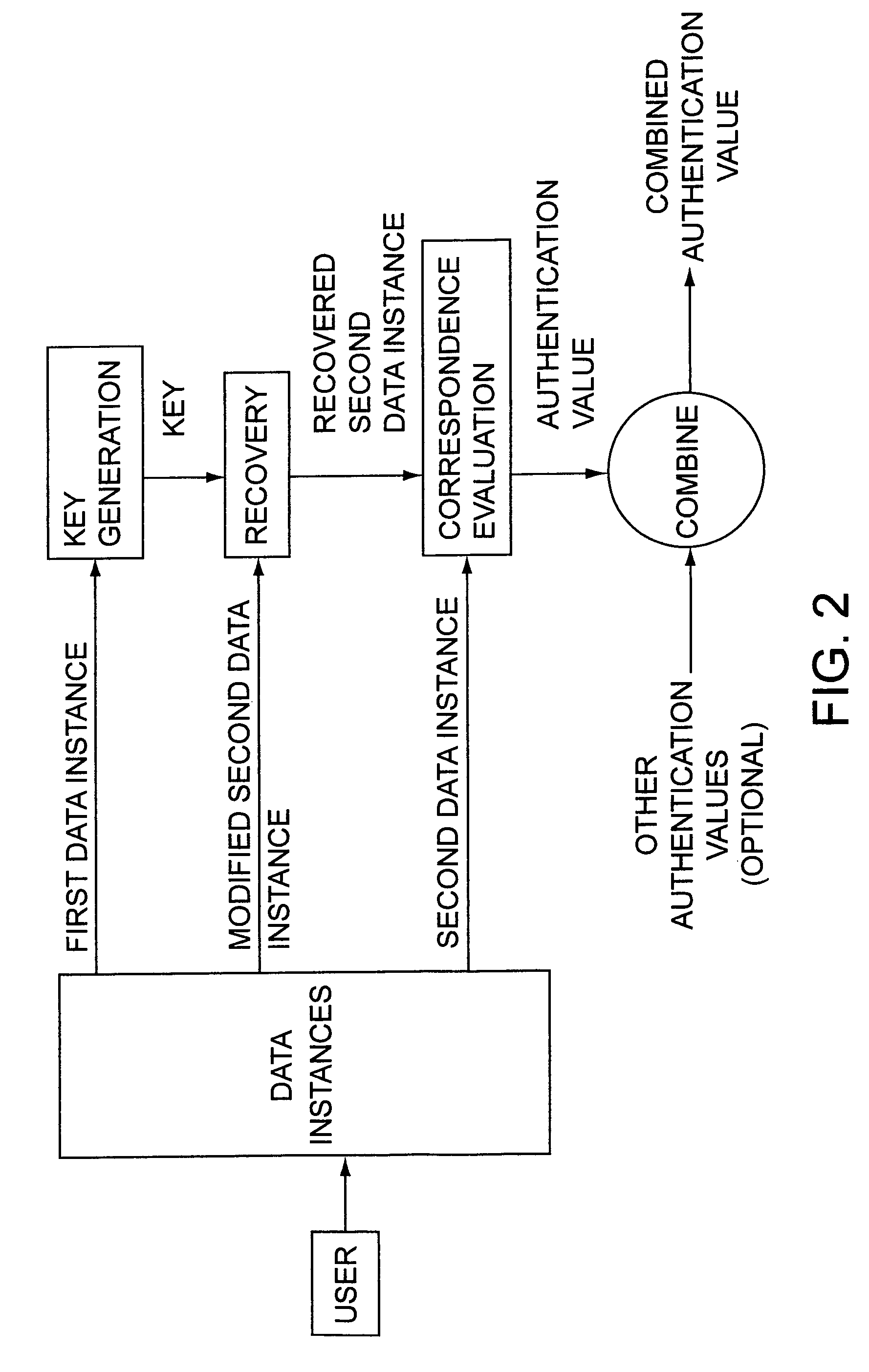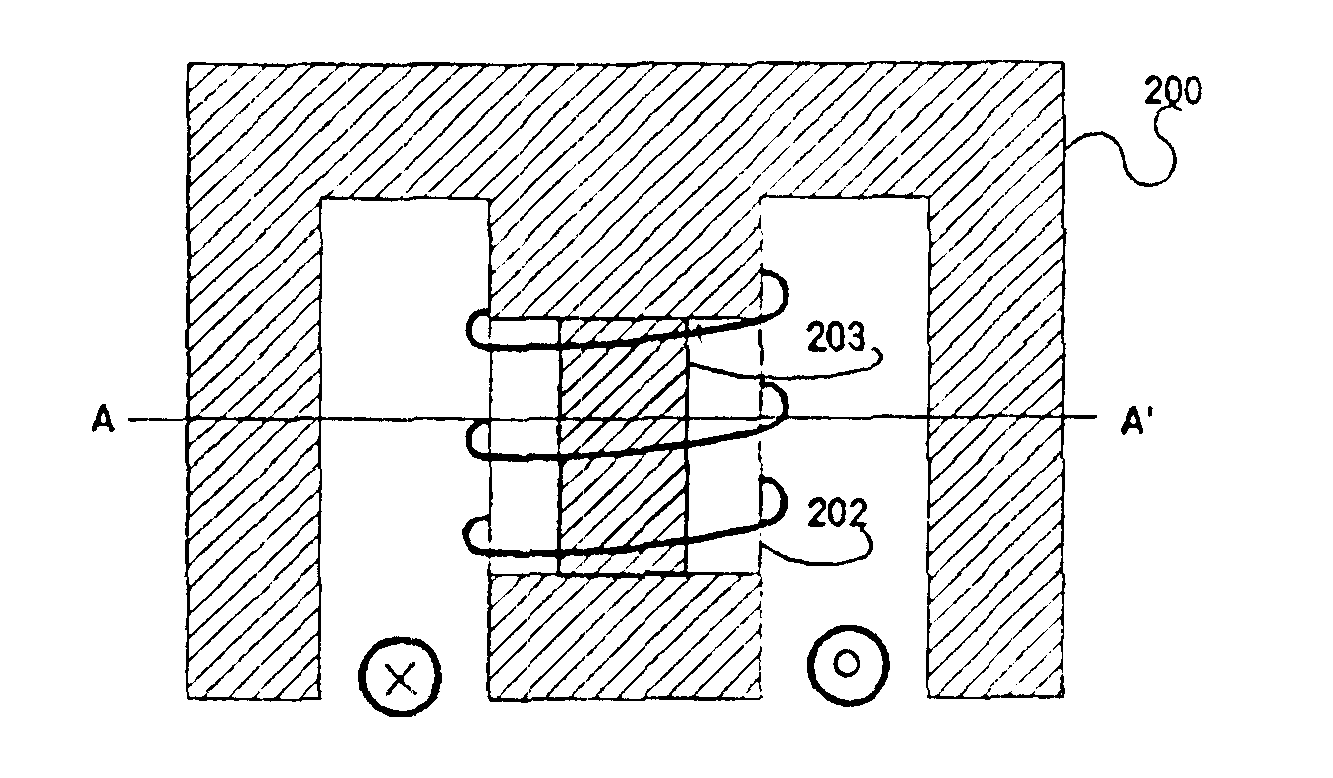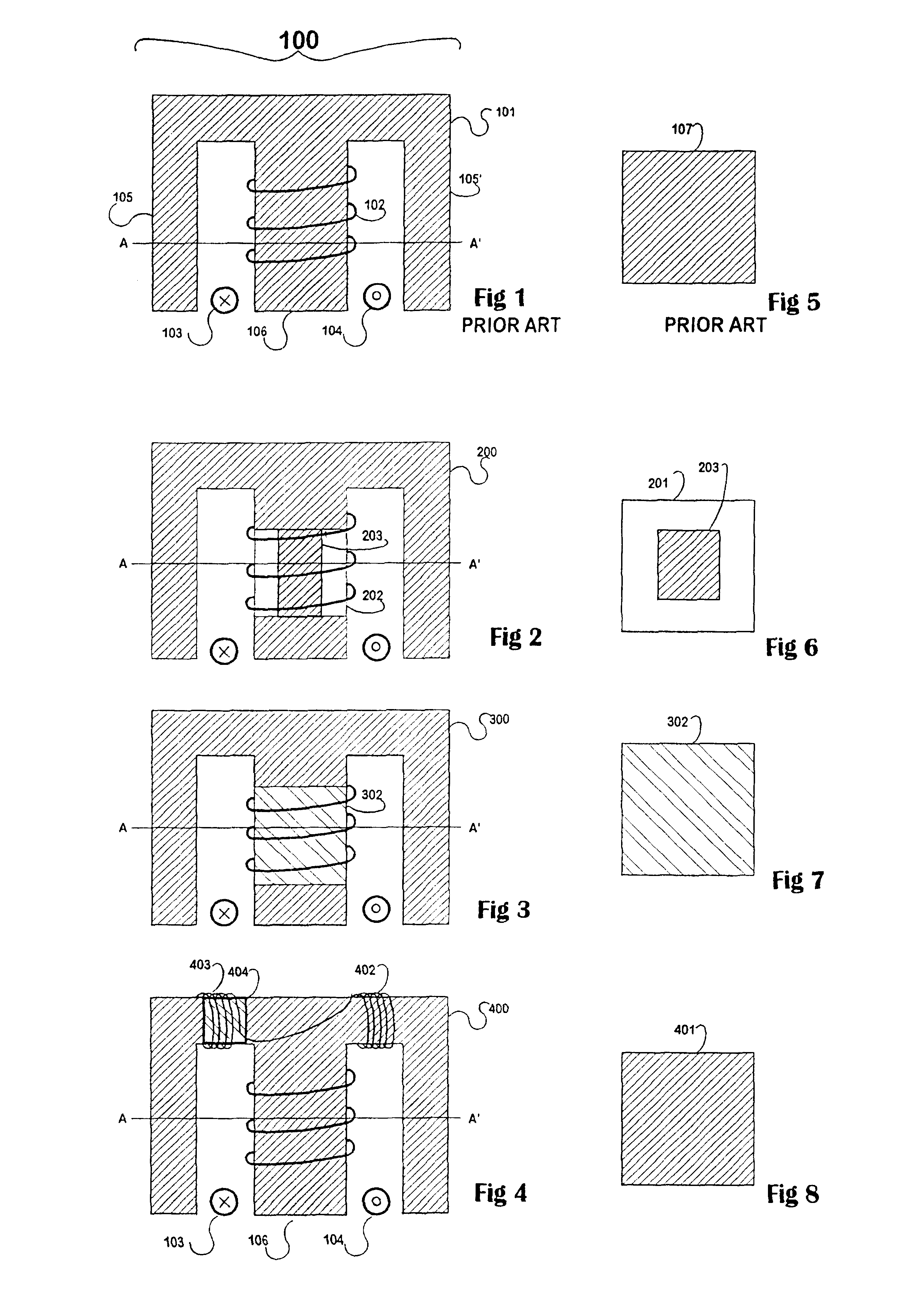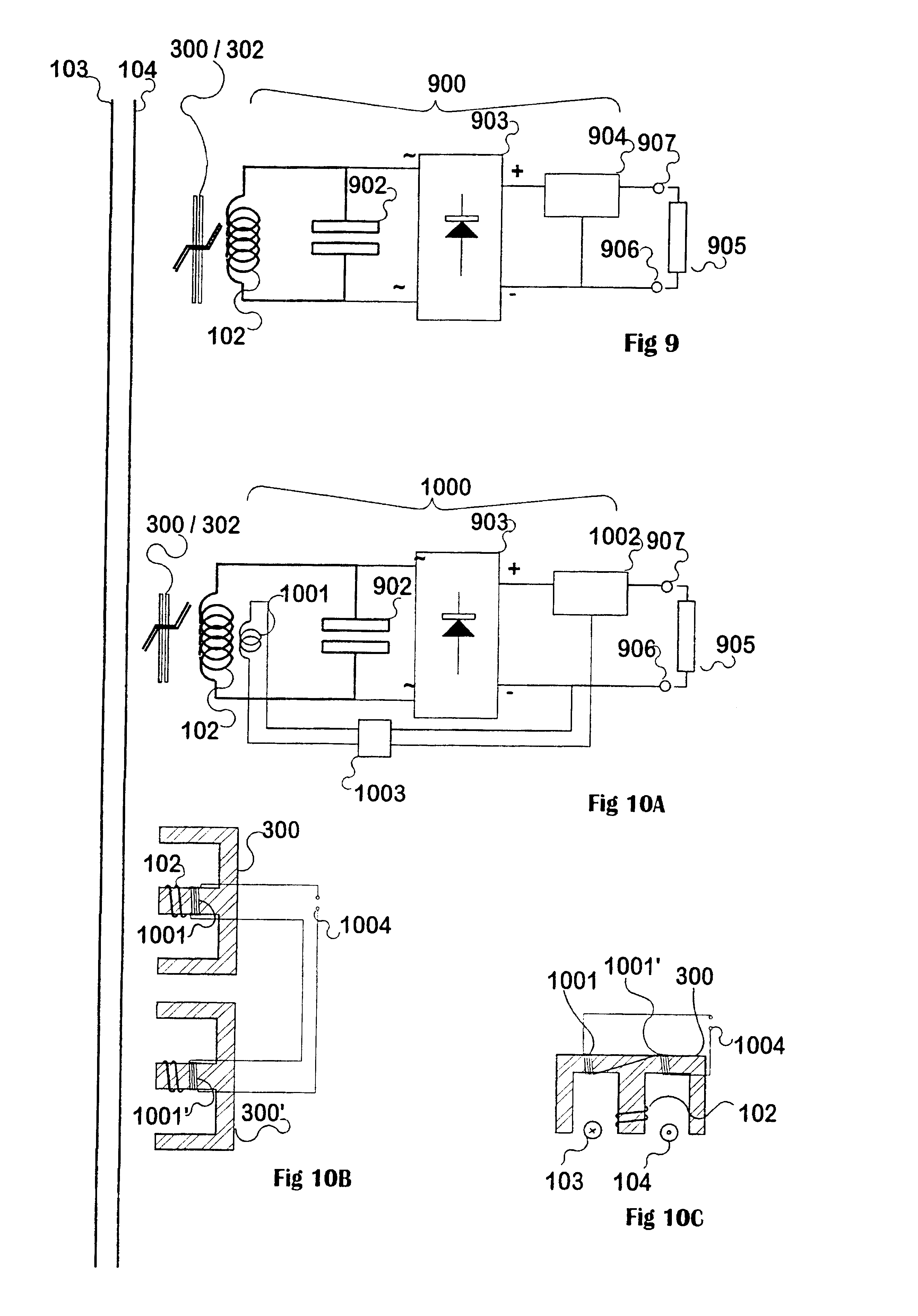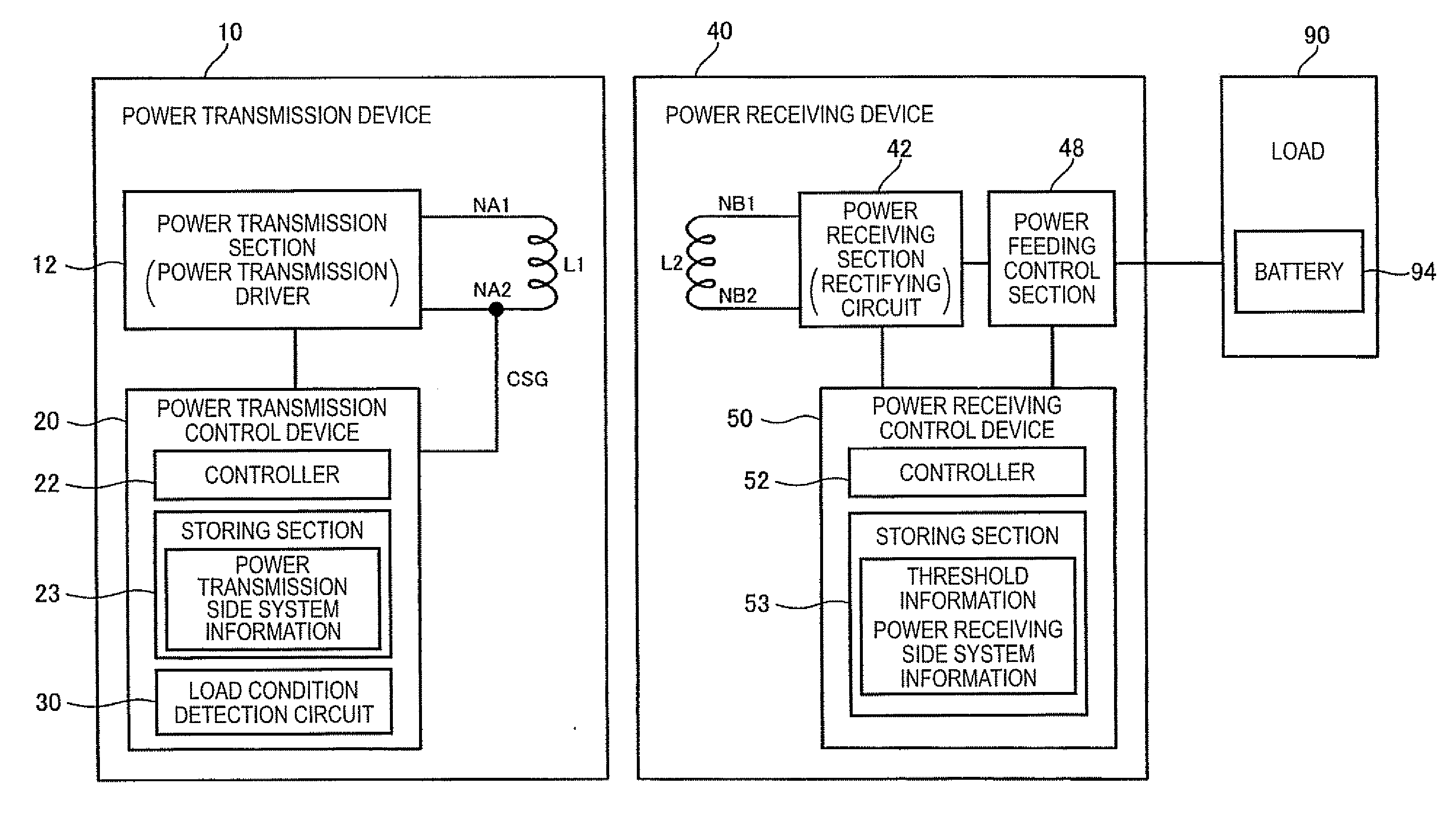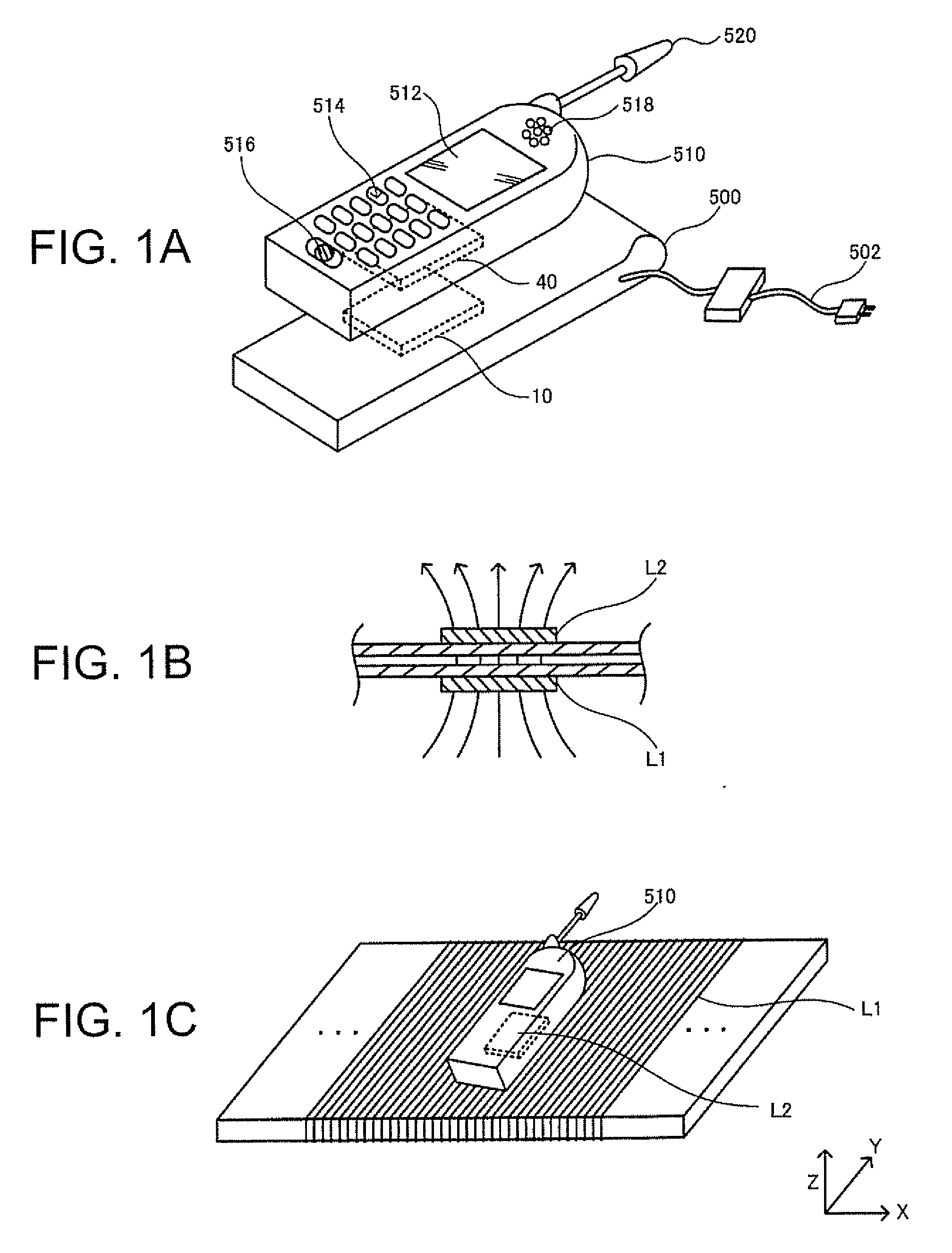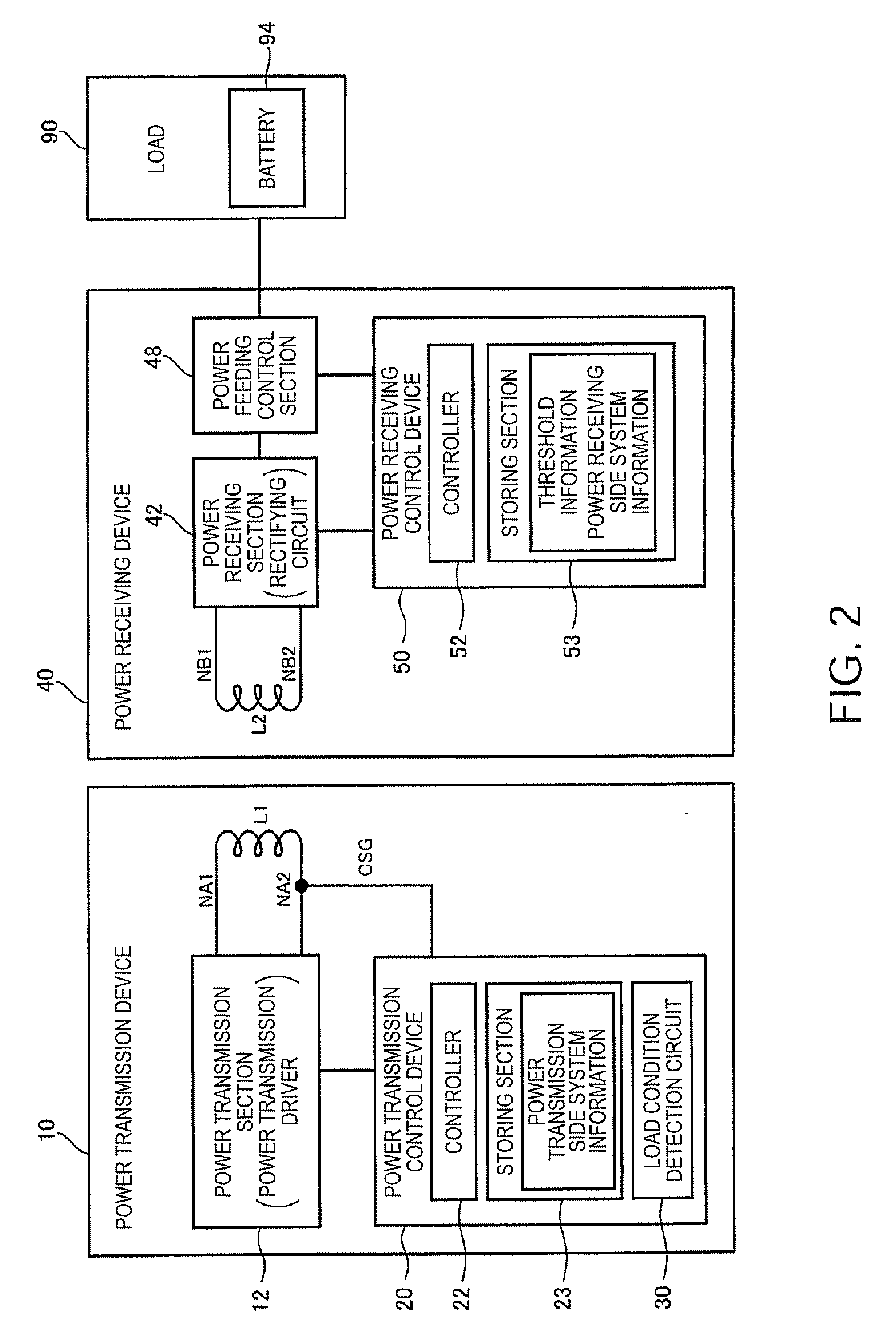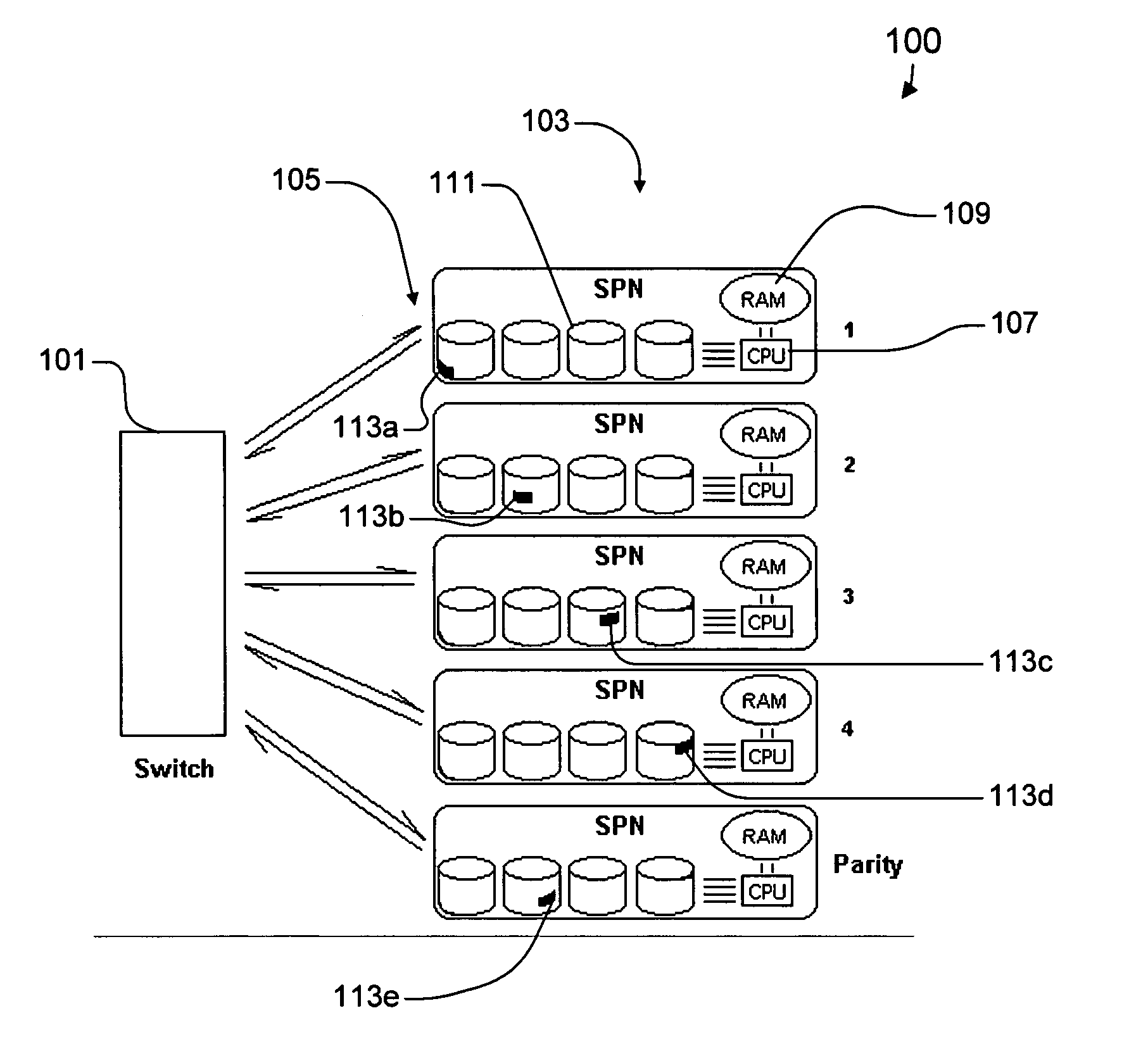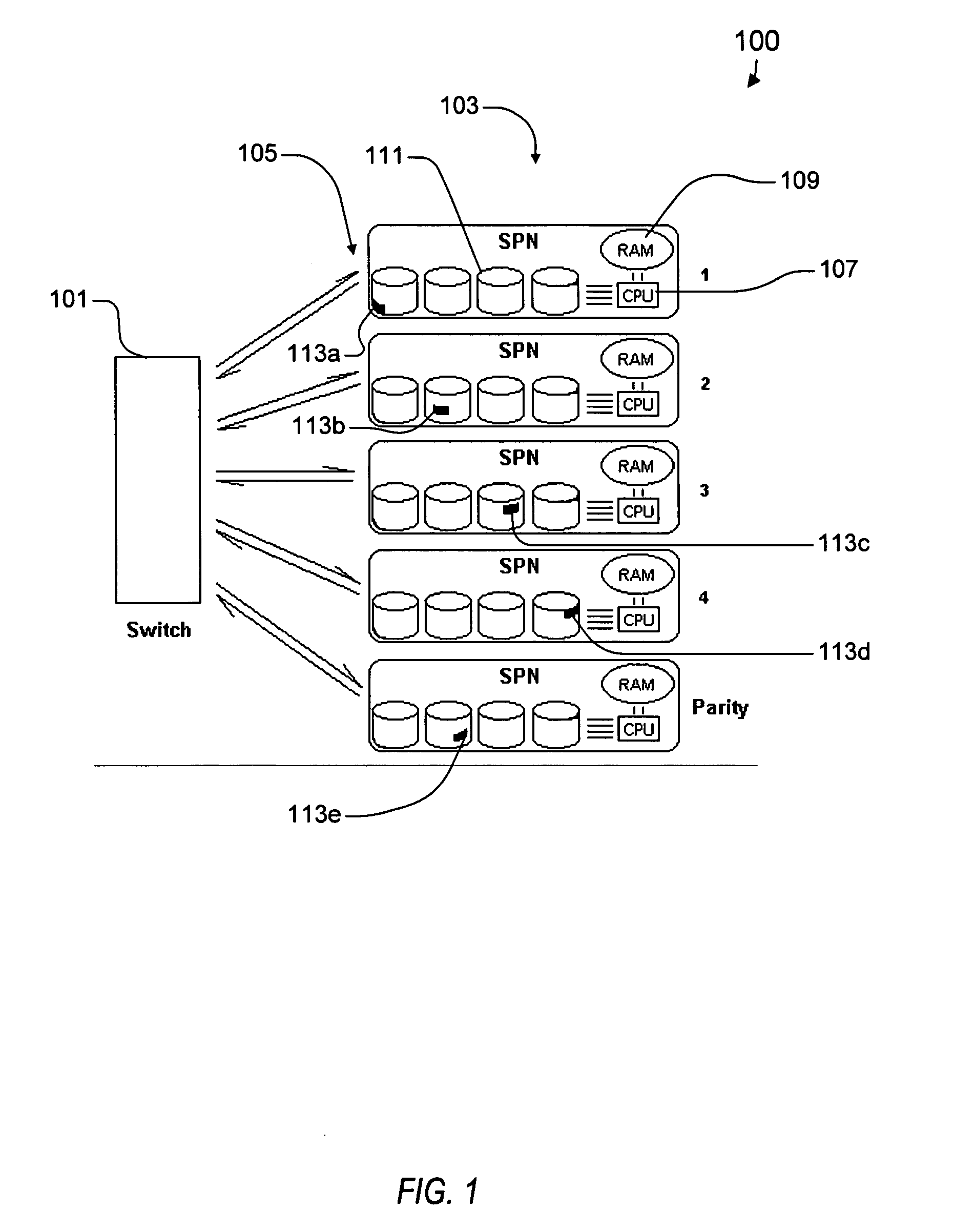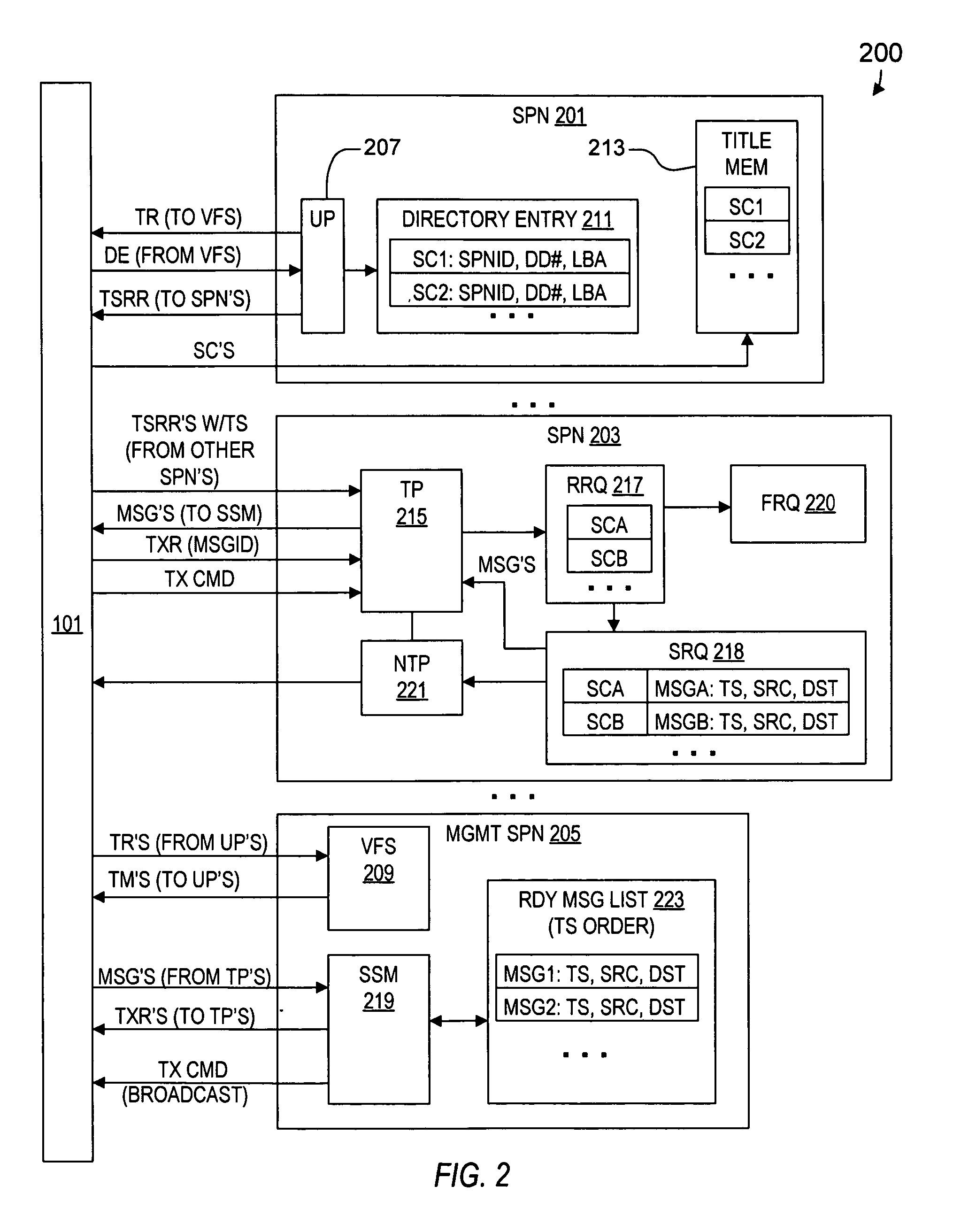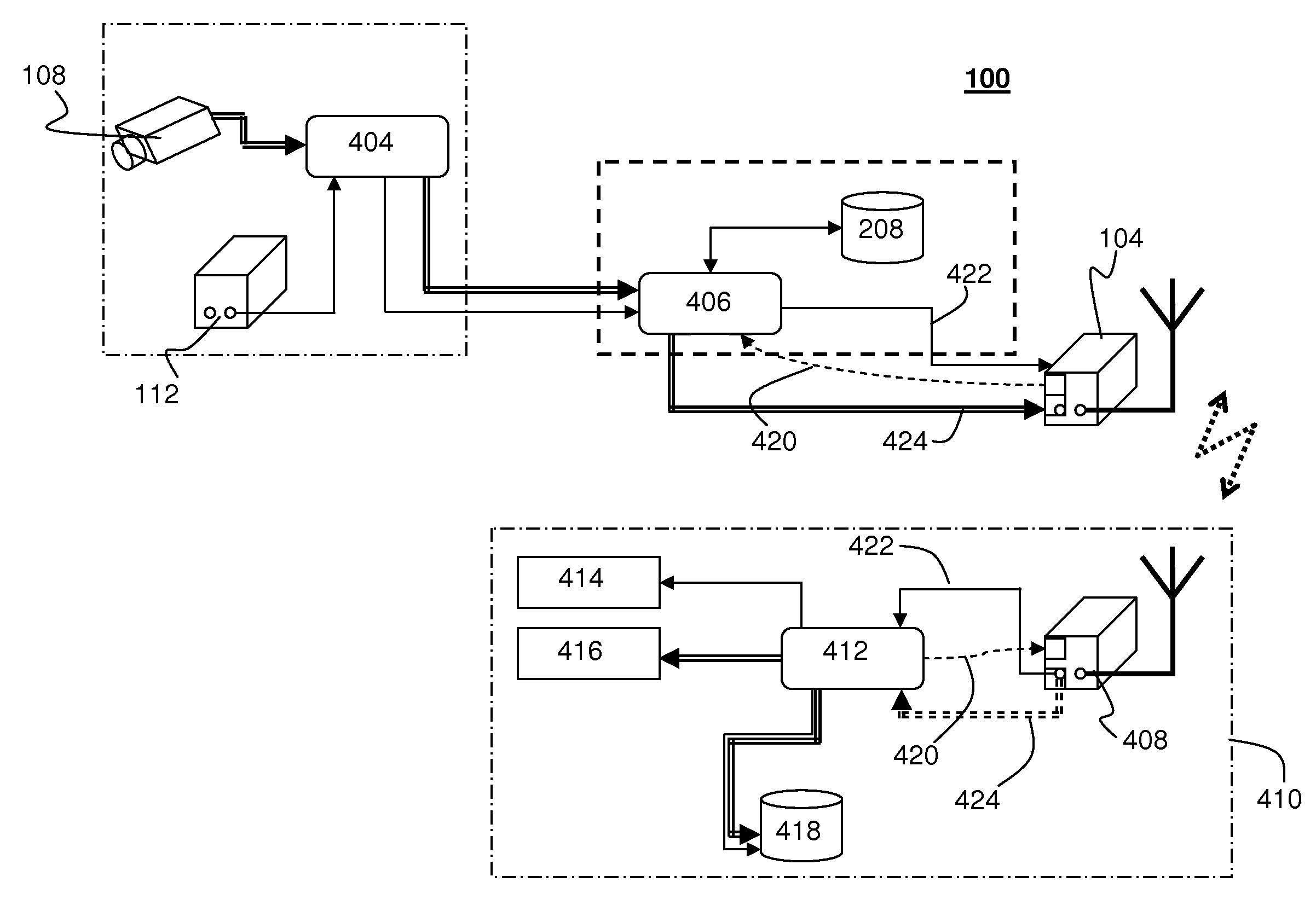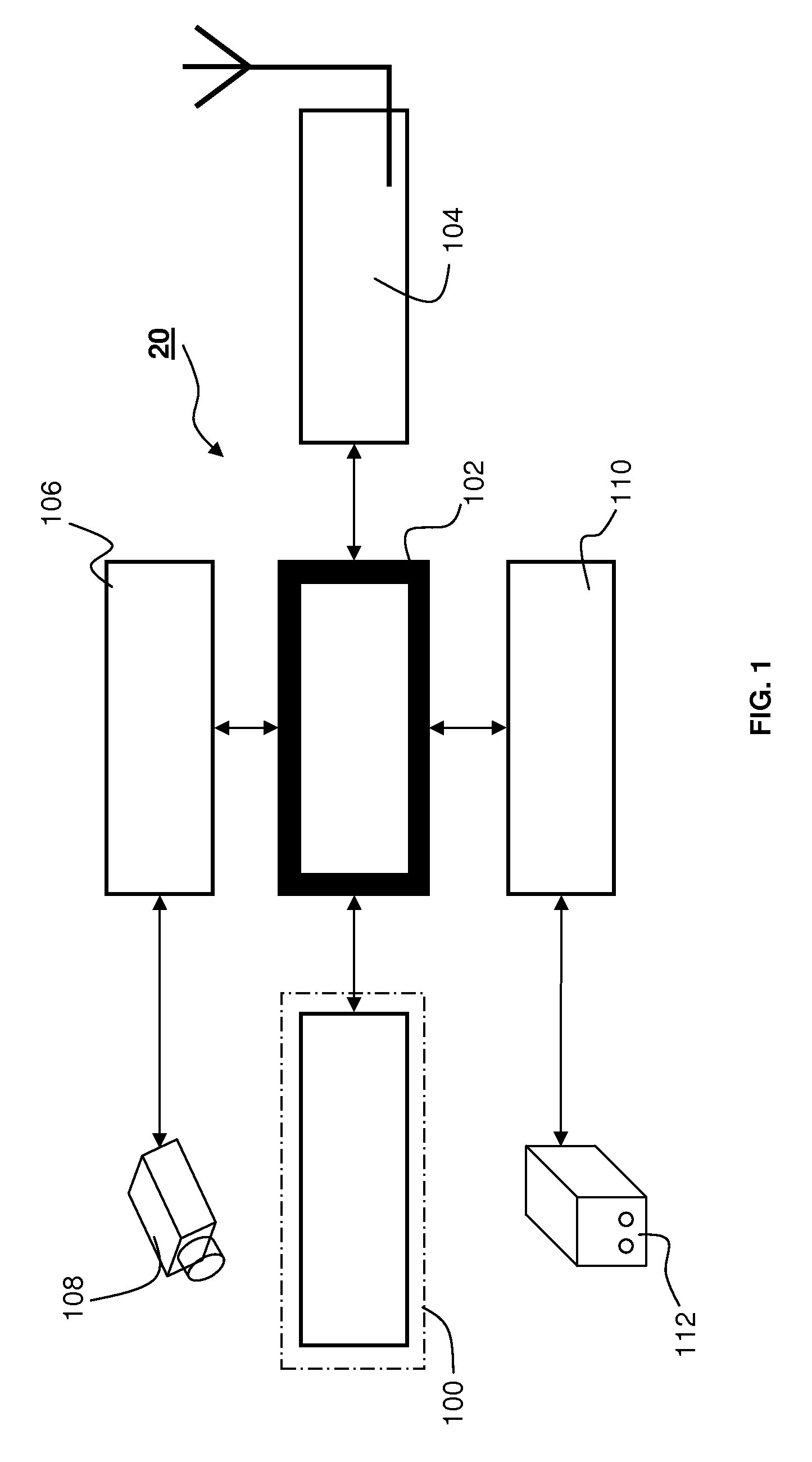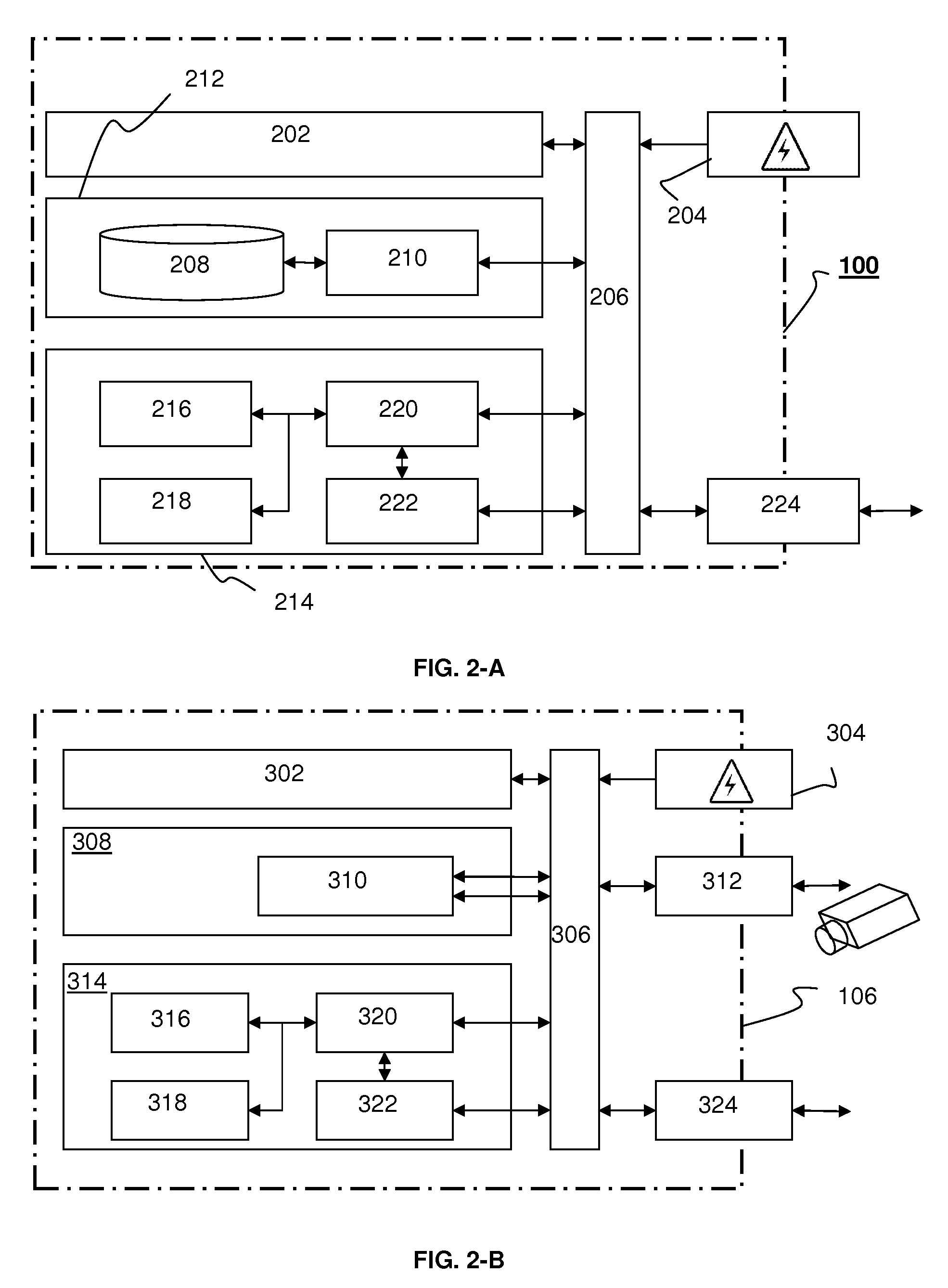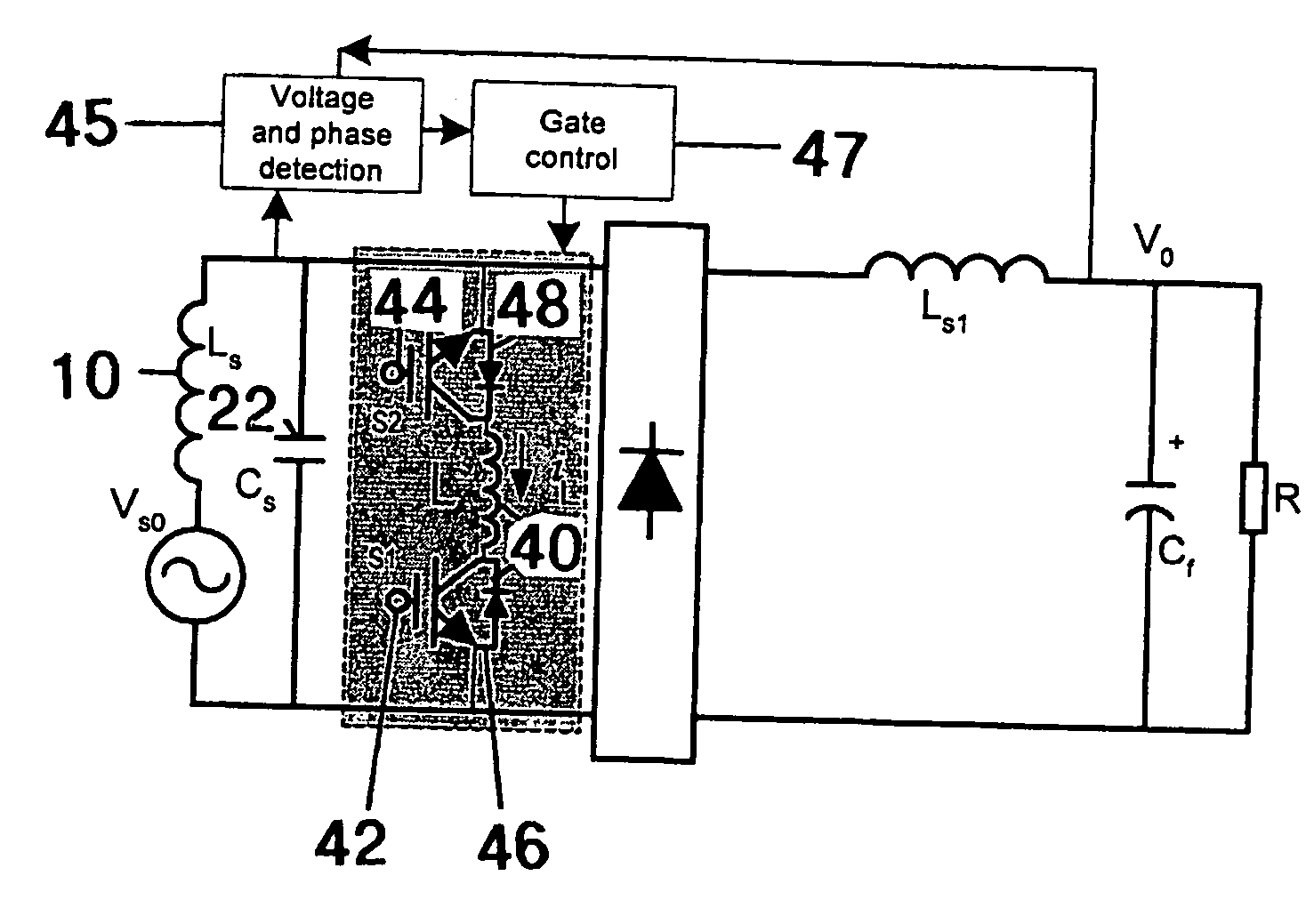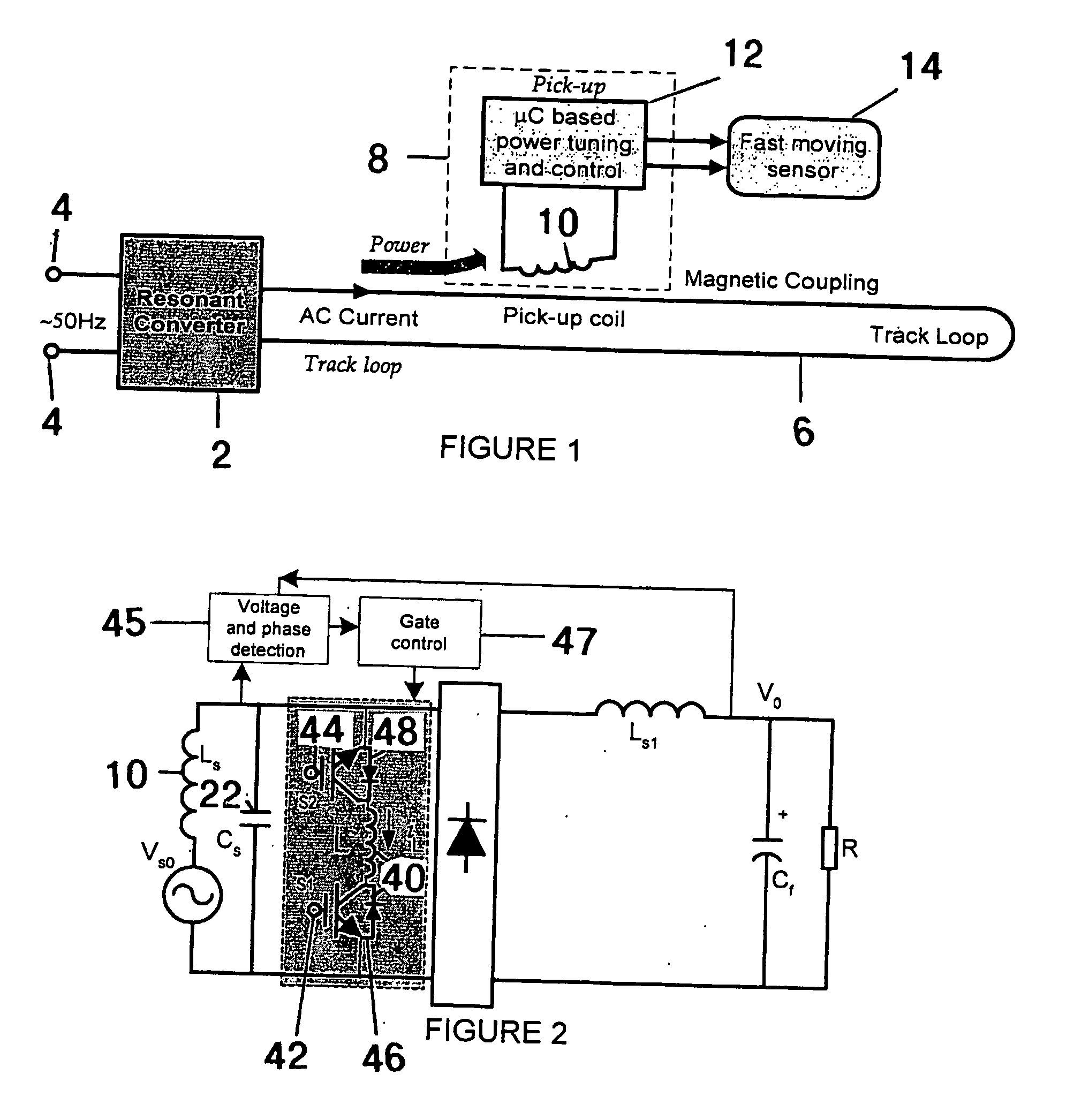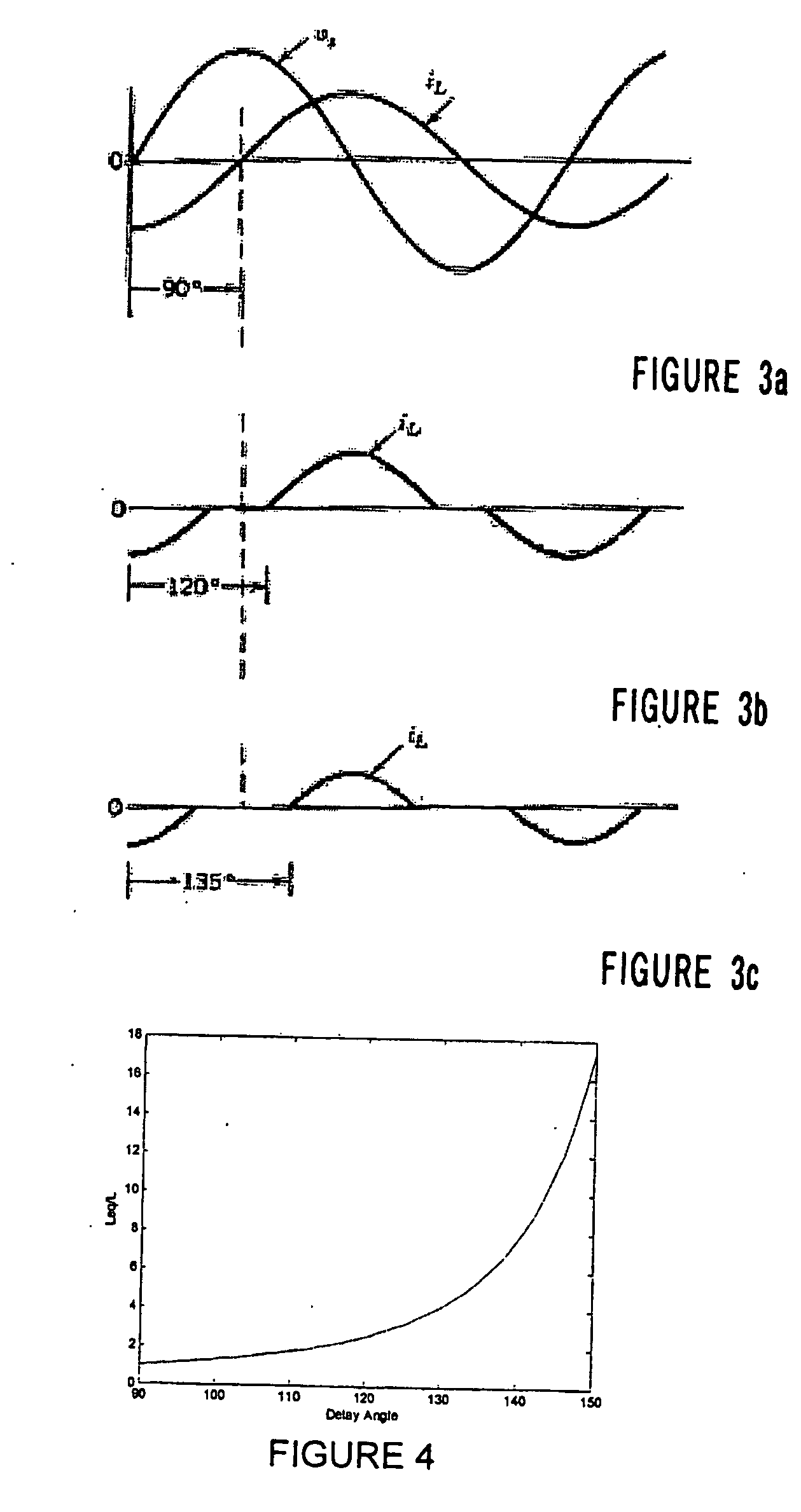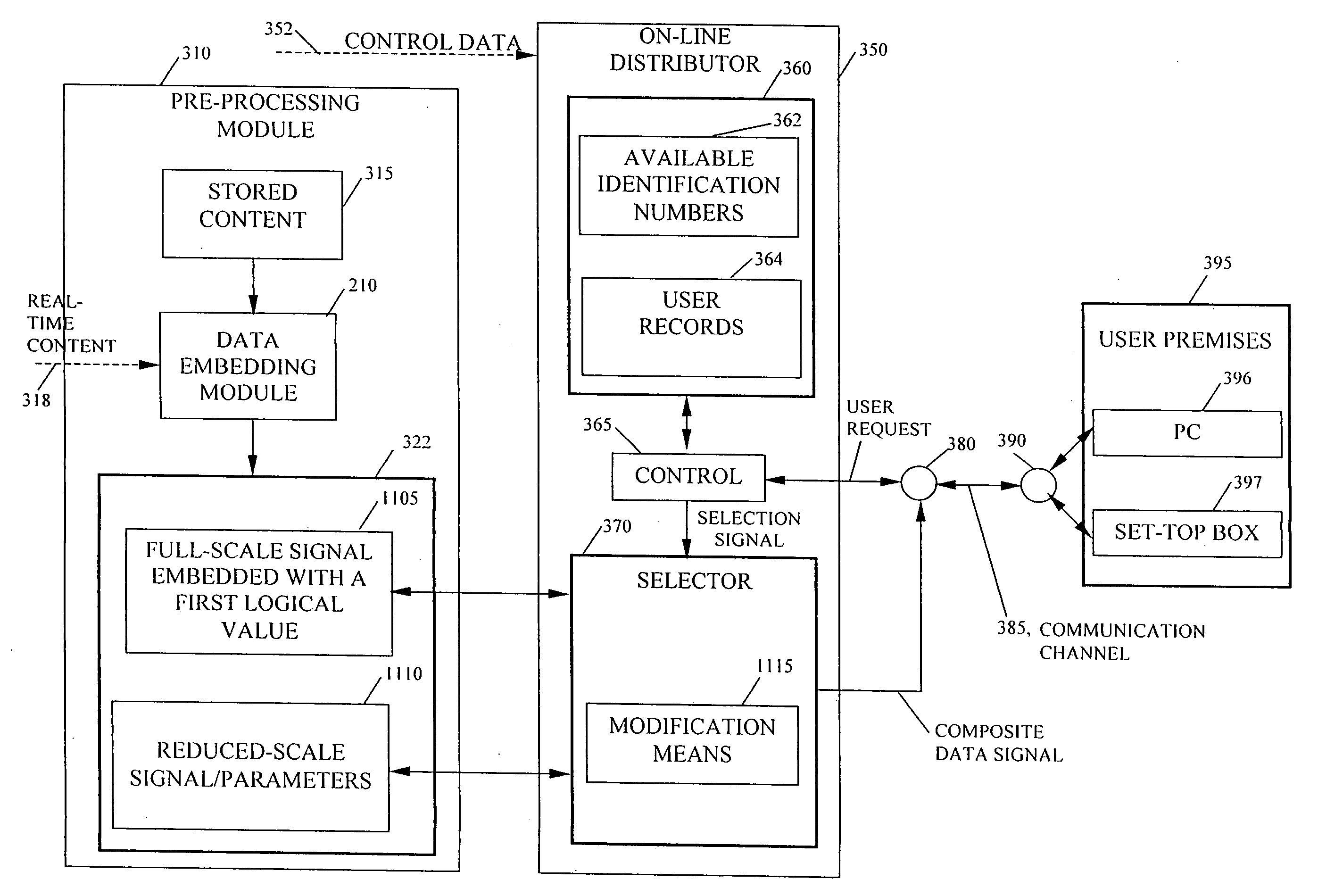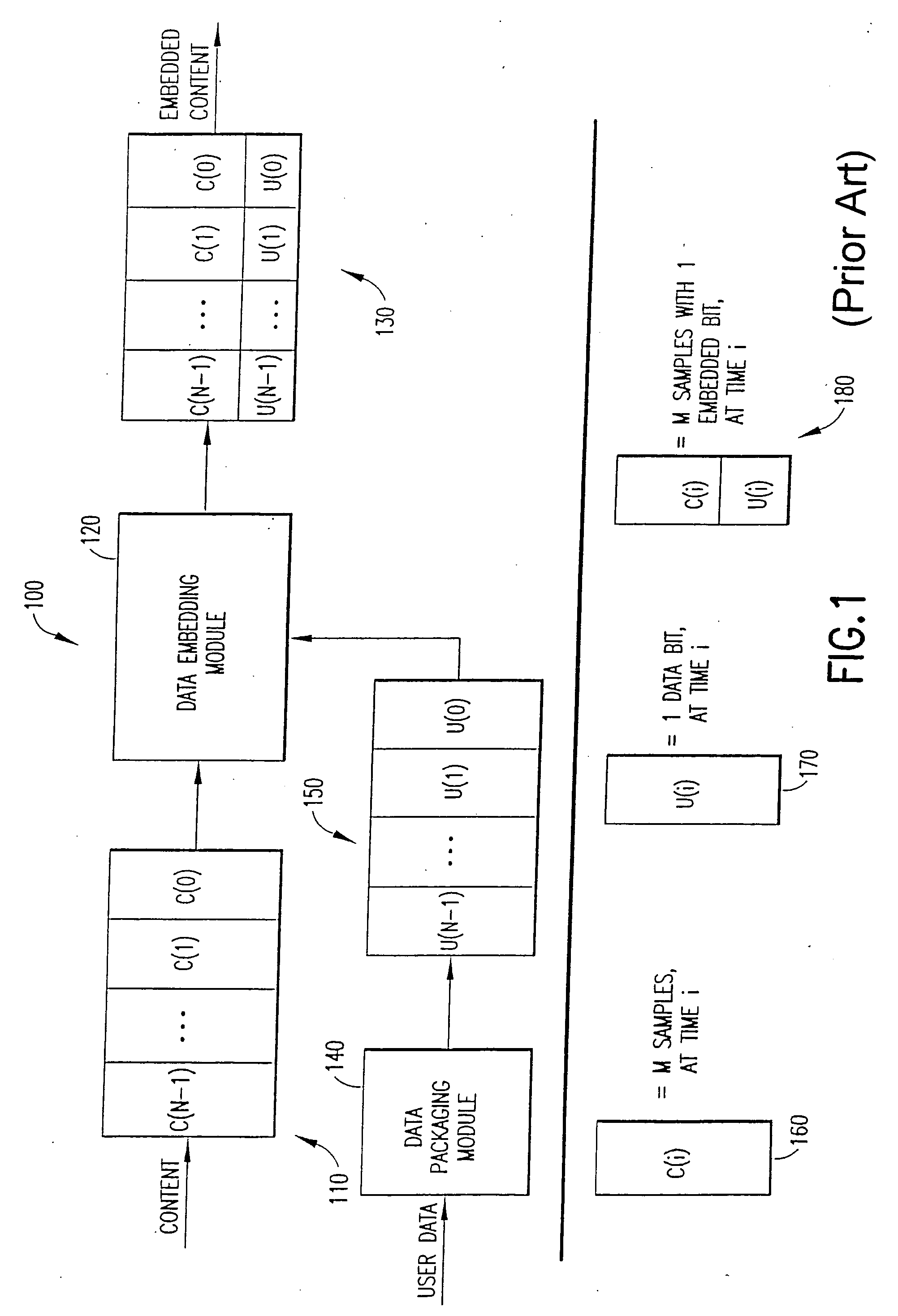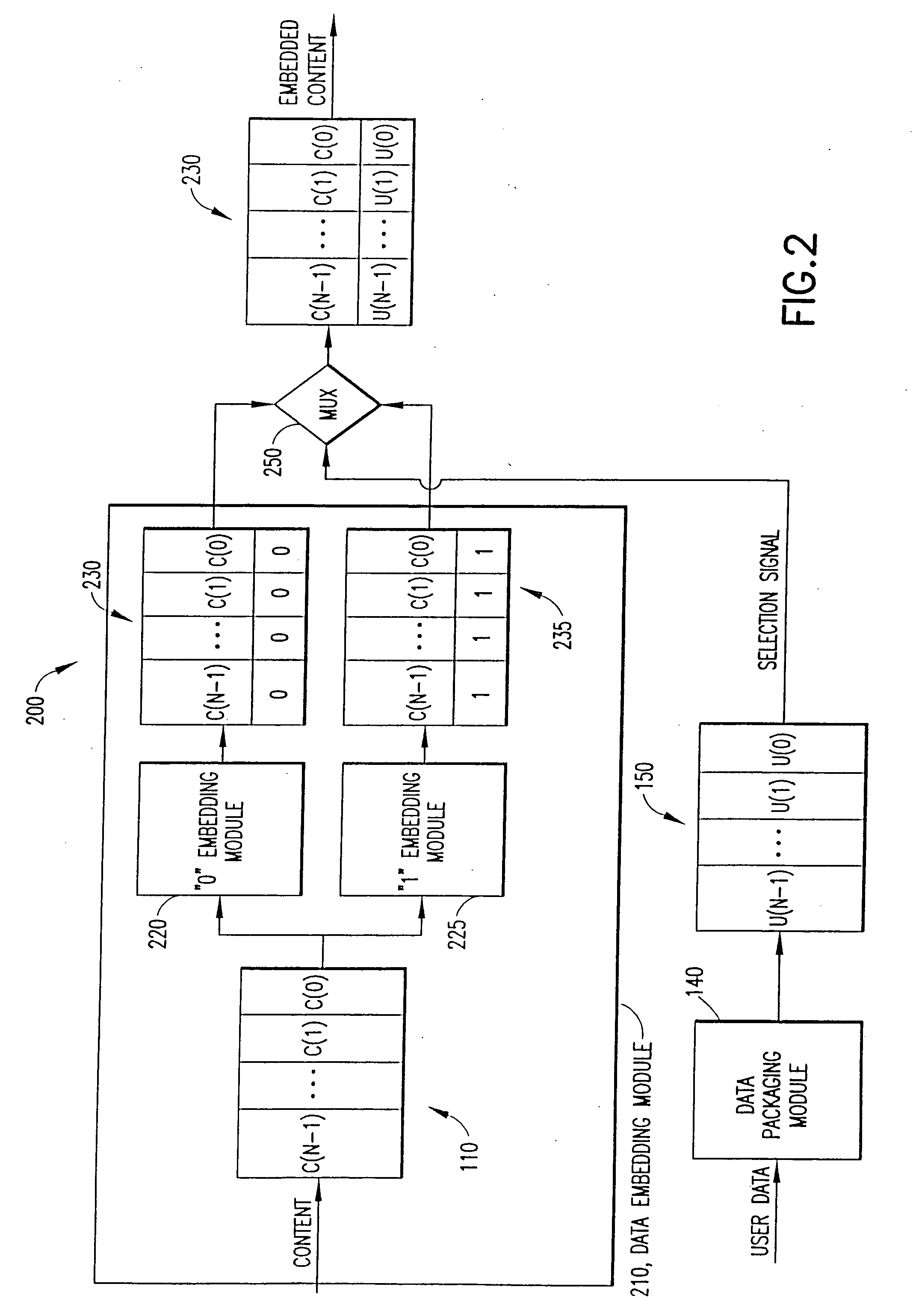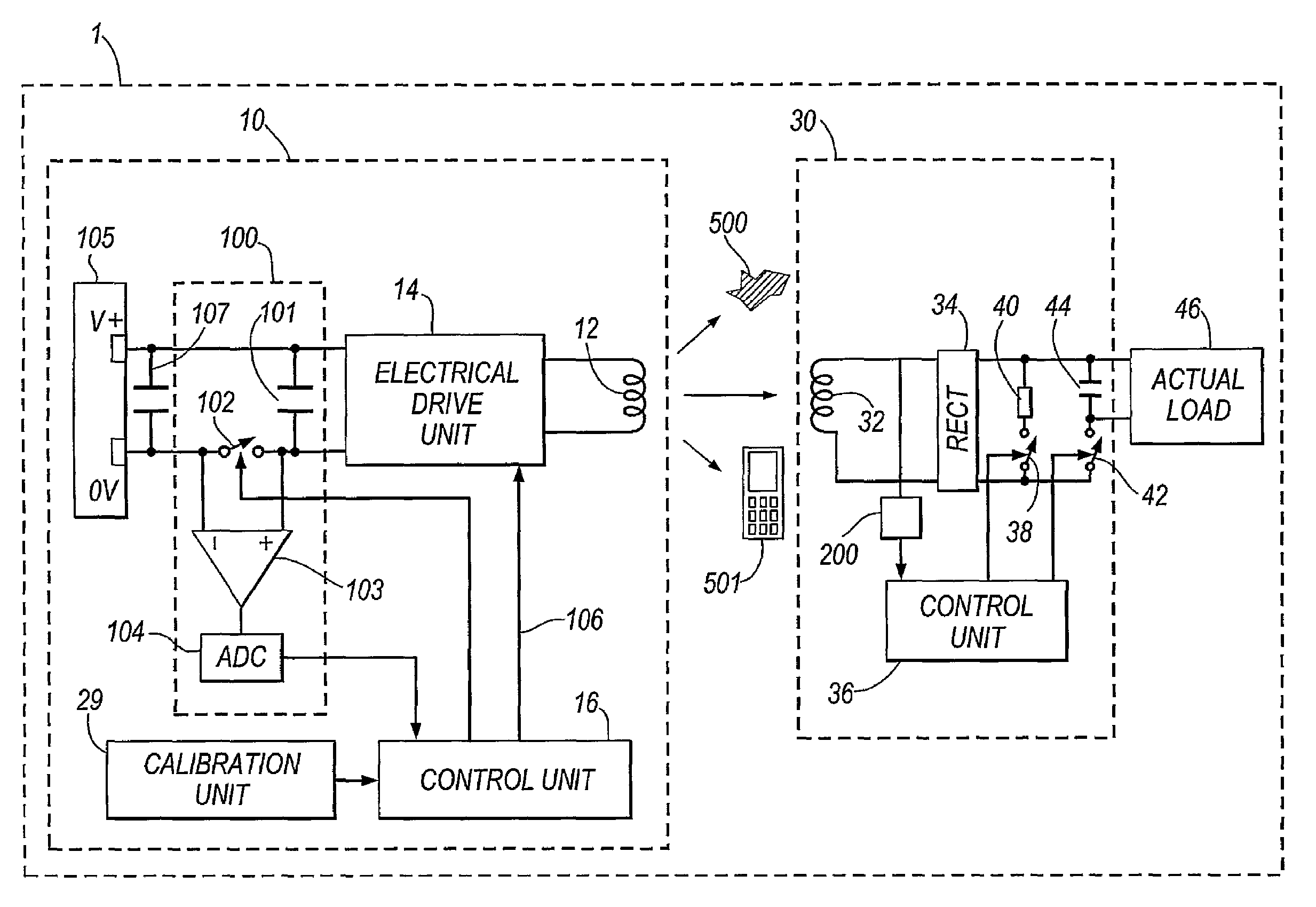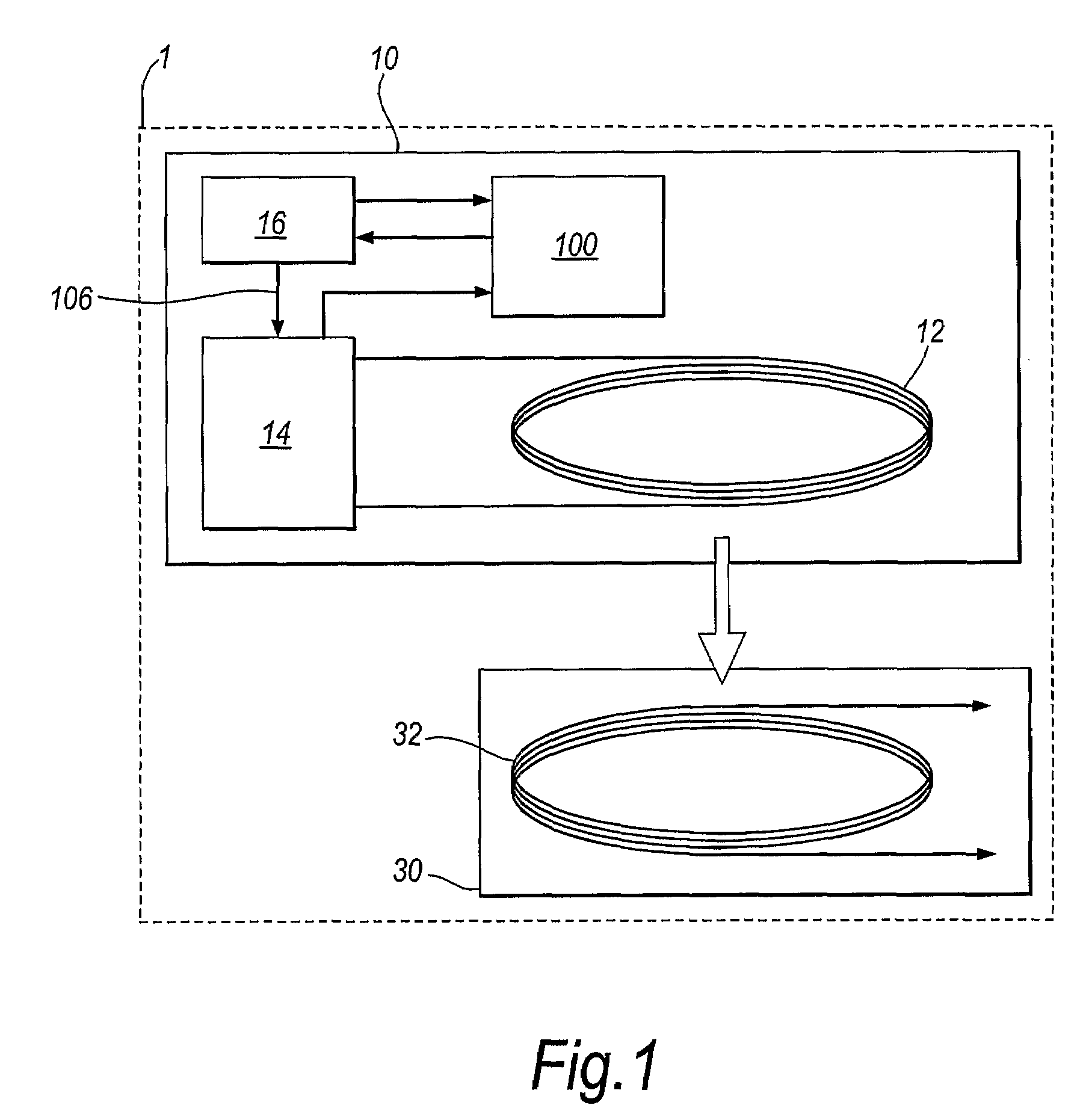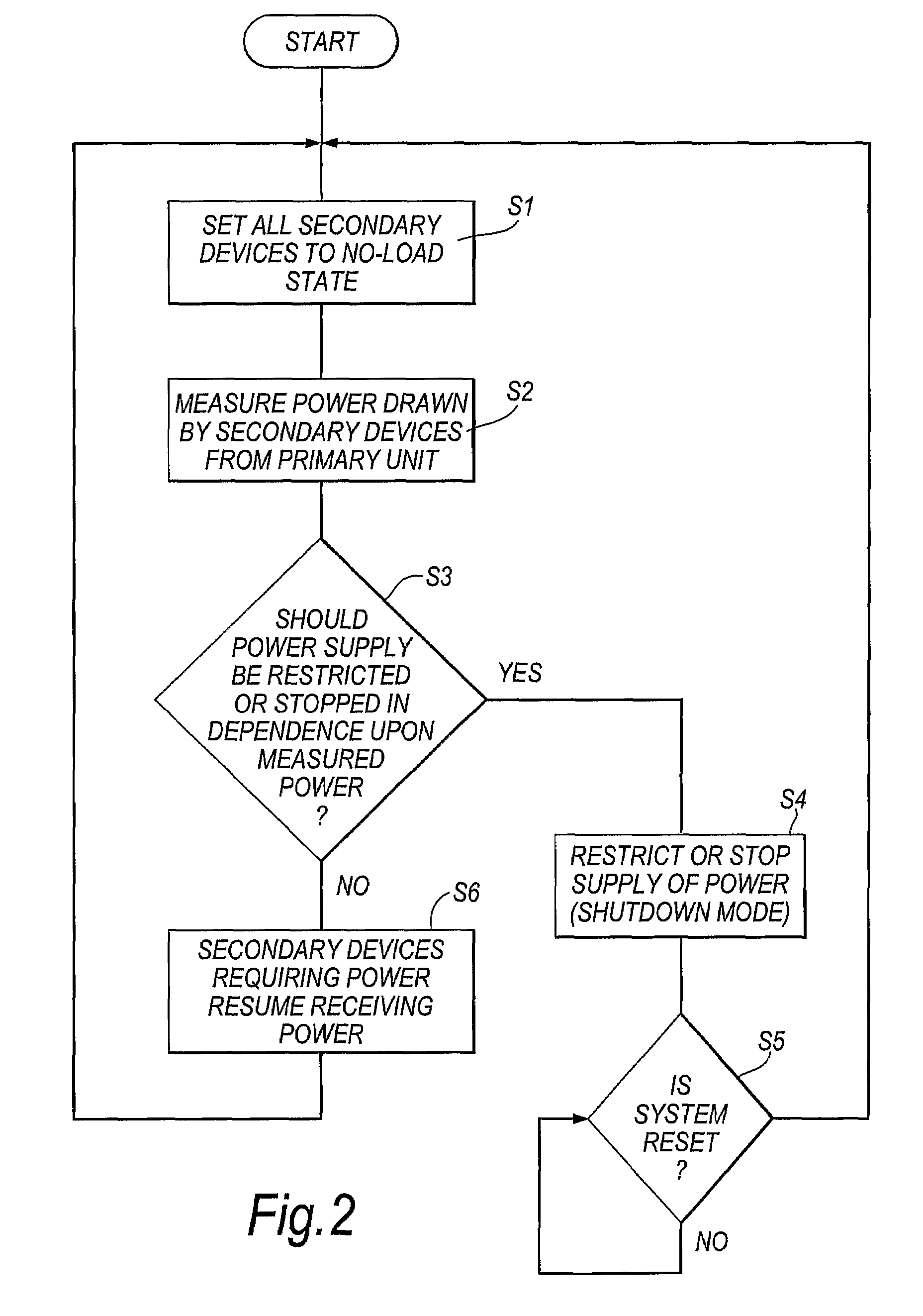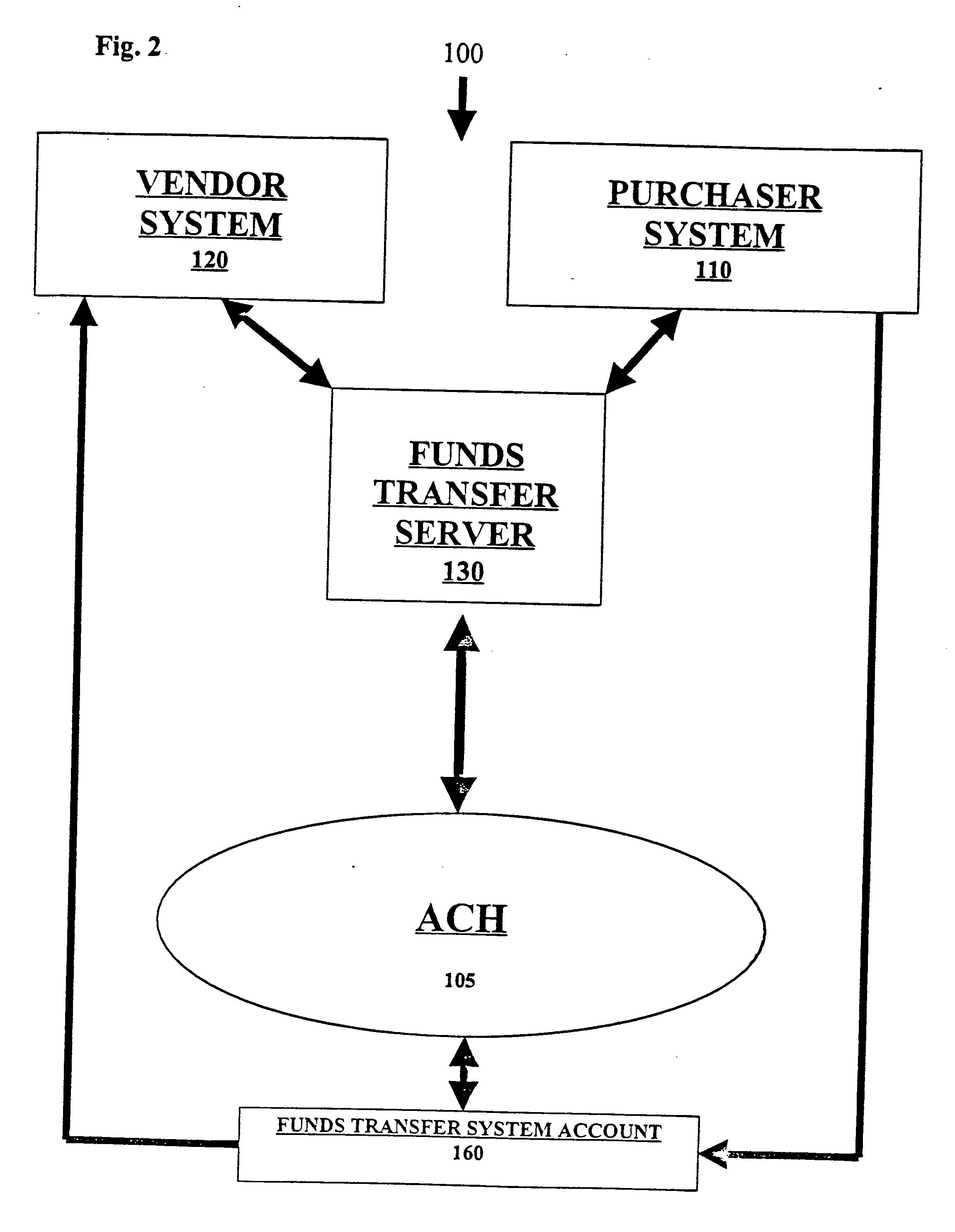Patents
Literature
Hiro is an intelligent assistant for R&D personnel, combined with Patent DNA, to facilitate innovative research.
4631 results about "Transfer system" patented technology
Efficacy Topic
Property
Owner
Technical Advancement
Application Domain
Technology Topic
Technology Field Word
Patent Country/Region
Patent Type
Patent Status
Application Year
Inventor
A value transfer system refers to any system, mechanism, or network of people that receives money for the purpose of making the funds or an equivalent value payable to a third party in another geographic location, whether or not in the same form. The average size of the payment is an indicator of the system 's use.
Method and apparatus for funds and credit line transfers
A financial tender transfer system allows a transferor to transfer credit or make payment to a transferee by debiting the credit card of the transferor and crediting the credit card of the transferee. The financial tender transfer system gives the transferee immediate access to the transferred money and ensures the transferor's credit card is valid. Neither party needs to give their credit card number to the other, so security is preserved. Any amount of value up to the full credit line of the transferor can be transferred to the transferee.
Owner:PAYPAL INC
Method and apparatus for funds and credit line transfers
A financial tender transfer system allows a transferor to transfer credit or make payment to a transferee by debiting the credit card of the transferor and crediting the credit card of the transferee. The financial tender transfer system gives the transferee immediate access to the transferred money and ensures the transferor's credit card is valid. Neither party needs to give their credit card number to the other, so security is preserved. Any amount of value up to the full credit line of the transferor can be transferred to the transferee.
Owner:PAYPAL INC
Wireless and powerless sensor and interrogator
InactiveUS6988026B2Low costPrecise positioningVehicle testingRegistering/indicating working of vehiclesCapacitanceRadio frequency energy
Arrangement and method for monitoring a tire mounted to the vehicle in which a thermal radiation detecting device detects the temperature of the tire at different circumferential locations along the circumference of the tire. The detected temperatures of the tire are analyzed to determine, for example, whether a difference in thermal radiation is present between the circumferential locations of the tire, and if so, an action is effected in response to the analysis. The thermal radiation detecting devices are preferably supplied with power wirelessly, e.g., through an inductive system, a capacitive system or a radio frequency energy transfer system.
Owner:AMERICAN VEHICULAR SCI
Rotary data and power transfer system
InactiveUS20120007442A1Increase distanceIncreases useful information rateElectromagnetic wave systemTransformersElectricityElectric power transmission
A data and power transfer system comprising a first system unit which includes a first communication element operable to transfer communication signals and a first connector element operable to transfer electrical power; and a second system unit which includes a second communication element operable to transfer communication signals and a second connector element operable to transfer electrical power, wherein the first communication element and second communication element are operable to transfer data between one another and the first connector element and second connector element are operable to transfer electrical power whilst electrically insulated from one another.
Owner:WFS TECH
Computer-based funds transfer system
A service configured to be accessible by two or more parties to a two-sided funds transfer transaction through a computer network (e.g., the Internet) provides functionality for sending a payment request to a target payer or payee who is not yet registered with the service. Depending upon who is initiating the transaction (i.e., a payer or a payee) the payment requests may be received as requests to send payments or requests to collect payments. In the latter case, the service may be further organized to solicit a payment, for example by transmitting an e-mail message to a second party to the funds transfer transaction. When used to collect payments, the service may be further organized to process one or more responses to the above-mentioned solicitations.
Owner:ACCENT COM INC +1
Power Transmission Device, Power Transmission Method, Program, Power Receiving Device and Power Transfer System
ActiveUS20090281678A1Improve user convenienceMechanical power/torque controlElectromagnetic wave systemTransmitted powerTransfer system
There is provided a power transmission device including a communication part that performs communication with an external power transmission device that transmits power, a power transmission part that transmits power to a power receiving device that receives the transmitted power in a non-contact manner, a determination part that determines whether power can be transmitted, based on external power transmission information received by the communication part indicating a start of power transmission by the external power transmission device, and a power transmission control part that controls the power transmission part to selectively transmit power based on a determination result from the determination part.
Owner:SONY CORP
Electronic apparatus, electronic camera, electronic device, image display apparatus, and image transmission system
ActiveUS20050001024A1Speed up user identificationAvoid mistakesTelevision system detailsElectric signal transmission systemsComputer hardwareTransfer system
In an electronic apparatus having a user identification function or in a user identification method, an electronic apparatus and an electronic instrument having stored therein user personal information communicate in wireless with each other so as to enable the electronic apparatus to automatically identify the electronic apparatus user. If the electronic apparatus identifies a plurality of possible users, the electronic apparatus automatically selects the user by executing specific user identification processing.
Owner:NIKON CORP
Interfaces and systems for displaying athletic performance information on electronic devices
Athletic performance monitoring systems include components for sensing performance data and / or displaying desired information to users. Electronic interface systems facilitate transfer of the data from the performance sensing system to a display device, e.g., to enable the display of athletic performance data on an electronic display device, including conventional electronic display devices that are known and commercially available (e.g., cellular telephones, PDAs, pagers, beepers, MP3 or other audio players, radios, portable televisions, portable DVD players, other video playing devices, watches, etc.). The sensing systems, as well as any data transfer systems associated therewith, may be included as part of an article of footwear, an article of clothing, a piece of athletic equipment, or the like, or even included as part of the interface device.
Owner:NIKE INC
Systems and methods for sustained medical infusion and devices related thereto
Embodiments of the invention are directed to systems, methods and devices for sustained medical infusion with controlled rate injection of a liquid into a body. Such a system may include a first separate reusable unit, a second separate depletable unit a third separate disposable unit having a cannula, and may include a fourth separate remote control unit. Emission of appropriate instructions from the fourth unit, when the first unit, the second unit, and the third unit are coupled together in associative operation and disposed on the skin, power is supplied to an engine for generating motion to a fluid transfer system, and when the cannula is inserted in the well and in the body, liquid is transferred from the reservoir to the body, via the tube and the cannula, under control of the controller and transceiver.
Owner:ROCHE DIABETES CARE INC
High power wireless resonant energy transfer system
InactiveUS20080265684A1Increase powerImprove distributionBatteries circuit arrangementsRailway vehiclesResonant energyTransfer system
Owner:FARKAS
Implementation of an RF power transmitter and network
InactiveUS20070191075A1Electromagnetic wave systemCircuit arrangementsElectric power transmissionElectricity
Disclosed is a power transmission system for wirelessly powering a power harvesting device. The system comprises at least one RF power transmitter. The system includes an AC power grid, or a DC grid to which the transmitter is electrically connected. Also disclosed is an adjustable RF power transmitter for powering wirelessly an RF power harvesting- device. Also disclosed is a power transmission system for wirelessly powering an RF power harvesting device. The system can include a computer with an antenna or a lighting fixture or a light or a battery charging unit or a battery. Also disclosed is an apparatus for wirelessly powering a power harvesting device. Also disclosed is a method for wirelessly powering a power harvesting device.
Owner:POWERCAST
Access system utilizing multiple factor identification and authentication
InactiveUS20050235148A1Flexible approachEasy to useKey distribution for secure communicationPublic key for secure communicationTransfer systemPassword
A method of authenticating a user to use a system includes using a provider token to generate a random value. The token generates a derived key based at least in part on a token-provided salt value and a user-provided password. The provider generates a token unlock key based at least in part on the derived key and sends it to the token. First and second challenge data instances are generated by the provider and the token, respectively, and the process is terminated if the challenge data instances are determined not to match. If the challenge data instances are determined to match, then an encrypted data transfer system is established between the token and the provider, and the token unlocks locked private data stored on the token. The user is authenticated for secured use of the system based at least in part on the unlocked private data.
Owner:TECSEC
Energy transfer systems and methods for mobile vehicles
InactiveUS20110184842A1Save spaceLow costLevel controlDigital data processing detailsMobile vehicleEnergy transfer
An energy transfer system comprises a transmitter array, an energy transfer controller, a receiver array, a charging module. The transmitter array is embedded in a roadway and the energy transfer controller is coupled to the transmitter array. The receiver array and the charging module are part of a mobile vehicle. The transmitter array and the receiver array each include a plurality of coils. The energy transfer controller estimates a likely trajectory of the mobile vehicle and energizes individual coils of the transmitter array using this position estimate. The energy transfer controller varies the resonant circuit component values of the transmitter during the transfer cycle such as resonant coupling capacitance values. The charging module also varies the resonant circuit component values of the coils in the receiver array to match the transfer array for transfer of energy from the transmitter array to the receiver array. The present invention also includes a method for energy transfer.
Owner:TOYOTA JIDOSHA KK
Conveyor and deposition apparatus, and maintenance method thereof
ActiveUS20100126415A1Installation area of the deposition apparatus small and narrowLiquid surface applicatorsConveyorsTransfer systemEngineering
A conveyor and a deposition apparatus, and a maintenance method thereof are disclosed. The conveyor includes a frame; a lower support mechanism for supporting a carrier on which is longitudinally mounted a substrate and for transferring the carrier; and an upper support mechanism for supporting the carrier, in which the frame comprises a lower frame and an upper frame, and in which the lower support mechanism is provided on the lower frame and the upper support mechanism is provided on the upper frame, the upper frame and the lower frame being configured to be separately movable. Therefore, with the rotational movement of the upper frame, it is possible to arrange a cathode member in a space formed above the lower frame. This can make the spacing between the deposition treatment passage and the carrier transfer passage small. As a result, it is possible to make an inner court of the deposition apparatus narrow. Therefore, in the conveyor capable of transferring a carrier and in the deposition apparatus including the conveyor and further including a vacuum treatment apparatus and a transfer system, it is possible to make the installation area thereof small and narrow.
Owner:ULVAC INC
Low latency cacheable media streaming
ActiveUS20110080940A1Lower latencyRaise the possibilityPicture reproducers using cathode ray tubesPicture reproducers with optical-mechanical scanningGroup of picturesCache server
A low latency streaming system provides a stateless protocol between a client and server with reduced latency. The server embeds incremental information in media fragments that eliminates the usage of a typical control channel. In addition, the server provides uniform media fragment responses to media fragment requests, thereby allowing existing Internet cache infrastructure to cache streaming media data. Each fragment has a distinguished Uniform Resource Locator (URL) that allows the fragment to be identified and cached by both Internet cache servers and the client's browser cache. The system reduces latency using various techniques, such as sending fragments that contain less than a full group of pictures (GOP), encoding media without dependencies on subsequent frames, and by allowing clients to request subsequent frames with only information about previous frames.
Owner:MICROSOFT TECH LICENSING LLC
Wireless video transmission system
InactiveUS20070153916A1Color television with pulse code modulationColor television with bandwidth reductionWireless videoTransfer system
Owner:SHARP KK
High power wireless resonant energy transfer system
InactiveUS7880337B2Batteries circuit arrangementsLoad balancing in dc networkResonant energyTransfer system
Owner:FARKAS
Temperature compensation in a wireless transfer system
InactiveUS20140312706A1Efficient deliveryEfficient energy transferMultiple-port networksNear-field transmissionElectricityCapacitance
Described herein are improved configurations for a resonator for wireless power transfer that includes a conductor forming one or more loops and having an inductance L, a network of capacitors, having a capacitance, C, and a desired electrical parameter, coupled to the conductor, the network having at least one capacitor of a first type with a first temperature profile of the electrical parameter, and the network having at least one capacitor of a second type with a second temperature profile of the electrical parameter.
Owner:WITRICITY CORP
System for inductive power transfer
InactiveUS20080238364A1Efficiently transfer powerSufficient operationElectric powerExchanging data chargerAudio power amplifierTransfer system
An inductive power transfer system including a synchronous drive system having a resonance control module. The resonance control module includes a primary coil module with a primary LC circuit. The resonance control module seeks and detects the resonant frequency of the primary LC circuit. The synchronous drive system further includes a switching coil amplifier for selectively energizing the primary coil to keep the primary LC circuit operating at or as close as possible to its natural resonant frequency. The inductive power transfer system may further include a secondary receiving unit. The secondary receiving unit includes a secondary LC circuit coupled with the primary LC circuit for inductively receiving power. The secondary LC circuit includes an LC filter and a rectifier unit for operating the secondary LC circuit at a mutual resonance with the primary LC circuit.
Owner:VISTEON GLOBAL TECH INC
Alignment independent and self-aligning inductive power transfer system
InactiveUS20120146426A1Easy transferTransformersTransformers/inductances circuitsTransfer systemTransformer
An inductive power transfer device is provided for recharging cordless appliances. The device includes a plurality of inductors arranged in an array and connected with a power supply via switches which are selectively operable to activate the respective inductors. The inductors serve as the primary coil of a transformer. The secondary coil of the transformer is arranged in the appliance. When the appliance is arranged proximate to the power transfer device with the respective coils in alignment, power is inductively transferred from the device to the appliance via the transformer.
Owner:SABO ANTHONY
Method for leak detection in heat transfer systems
InactiveUS20080314073A1Low vapor pressureMeasurement of fluid loss/gain rateCompression machines with non-reversible cycleTransfer systemSystem pressure
Disclosed is a method for detecting a leak in a closed loop heat transfer system comprising monitoring the pressure of the heat transfer composition inside said heat transfer system, wherein a drop in pressure indicates a leak. Also disclosed is a heat transfer system comprising an evaporator, a compressor, a condenser, an expander and a device for measuring internal system pressure. The system pressure measuring device is disposed inside the closed loop heat system. The internal system pressure measuring means may be located either between the evaporator and the condenser, between the expander and the evaporator, between the compressor and the condenser, or between the condenser and the expander.
Owner:EI DU PONT DE NEMOURS & CO
Access system utilizing multiple factor identification and authentication
InactiveUS7178025B2Easy to useSelection of credentials can be automatedKey distribution for secure communicationDigital data processing detailsTransfer systemPassword
A method of authenticating a user to use a system includes using a provider token to generate a random value. The token generates a derived key based at least in part on a token-provided salt value and a user-provided password. The provider generates a token unlock key based at least in part on the derived key and sends it to the token. First and second challenge data instances are generated by the provider and the token, respectively, and the process is terminated if the challenge data instances are determined not to match. If the challenge data instances are determined to match, then an encrypted data transfer system is established between the token and the provider, and the token unlocks locked private data stored on the token. The user is authenticated for secured use of the system based at least in part on the unlocked private data.
Owner:TECSEC
Control of inductive power transfer pickups
InactiveUS6483202B1Reliable fail-safe control featureDecrease in saturation capacityRail devicesElectromagnetic wave systemDc currentEngineering
Secondary resonant pickup coils (102) used in loosely coupled inductive power transfer systems, with resonating capacitors (902) have high Q and could support large circulating currents which may destroy components. A current limit or "safety valve" uses an inductor designed to enter saturation at predetermined resonating currents somewhat above normal working levels. Saturation is immediate and passive. The constant-current characteristic of a loosely coupled, controlled pickup means that if the saturable section is shared by coupling flux and by leakage flux, then on saturation the current source is terminated in the saturated inductor, and little detuning from resonance occurs. Alternatively an external saturable inductor (1101, 1102) may be introduced within the resonant circuit (102 and 902), to detune the circuit away from the system frequency. Alternatively DC current may be passed through a winding to increase saturation of a saturable part of a core. As a result, a fail-safe pickup offering a voltage-limited constant-current output is provided.
Owner:AUCKLAND UNISERVICES LTD
Power transmission control device, power transmission device, power receiving control device, power receiving device, and electronic apparatus
ActiveUS20090322280A1Accurate power transmissionAccurately determineCircuit authenticationAutomatic call-answering/message-recording/conversation-recordingElectric power transmissionElectric force
A power transmission control device included in a contactless power transmission system in which power is transmitted from a power transmission device to a power receiving device by electromagnetically coupling a primary coil and a secondary coil and the power is supplied to a load of the power receiving device, includes a controller controlling the power transmission control device, and a load condition detection circuit detecting a load condition on a power receiving side. The controller determines the load condition on the power receiving side based on threshold information received from the power receiving device and load condition detection information from the load condition detection circuit.
Owner:SAMSUNG ELECTRONICS CO LTD
Synchronized data transfer system
ActiveUS20050114538A1Low costTelevision system detailsColor television detailsTransfer systemTransfer procedure
A synchronized data transfer system including storage processor nodes, a backbone communication switch, multiple titles subdivided into subchunks and distributed across the nodes, a user process executed on a first node, a transfer process executed on a second node, and a management process executed on a management node. The user process sends a timestamped read request to request a corresponding subchunk. The transfer process sends a message to the management process for each received read request, where each message identifies source and destination nodes. The management process broadcasts transmit commands to initiate sequential transmit periods, receives the messages, and selects from among the received messages to ensure that each node sends or receives only one subchunk during each transmit period. The management process sends a transmit request for each selected message, and the transfer process sends a subchunk identified by a transmit request in response to the transmit command.
Owner:INTERACTIVE CONTENT ENGINES LLC
Unmanned vehicle selective data transfer system and method thereof
InactiveUS9282144B2Minimize timeInput/output to record carriersUnmanned aerial vehiclesTransceiverData set
A data transfer system is disclosed for an unmanned vehicle on a mission. The data transfer system can include a first sensor associated with the unmanned vehicle for collecting a first data set, and a second sensor associated with the unmanned vehicle and for collecting a second data set, wherein the second data set is associated with the first data set by a predetermined association. A transceiver can transmit data from the unmanned vehicle to a remote data storage system. A mass data storage computer located on the unmanned vehicle can store the first and second data sets based on the predetermined association, and execute requests from the remote data storage system to transmit the first data set from the unmanned vehicle to the remote data storage system, and to transmit selected ones of the second data set from the unmanned vehicle to the remote data storage system.
Owner:BAE SYSTEMS PLC
Methods and apparatus for control of inductively coupled power transfer systems
A power pick-up for an Inductively Coupled Power Transfer (ICPT) system is provided having a resonant pick up circuit. The natural frequency of the pick-up circuit may be varied by controlling the conductance or capacitance of a variable reactive in the resonant circuit. The load being supplied by the pick-up circuit is sensed, and the effective capacitance or inductance of the variable reactive component is controlled to vary the natural resonant frequency of the pick-up circuit to thereby control the power flow into the pick-up to satisfy the power required by the load.
Owner:AUCKLAND UNISERVICES LTD
Pre-processed information embedding system
InactiveUS20060005029A1Reduce the possibilityReduce distractionsTelevision system detailsUser identity/authority verificationComputer hardwareComputation complexity
Methods are provided for embedding auxiliary information in a host content signal which reduce the memory, bandwidth and computational complexity of the embedding and transmission systems. In one embodiment, a first reduced-scale signal is produced which corresponds to the host content embedded with a first logical value and producing a second reduced-scale signal corresponding to the host content embedded with a second logical value. A first set of segments from the first reduced-scale signal may be combined with a second set of segments from the second reduced-scale signal in a pre-defined manner to produce a composite embedded host content. Thus the storage and transmission requirements of the watermarking system are reduced to having to deal with only the original content plus two reduced-scale signals.
Owner:VOBILE
Controlling inductive power transfer systems
ActiveUS7605496B2Enhanced couplingBatteries circuit arrangementsElectromagnetic wave systemTransfer systemEngineering
An inductive power transfer system (1) comprises a primary unit (10) operable to generate an electromagnetic field and at least one secondary device (30), separable from the primary unit, and adapted to couple with the field when the secondary device is in proximity to the primary unit so that power can be received inductively by the secondary device from the primary unit without direct electrical conductive contacts therebetween. The system detects if there is a substantial difference between, on the one hand, a power drawn from the primary unit and, on the other hand, a power required by the secondary device or, if there is more than one secondary device, a combined power required by the secondary devices. Following such detection, the system restricts or stops the inductive power supply from the primary unit. Such a system can detect the presence of unwanted parasitic loads in the vicinity of the primary unit reliably.
Owner:PHILIPS IP VENTURES BV
Electronic purchasing and funds transfer systems and methods
InactiveUS20080162350A1Easy accessFraud can be limitedFinanceBuying/selling/leasing transactionsTransfer systemPurchasing
An electronic transaction method, funds transfer apparatus and method for facilitating a funds transfer. The methods comprise sending information from a purchaser or payor to a funds transfer system separate from a vendor system or payee, validating and confirming personal financial information at the funds transfer system, and transferring funds from a purchaser or payor account to the vendor or a payee account without exposing either party's financial and account information to the other. Additionally, a funds transfer apparatus is disclosed comprising connections to a payor and payee system and mechanisms for receiving and validating party and transaction information and a mechanism for transferring funds from one party to the other.
Owner:THE WESTERN UNION CO +1
Features
- R&D
- Intellectual Property
- Life Sciences
- Materials
- Tech Scout
Why Patsnap Eureka
- Unparalleled Data Quality
- Higher Quality Content
- 60% Fewer Hallucinations
Social media
Patsnap Eureka Blog
Learn More Browse by: Latest US Patents, China's latest patents, Technical Efficacy Thesaurus, Application Domain, Technology Topic, Popular Technical Reports.
© 2025 PatSnap. All rights reserved.Legal|Privacy policy|Modern Slavery Act Transparency Statement|Sitemap|About US| Contact US: help@patsnap.com
